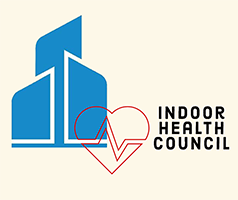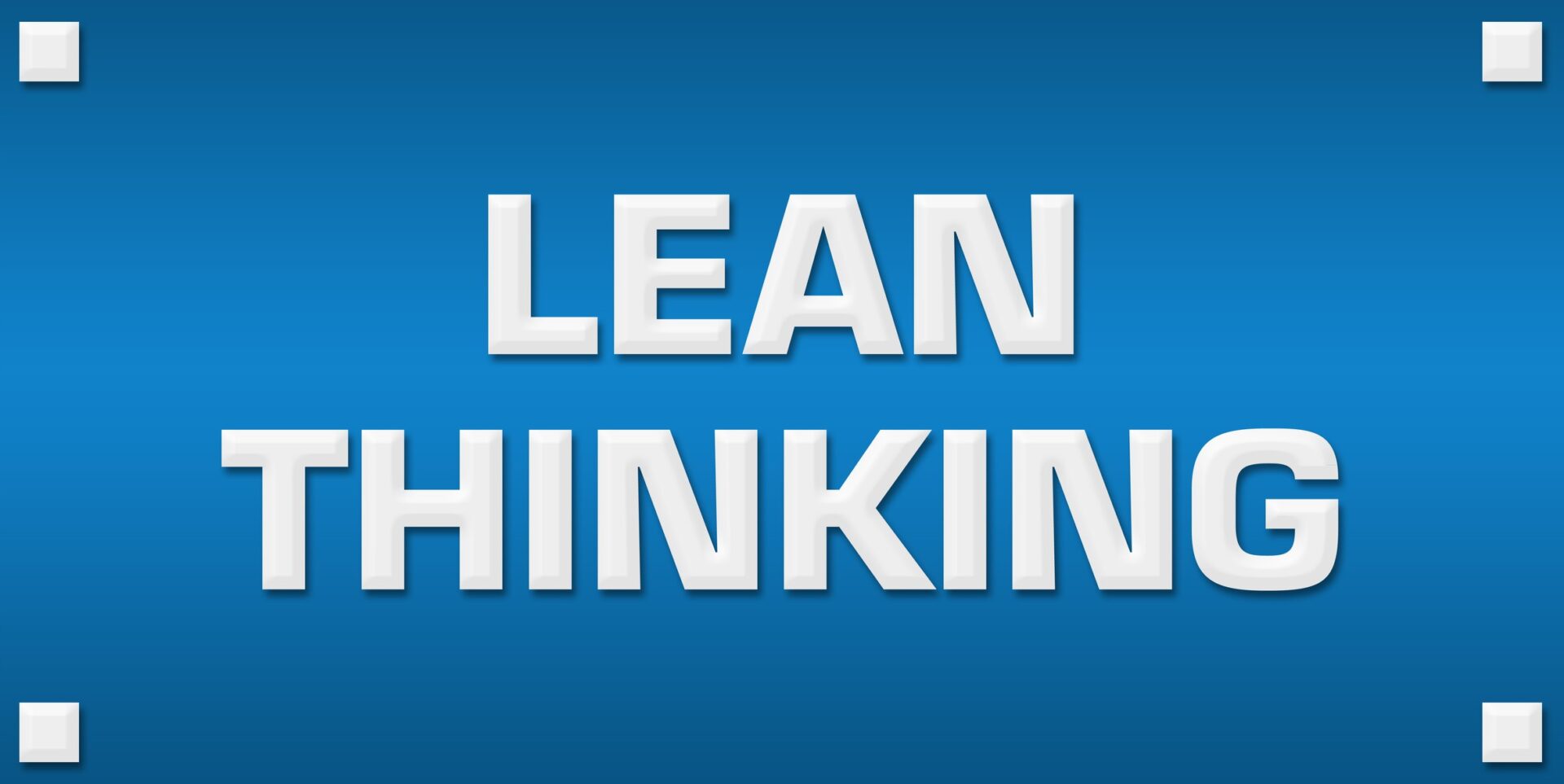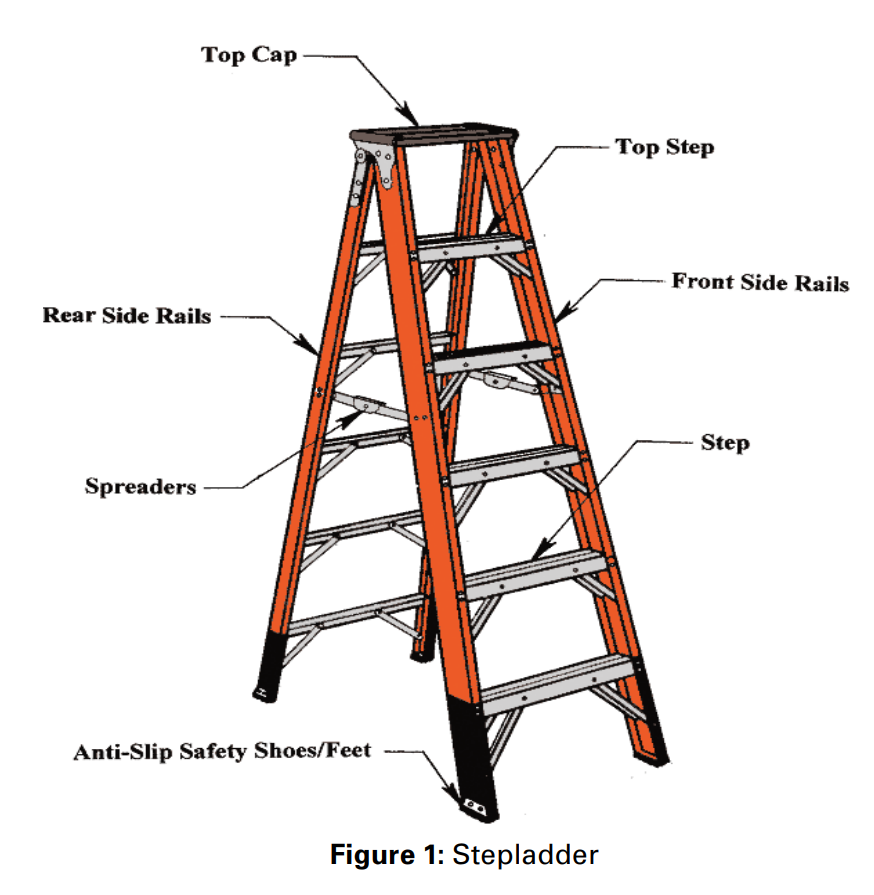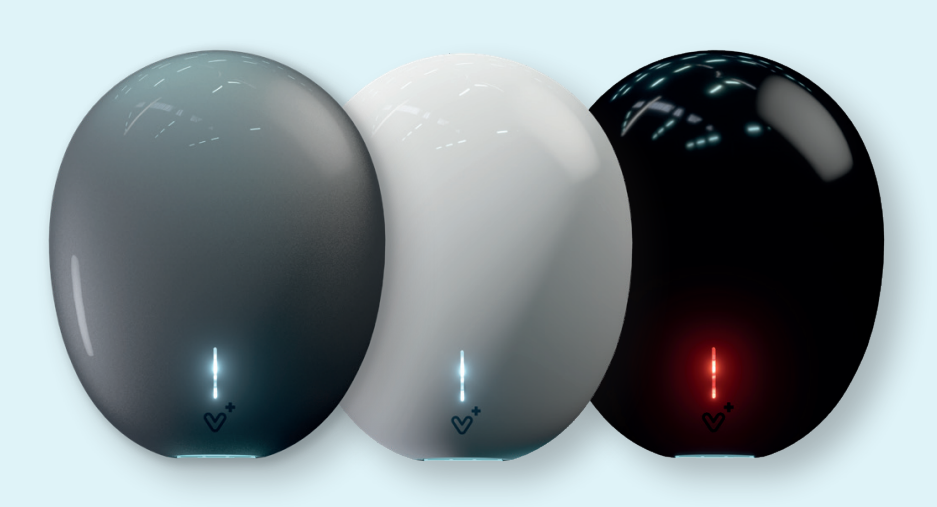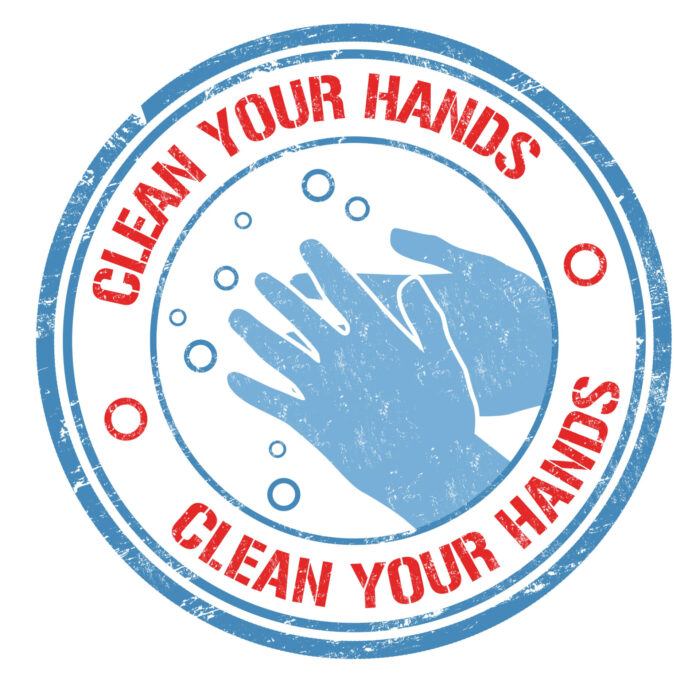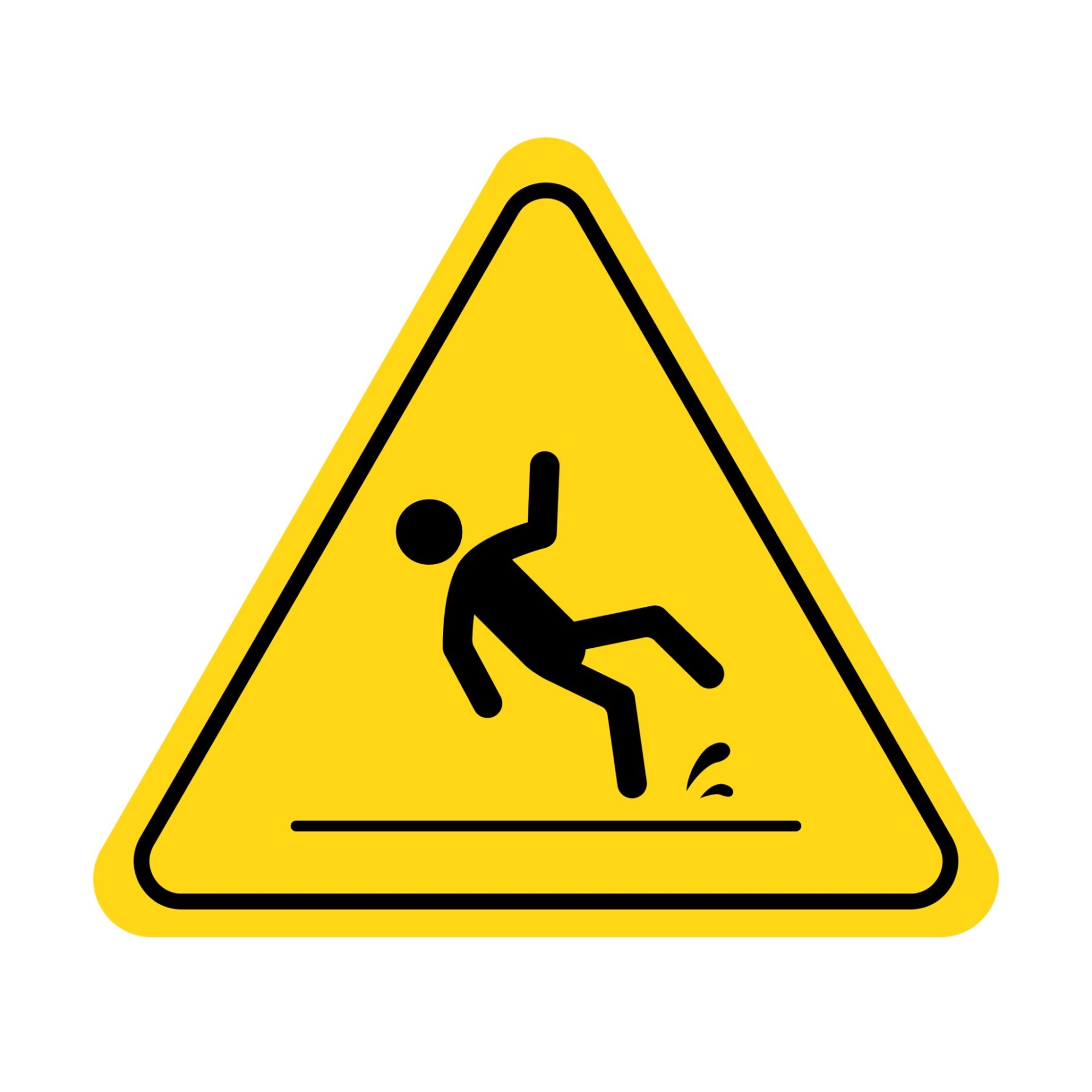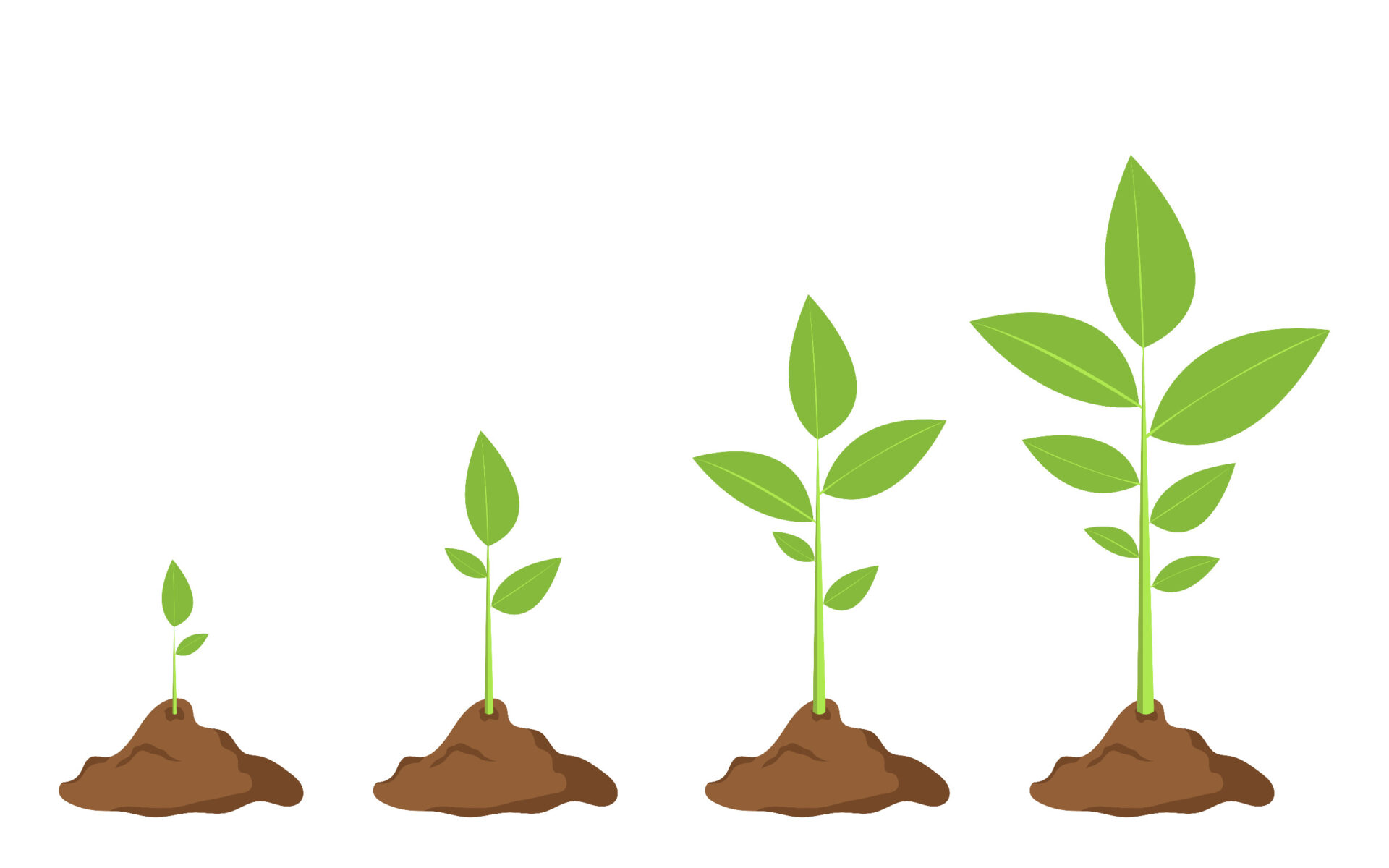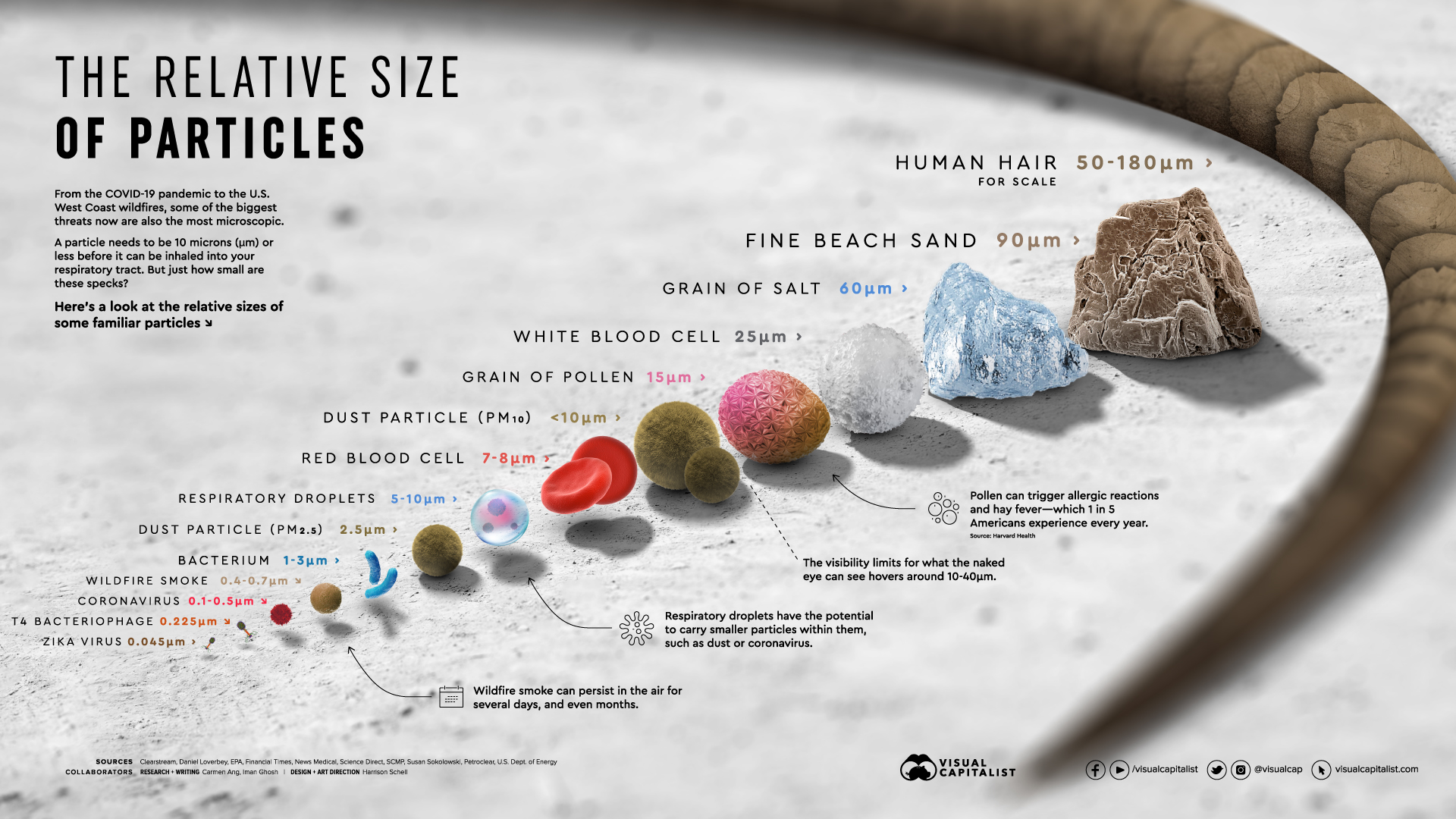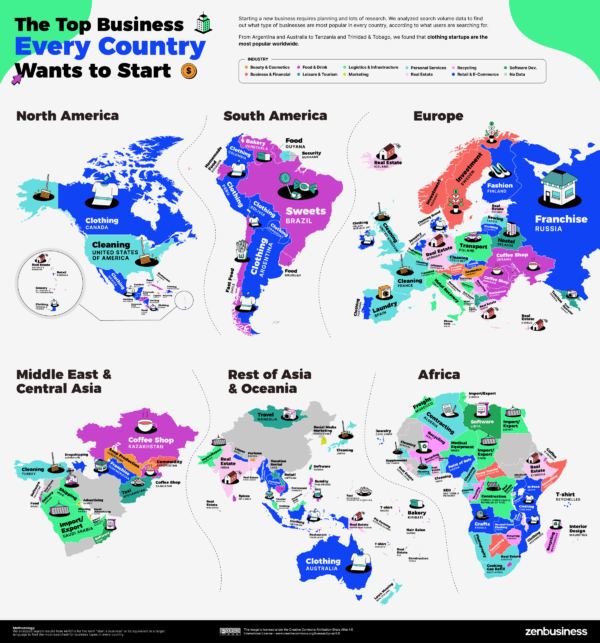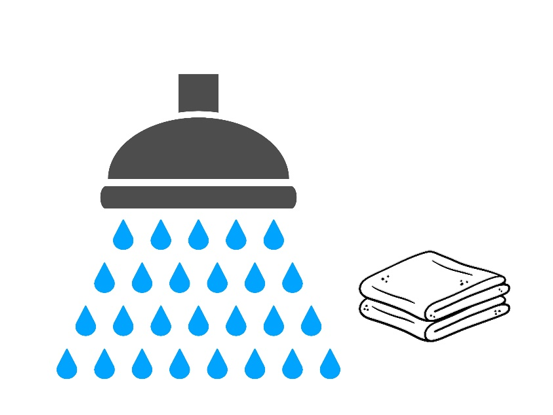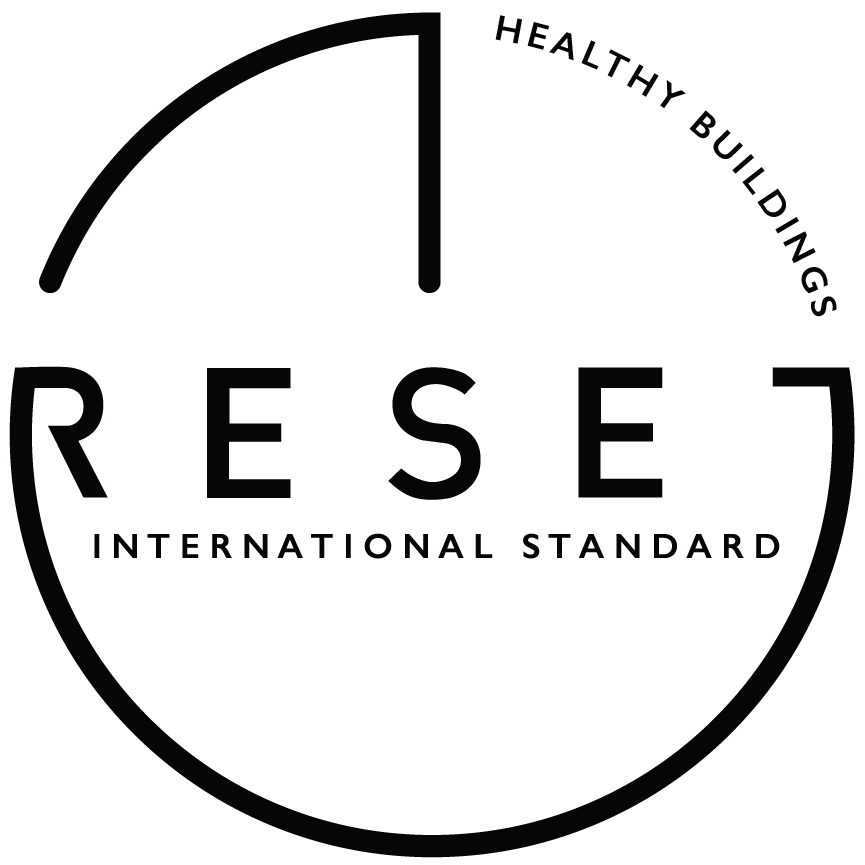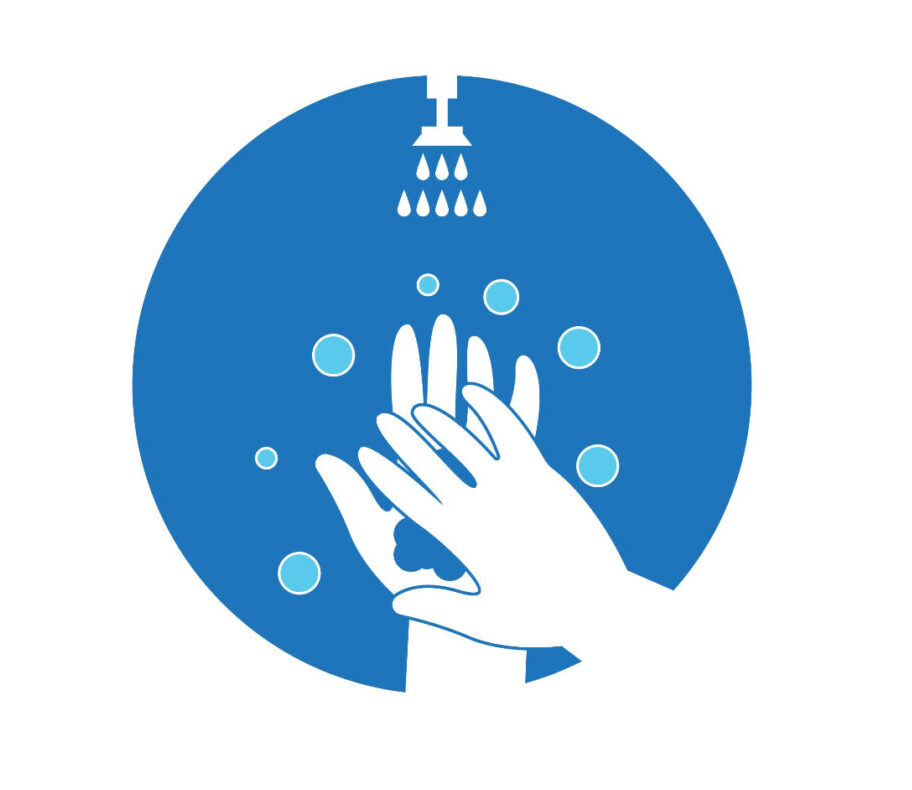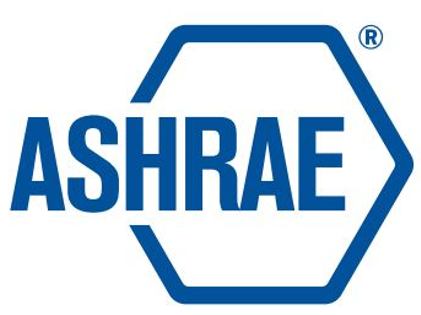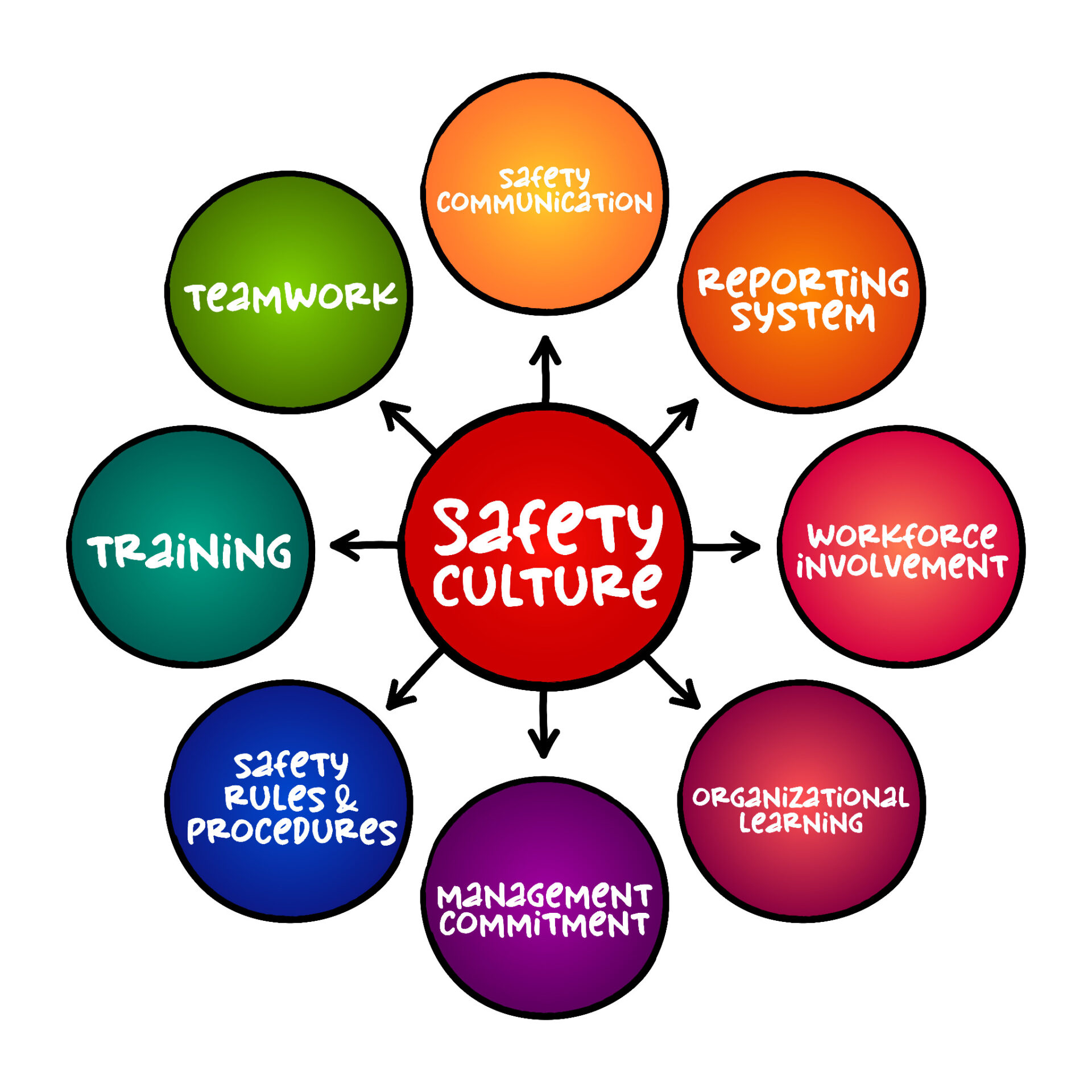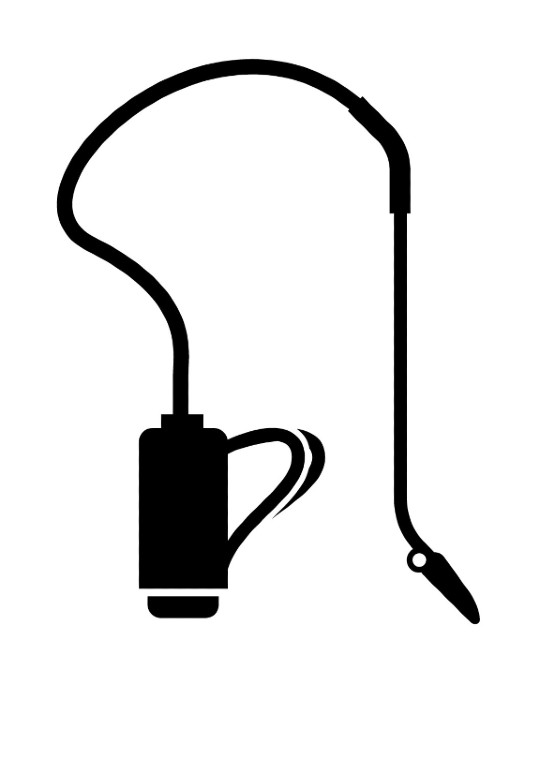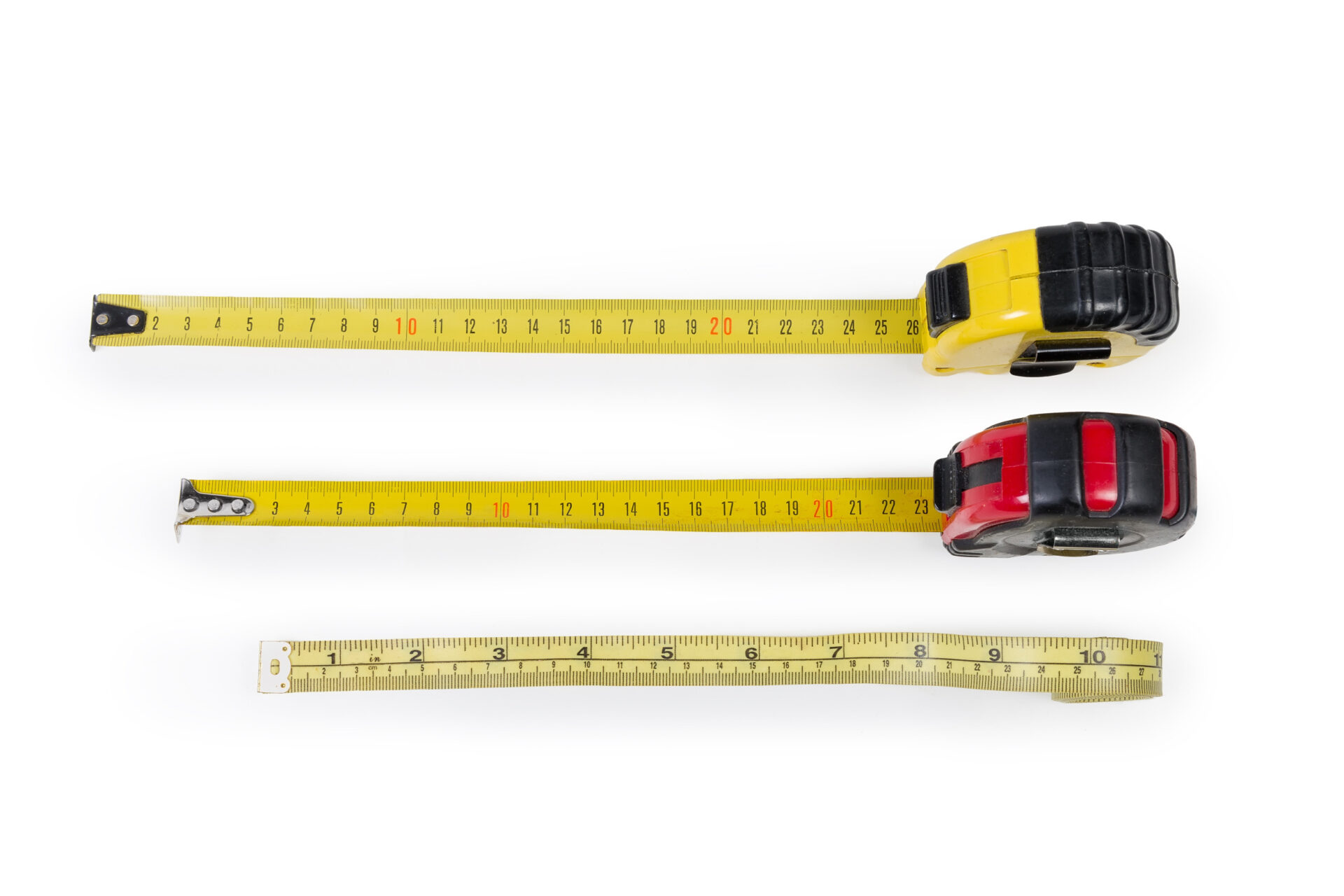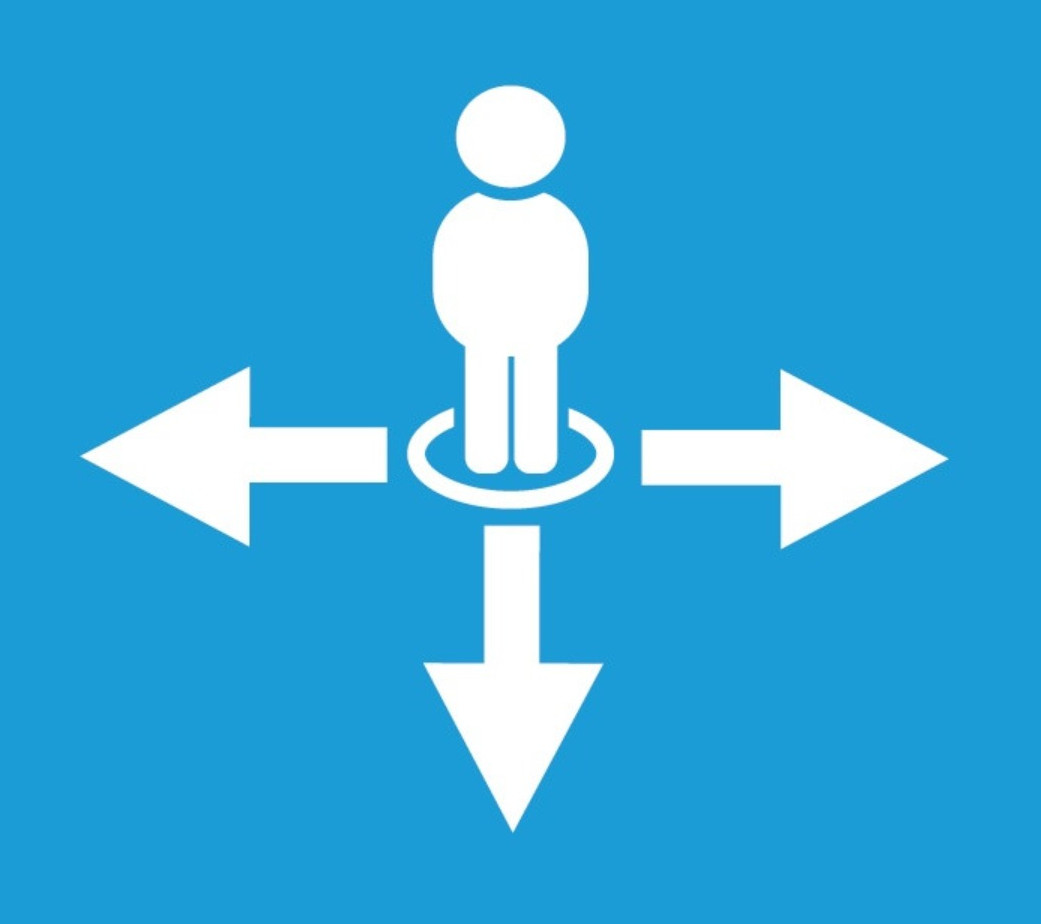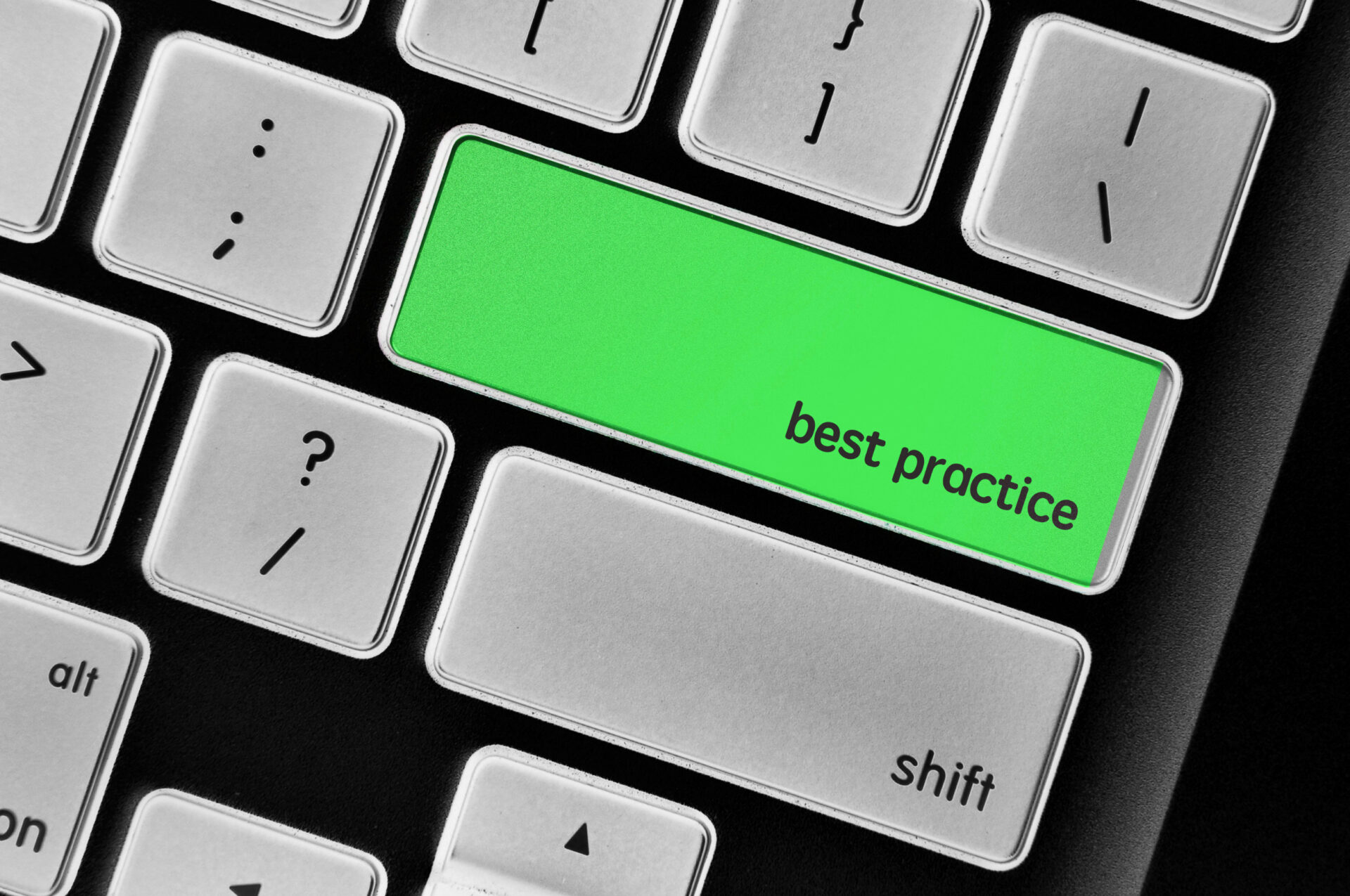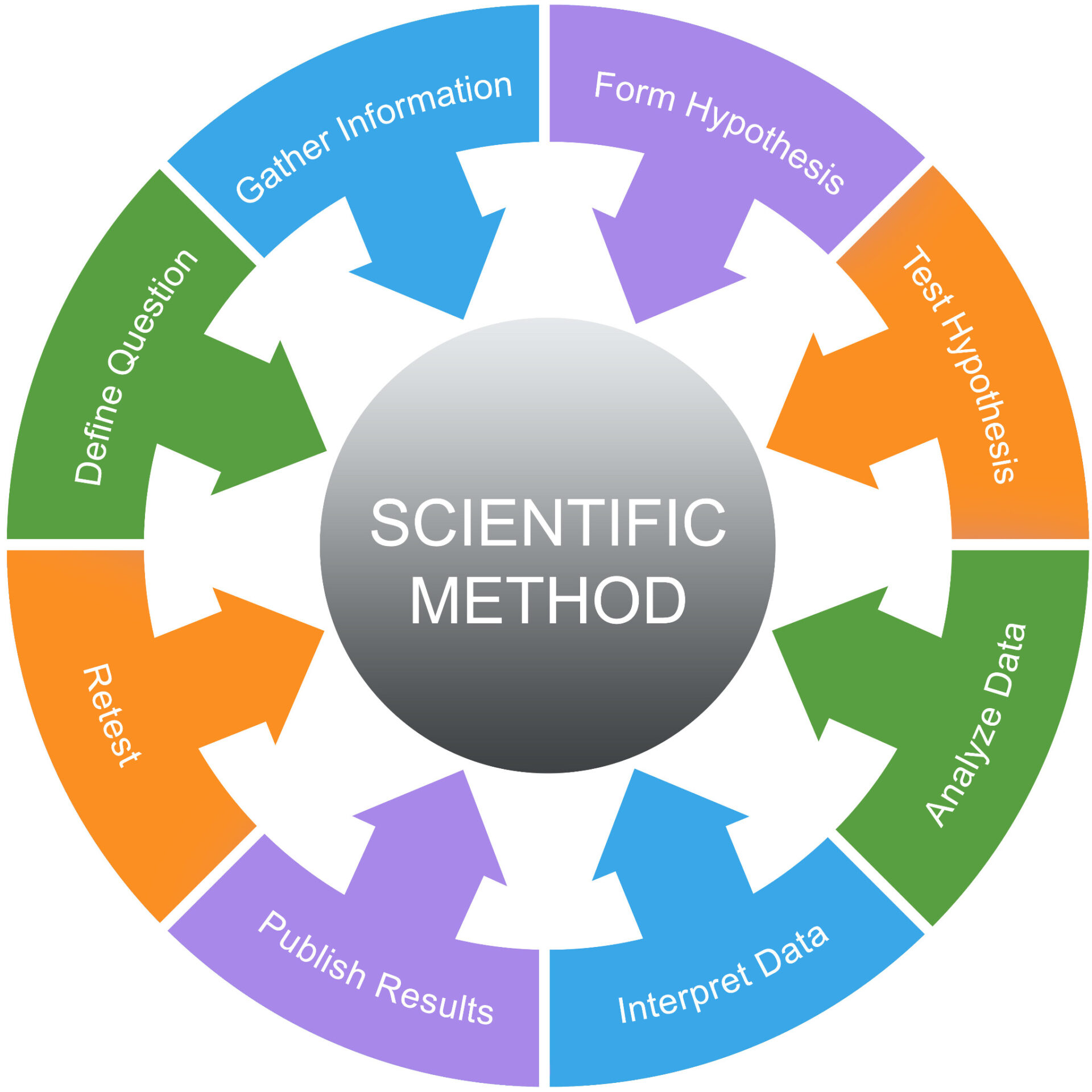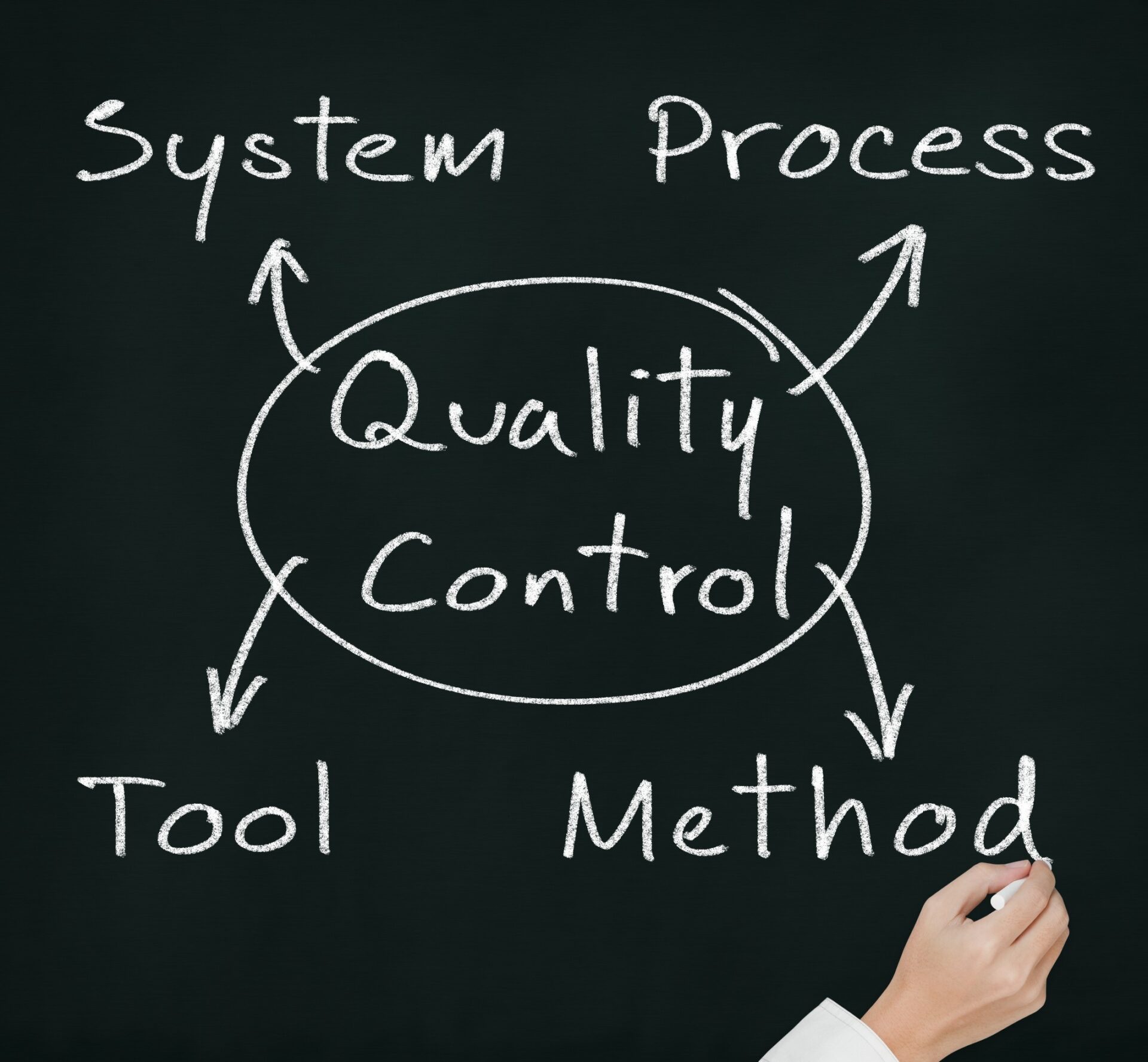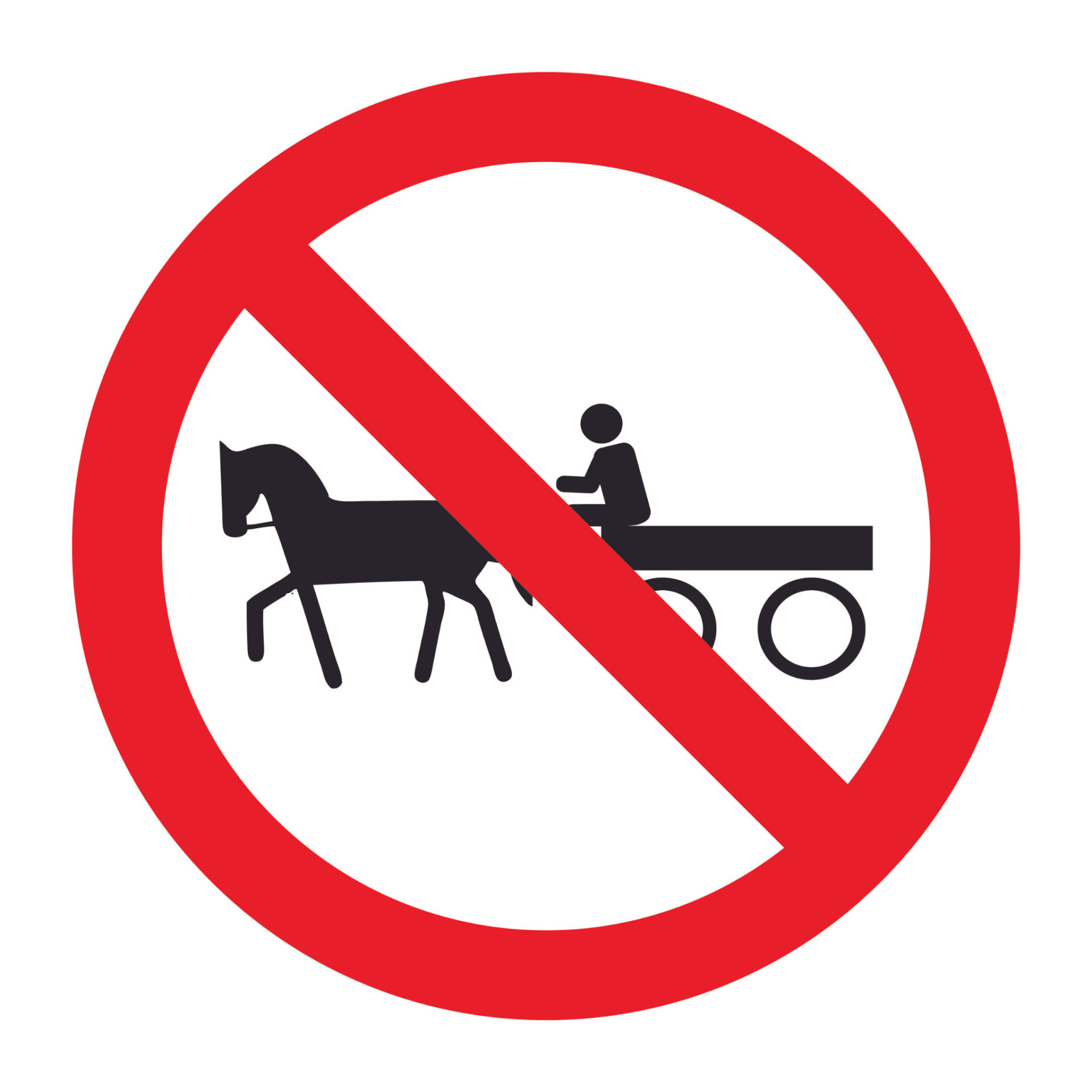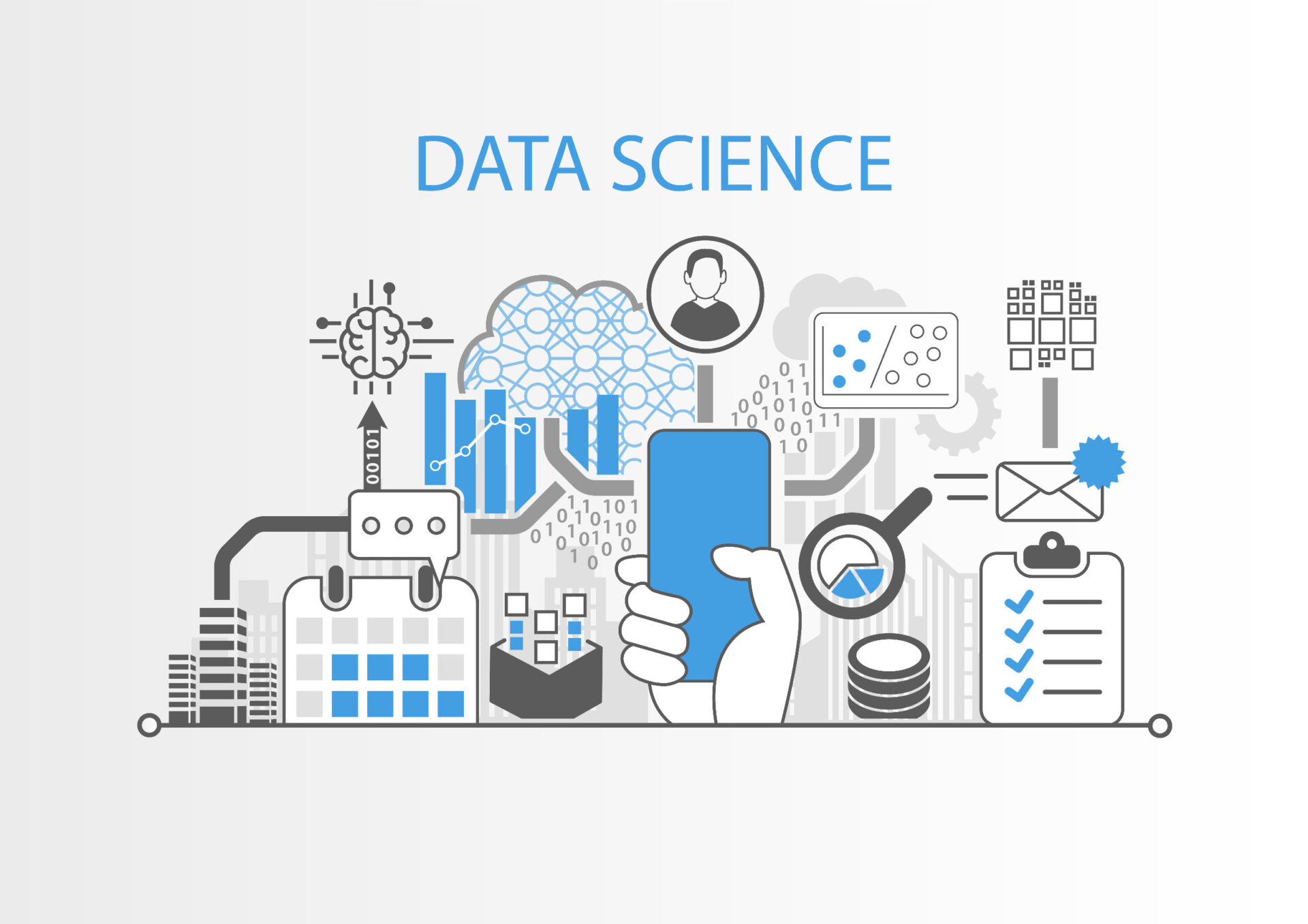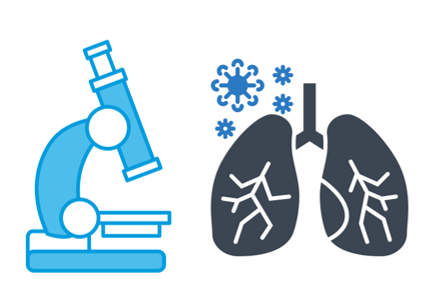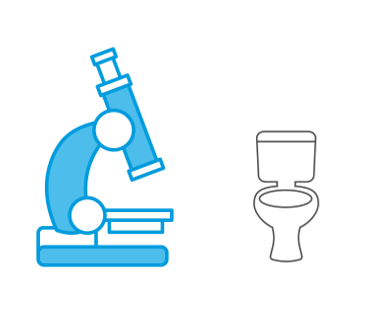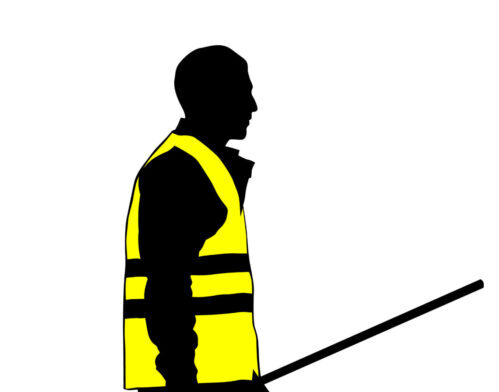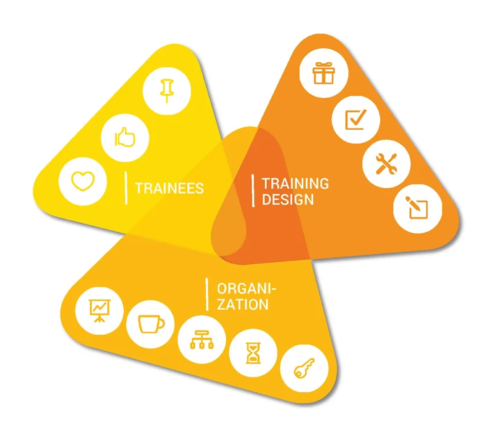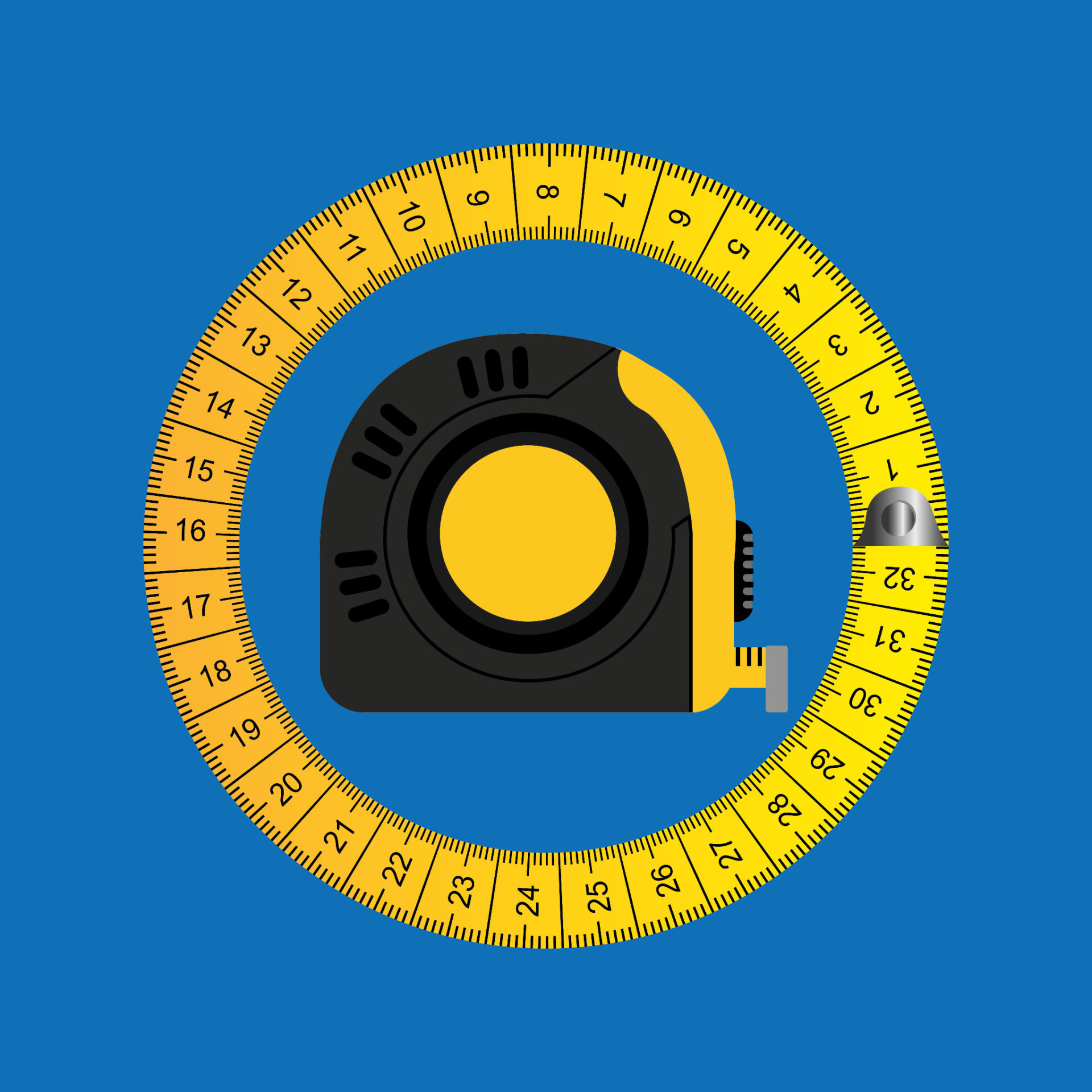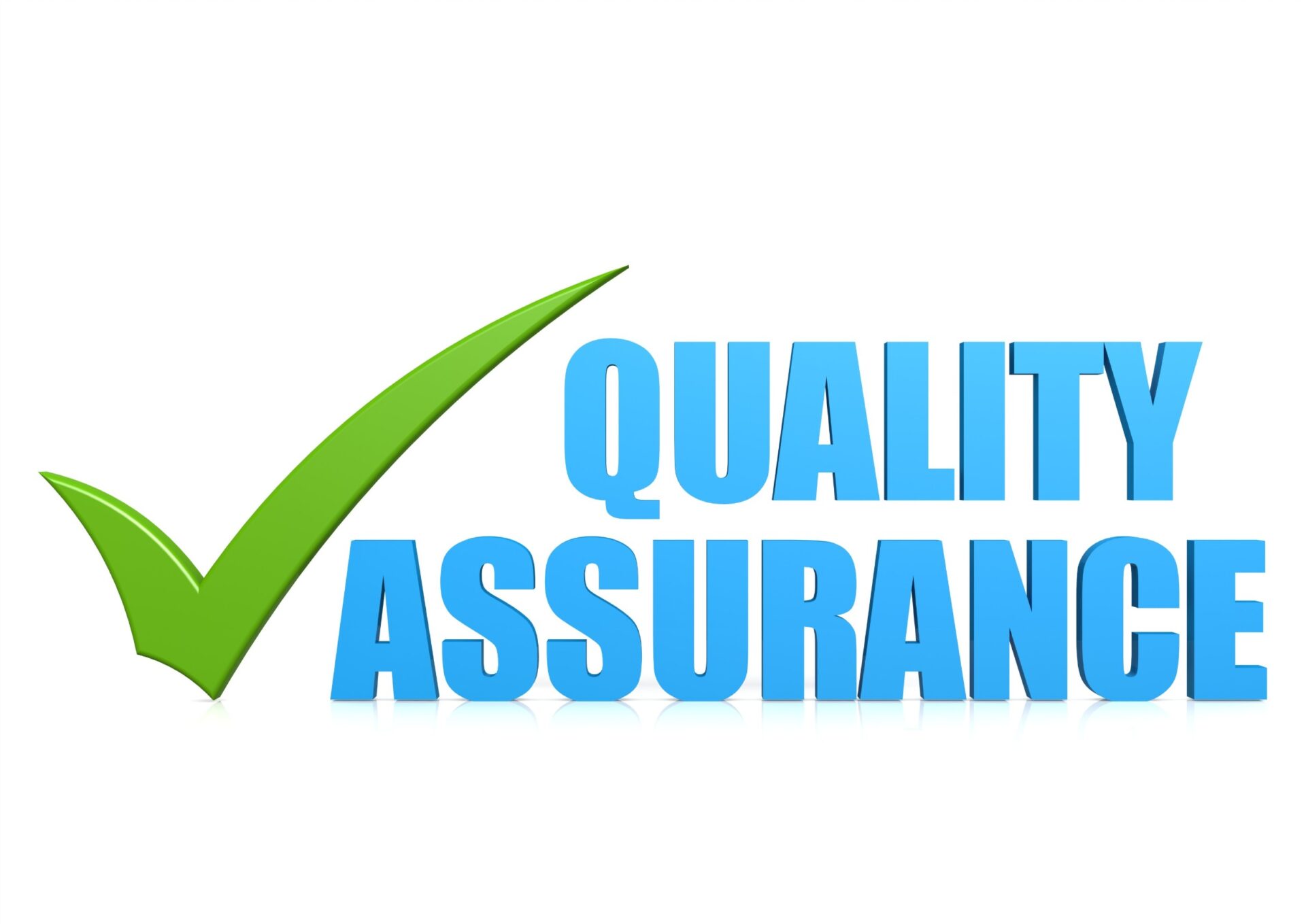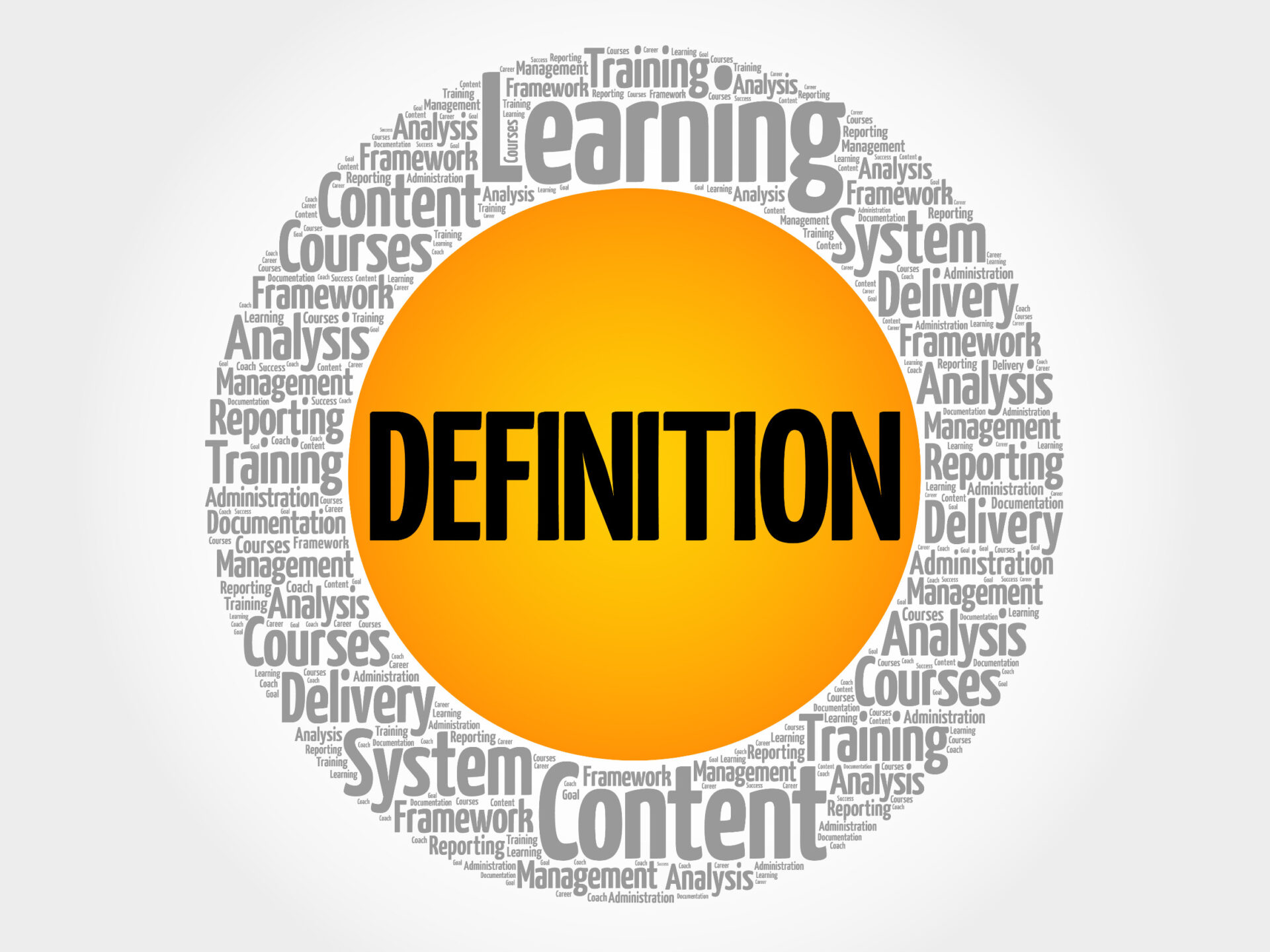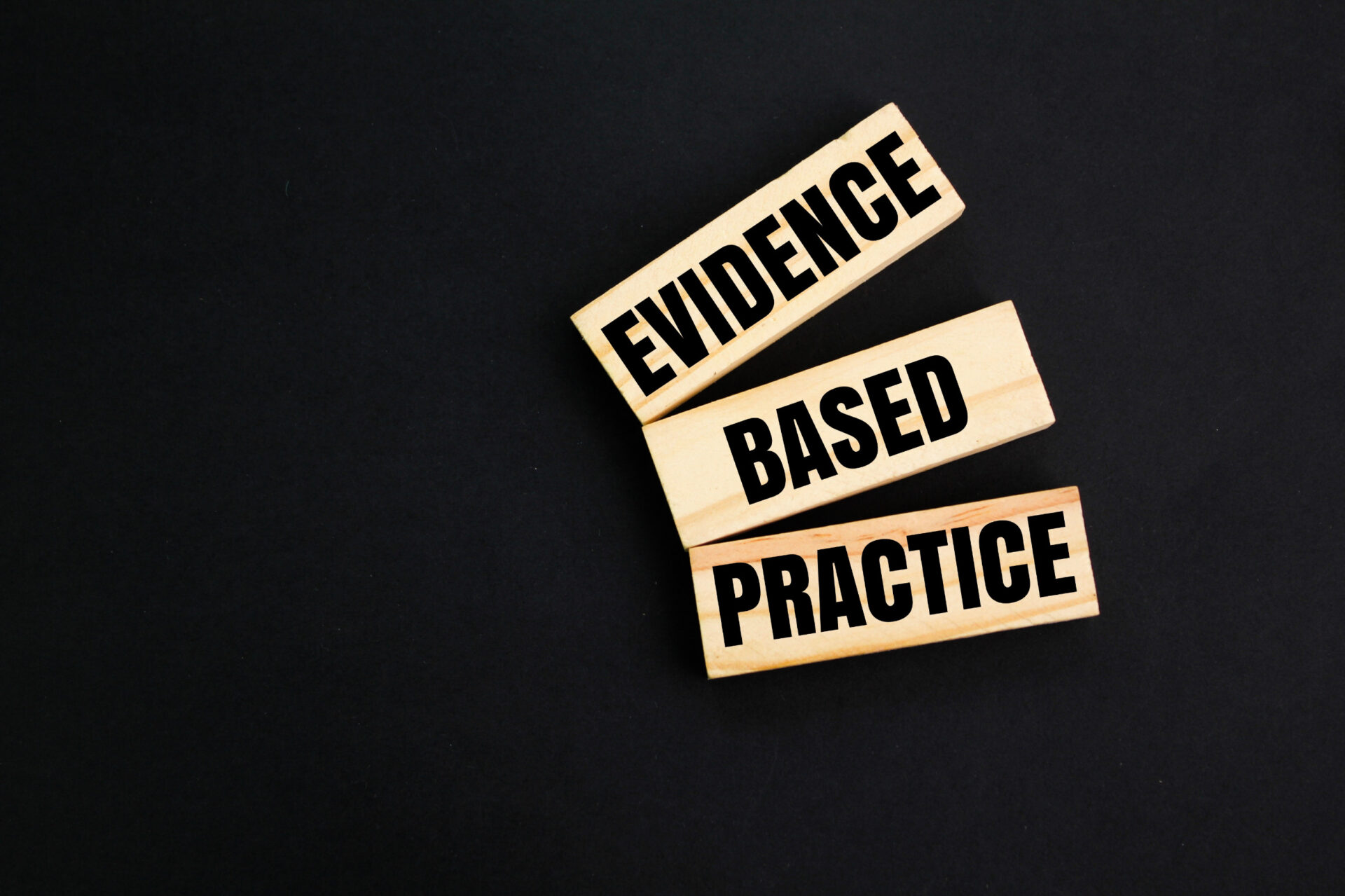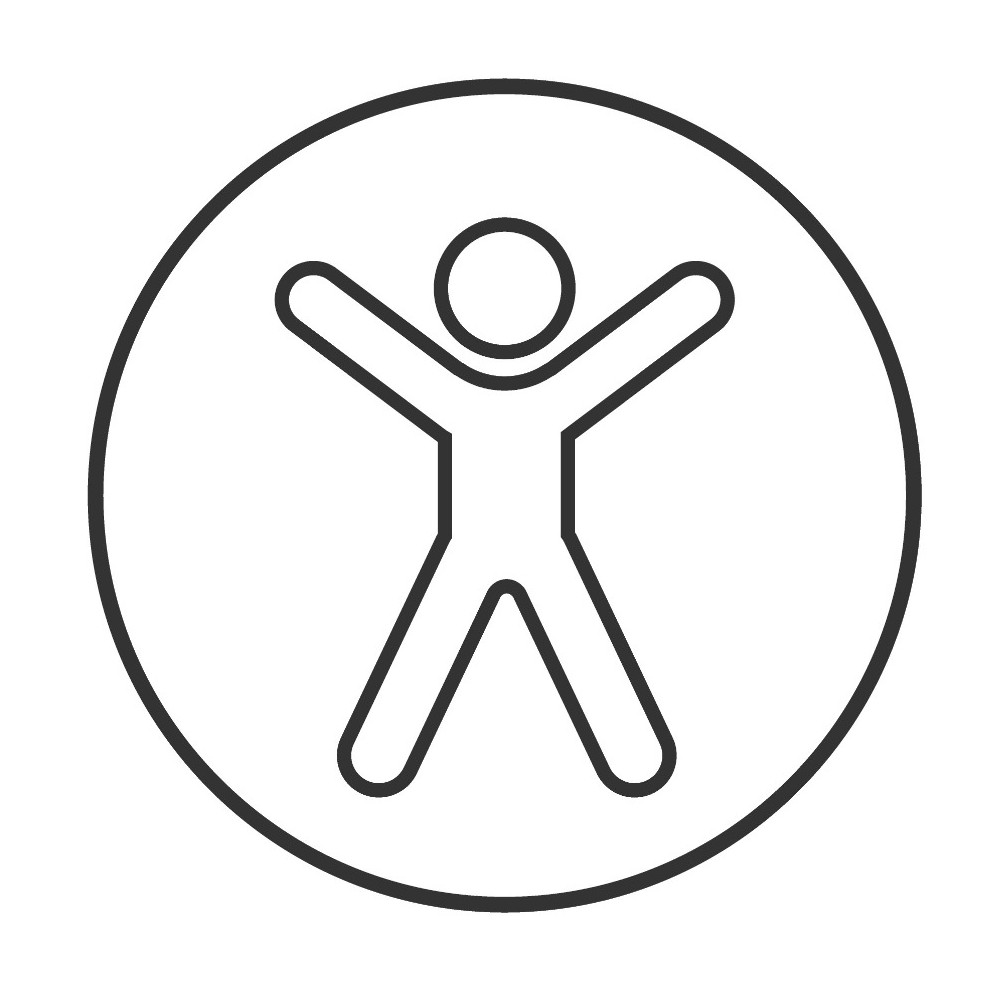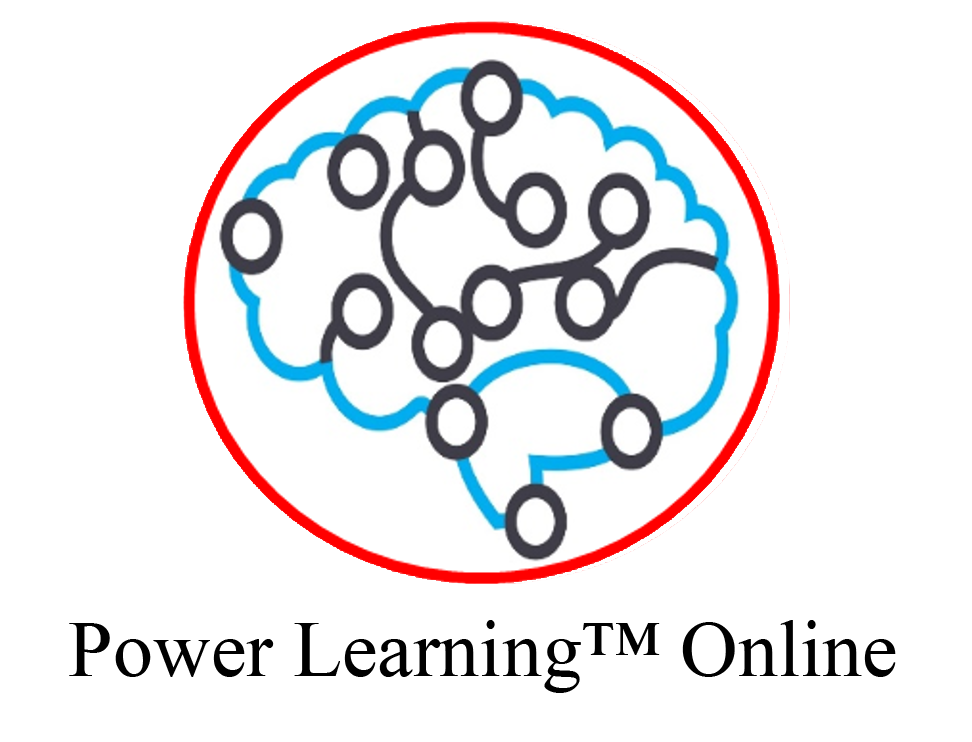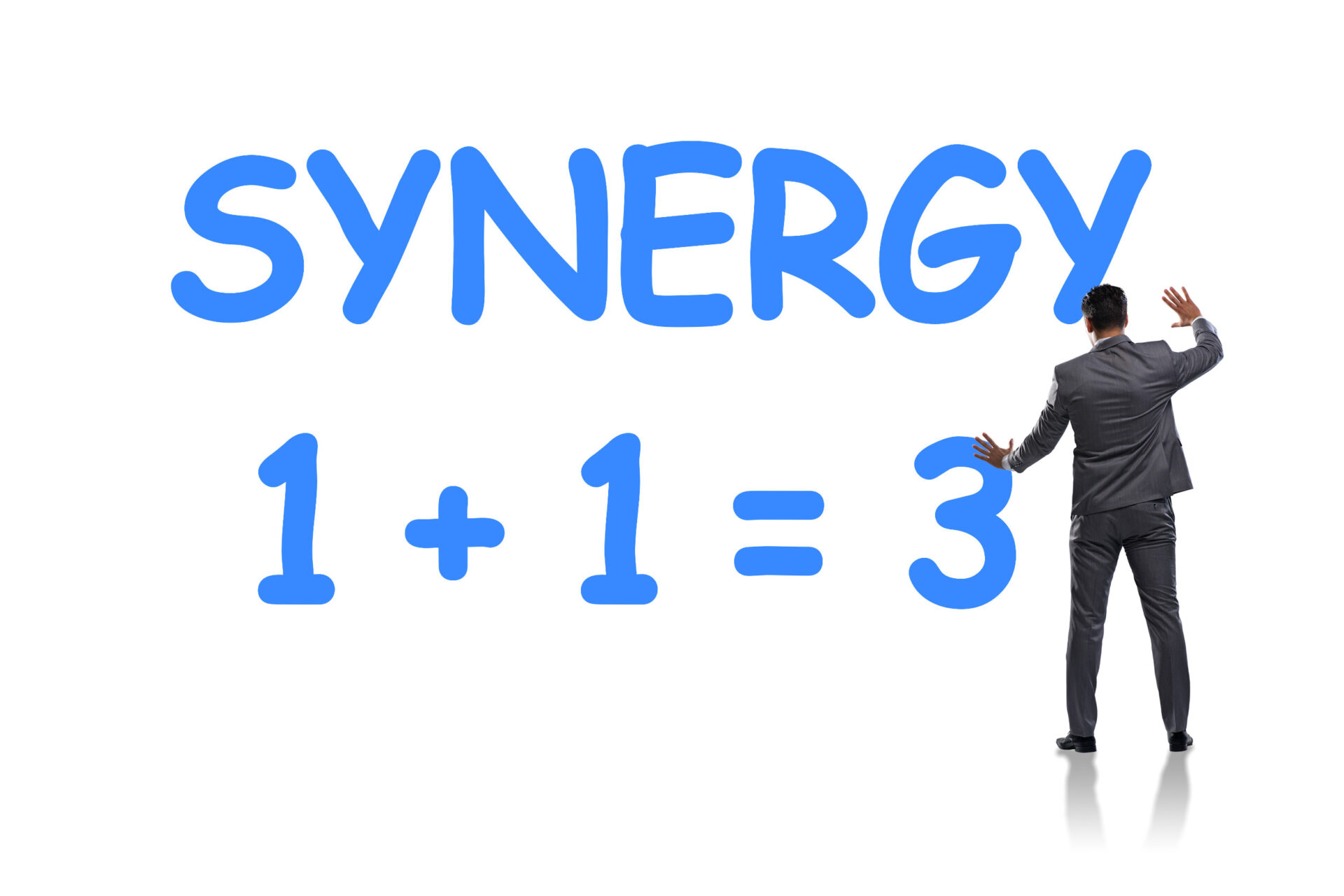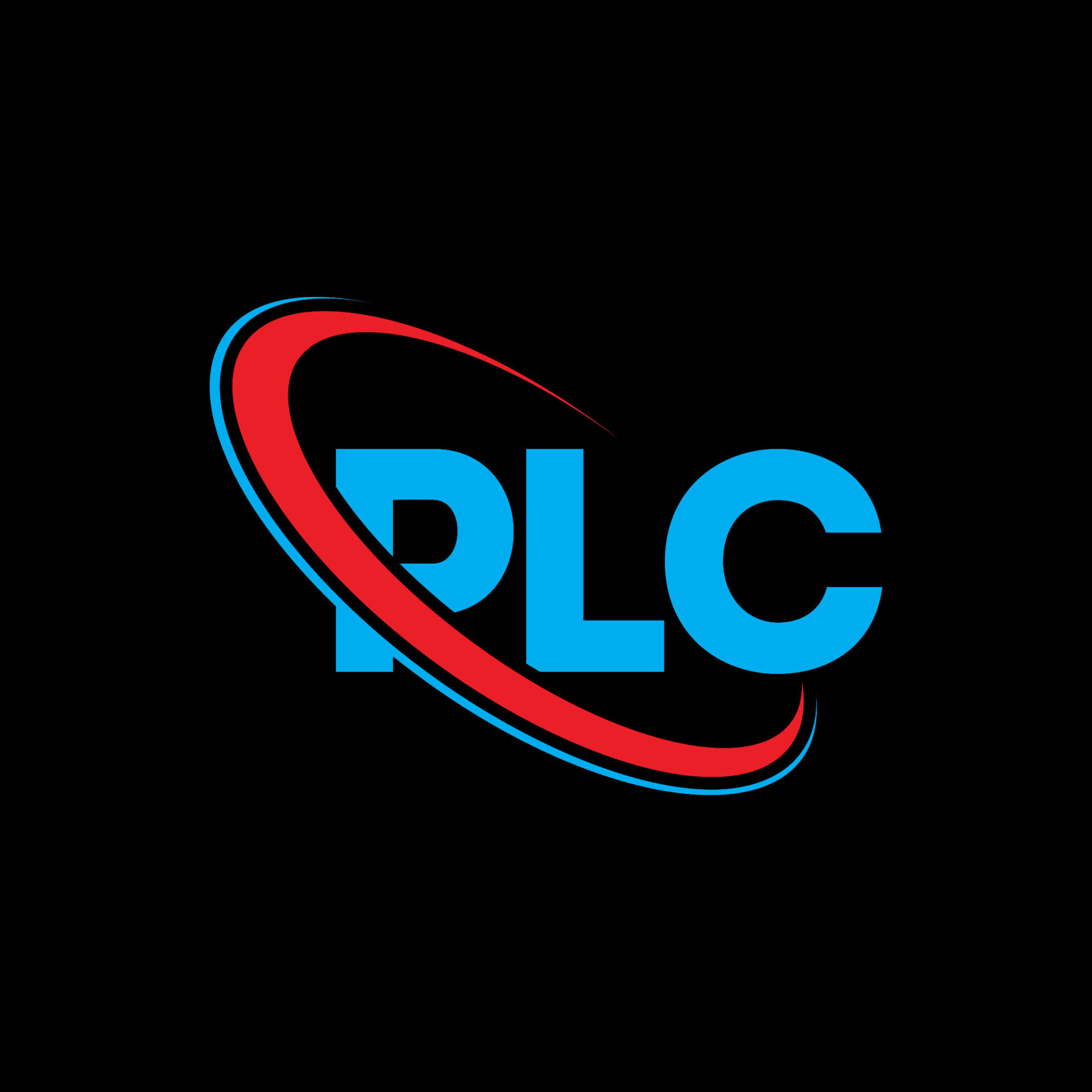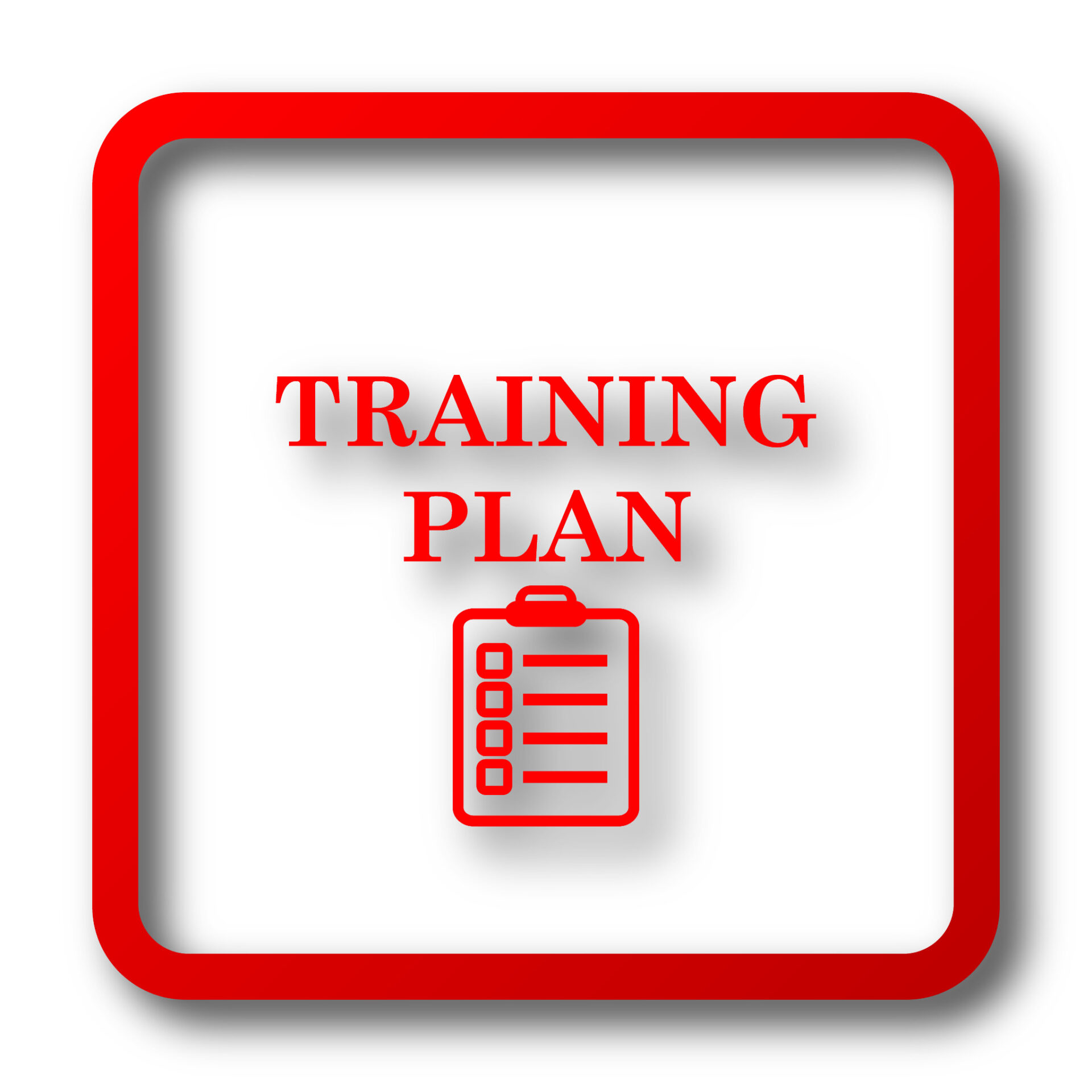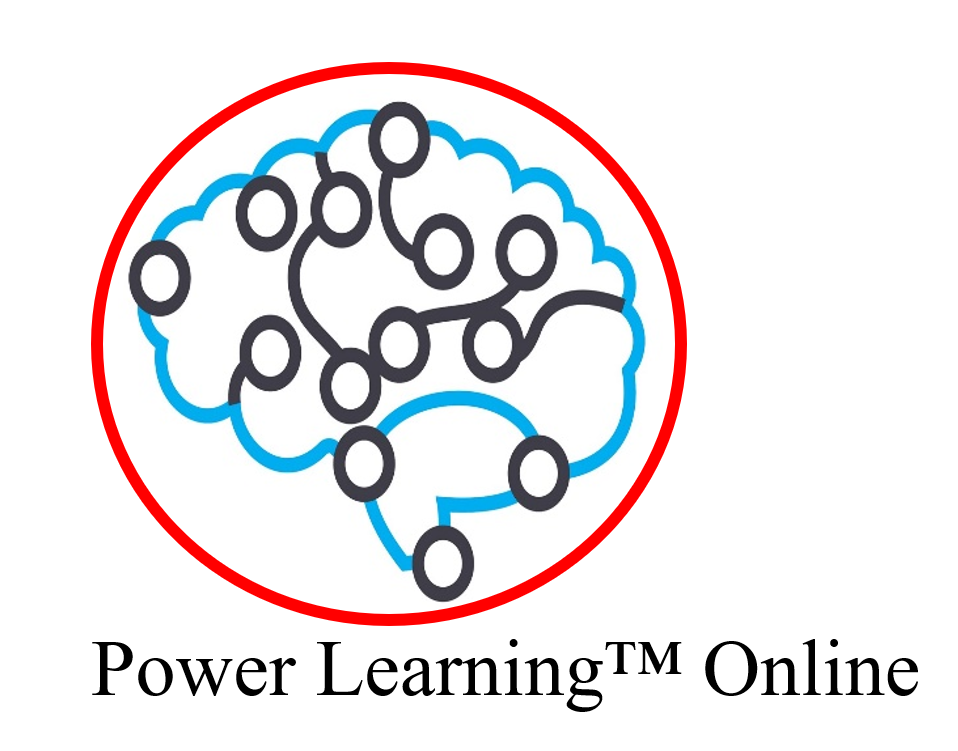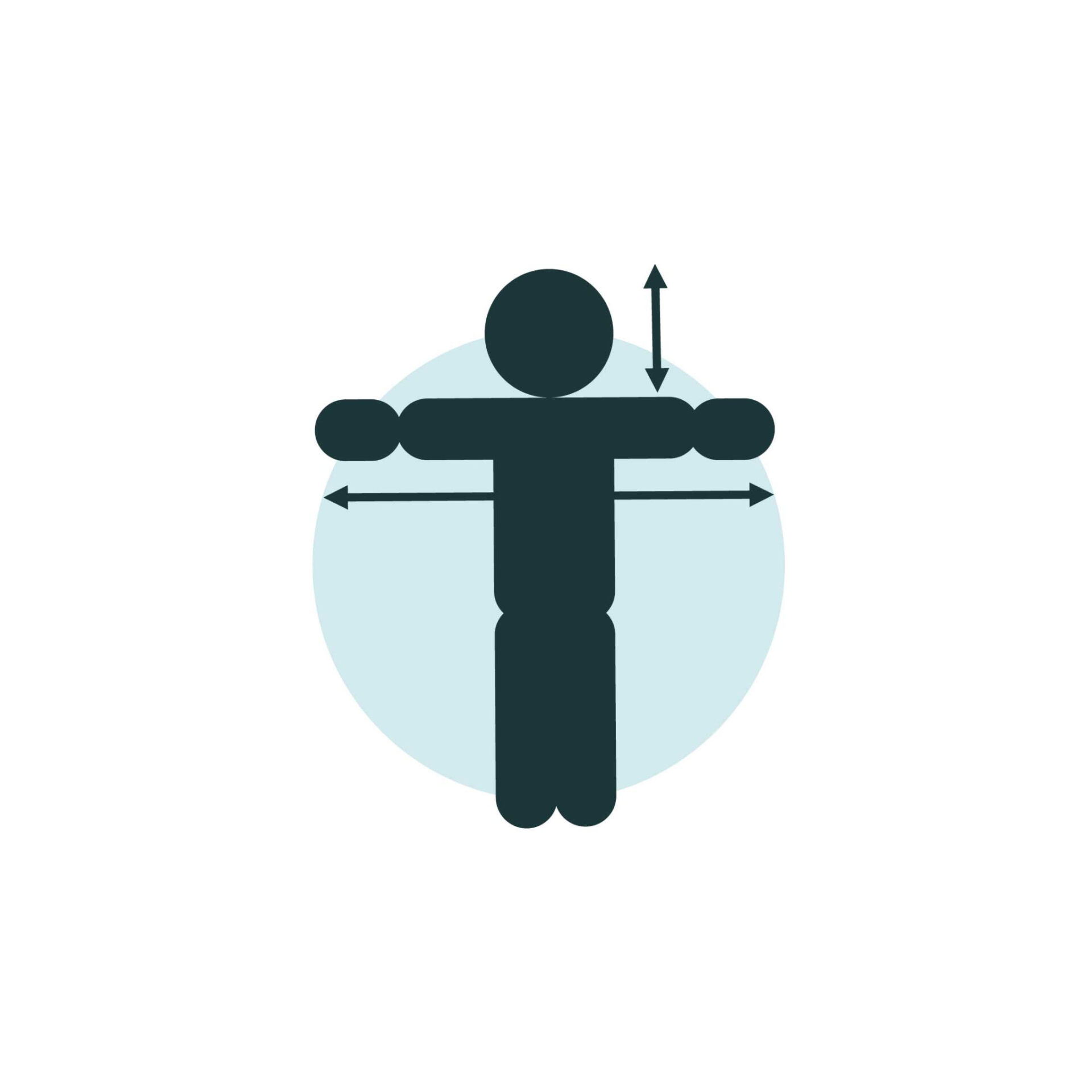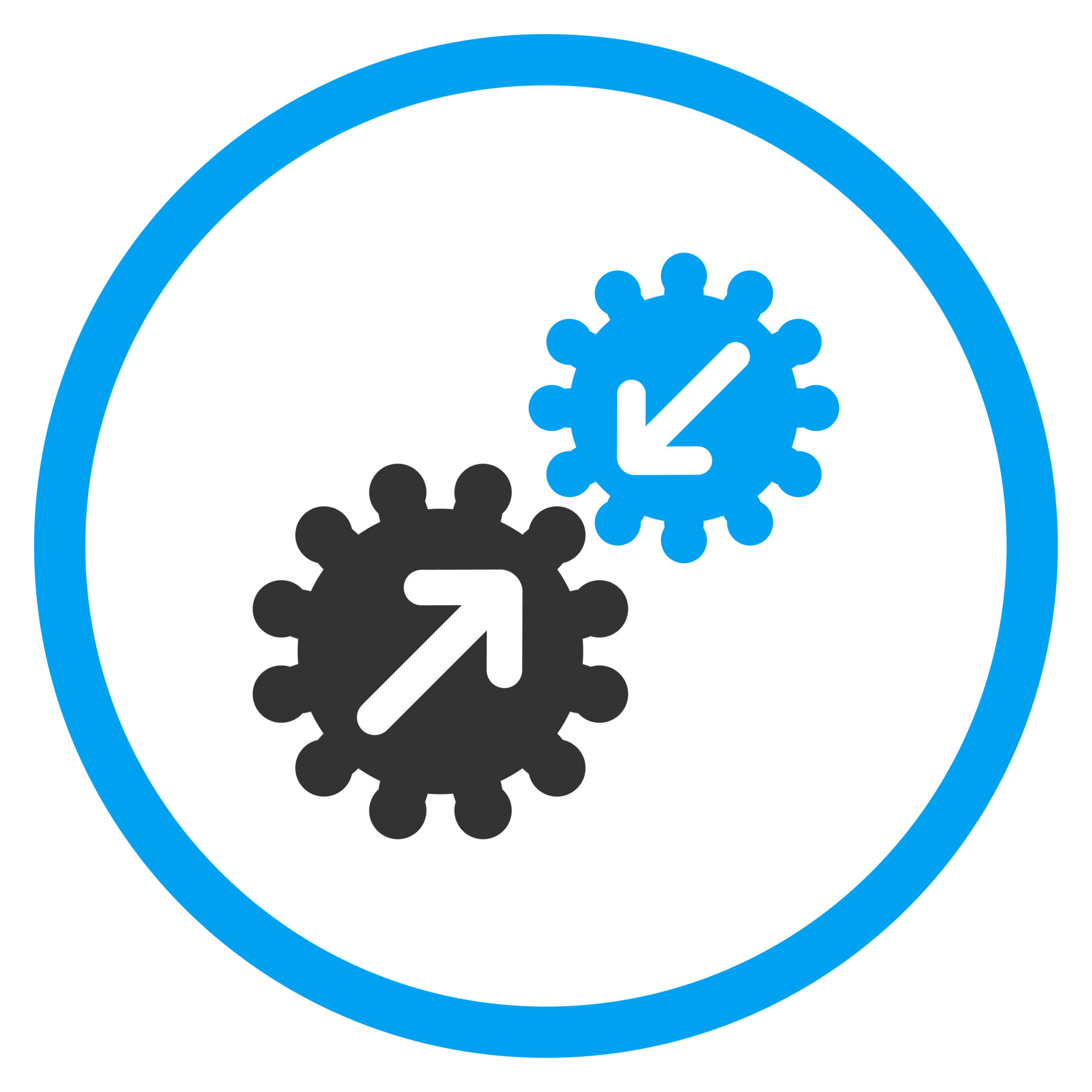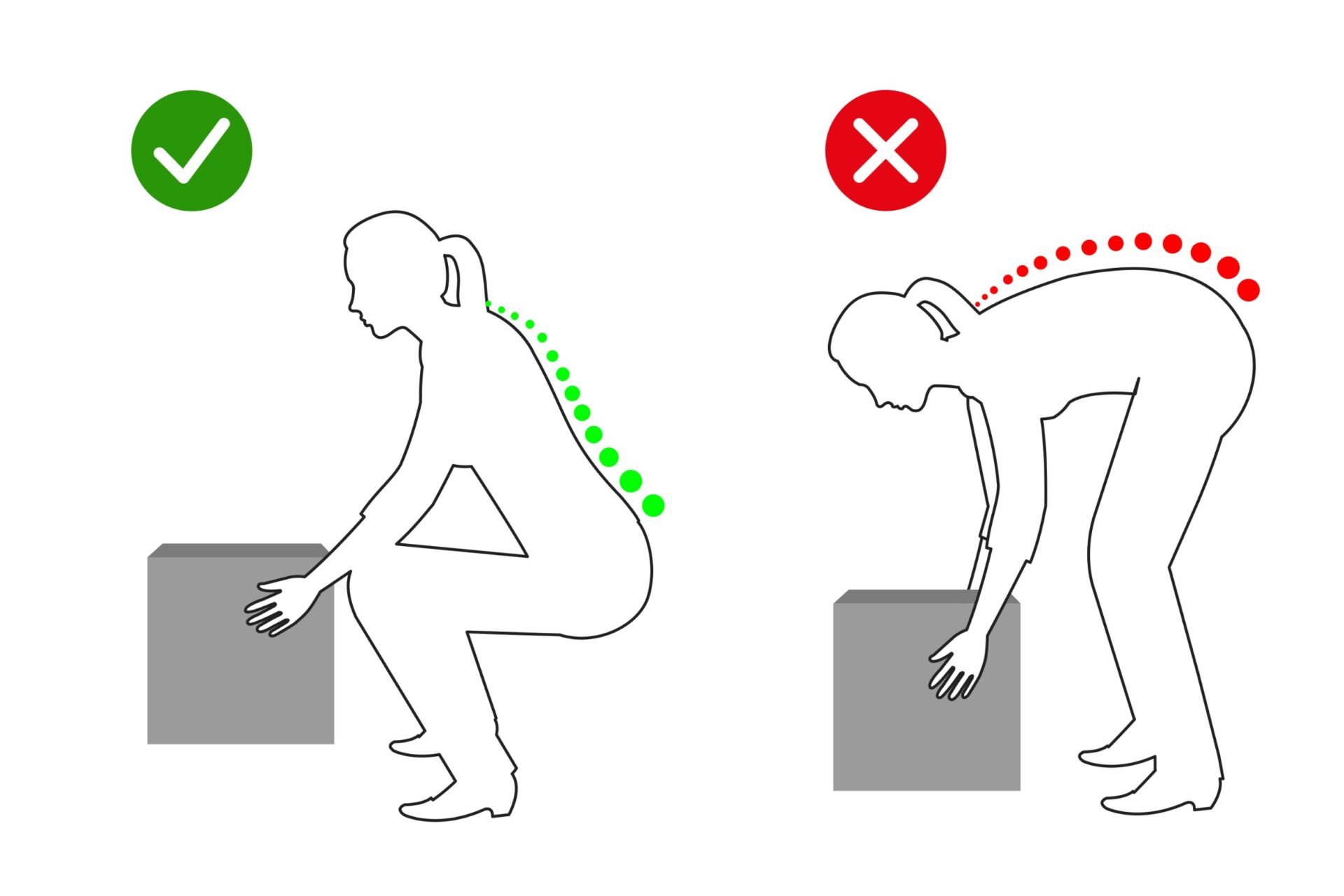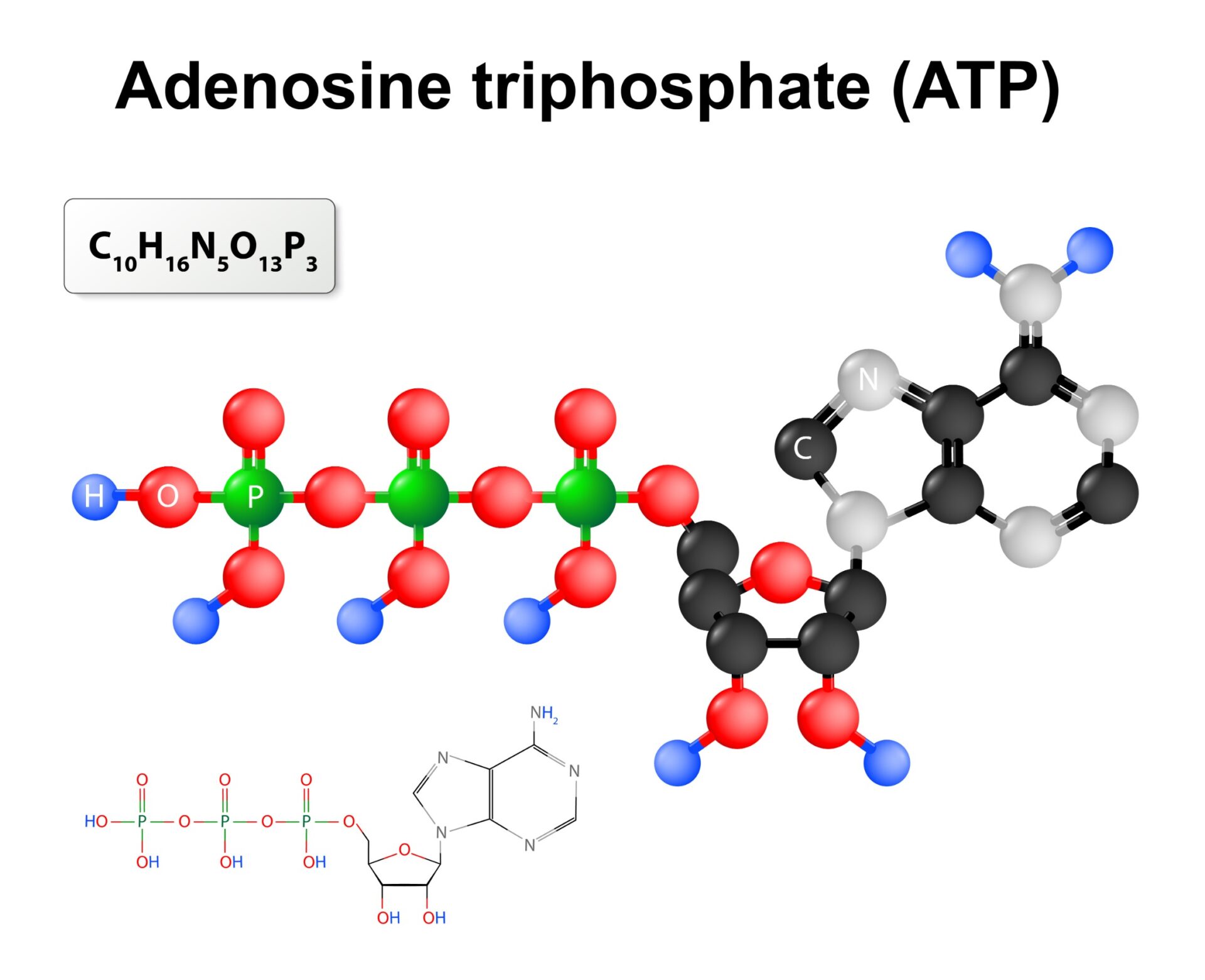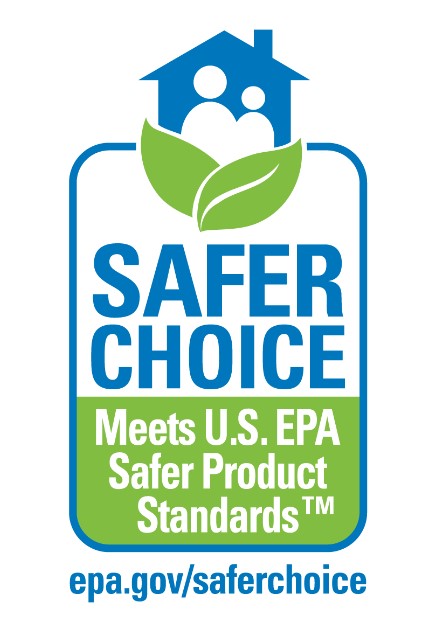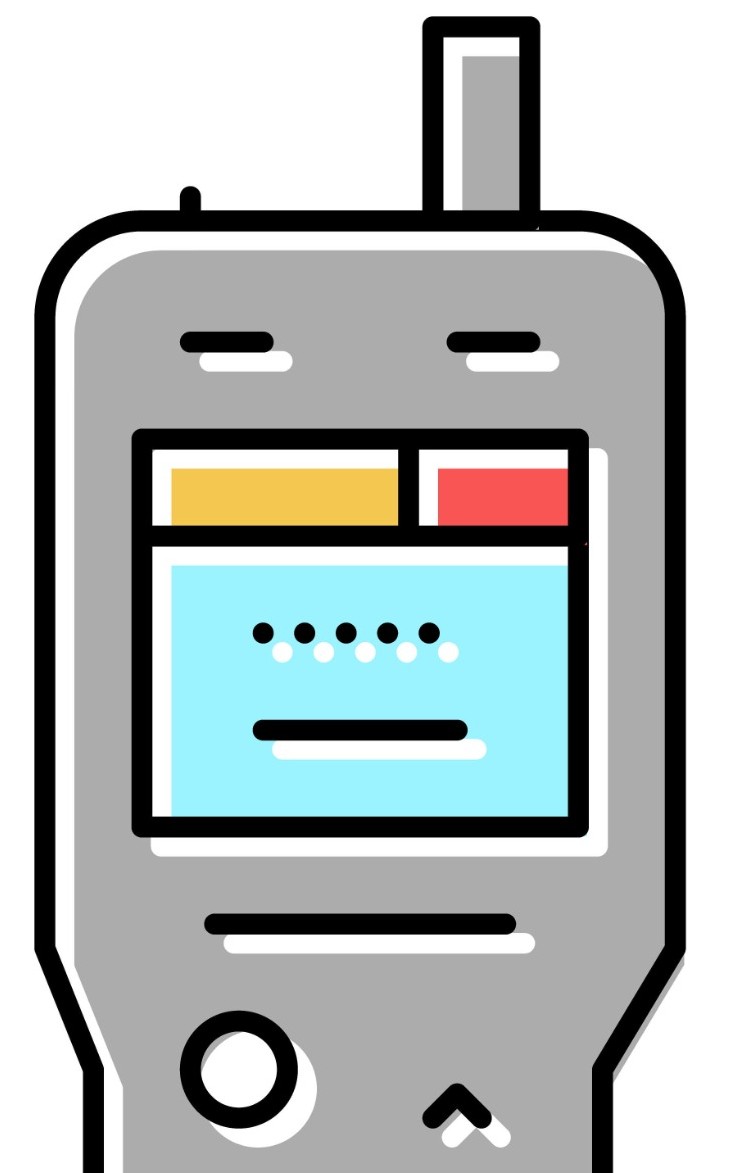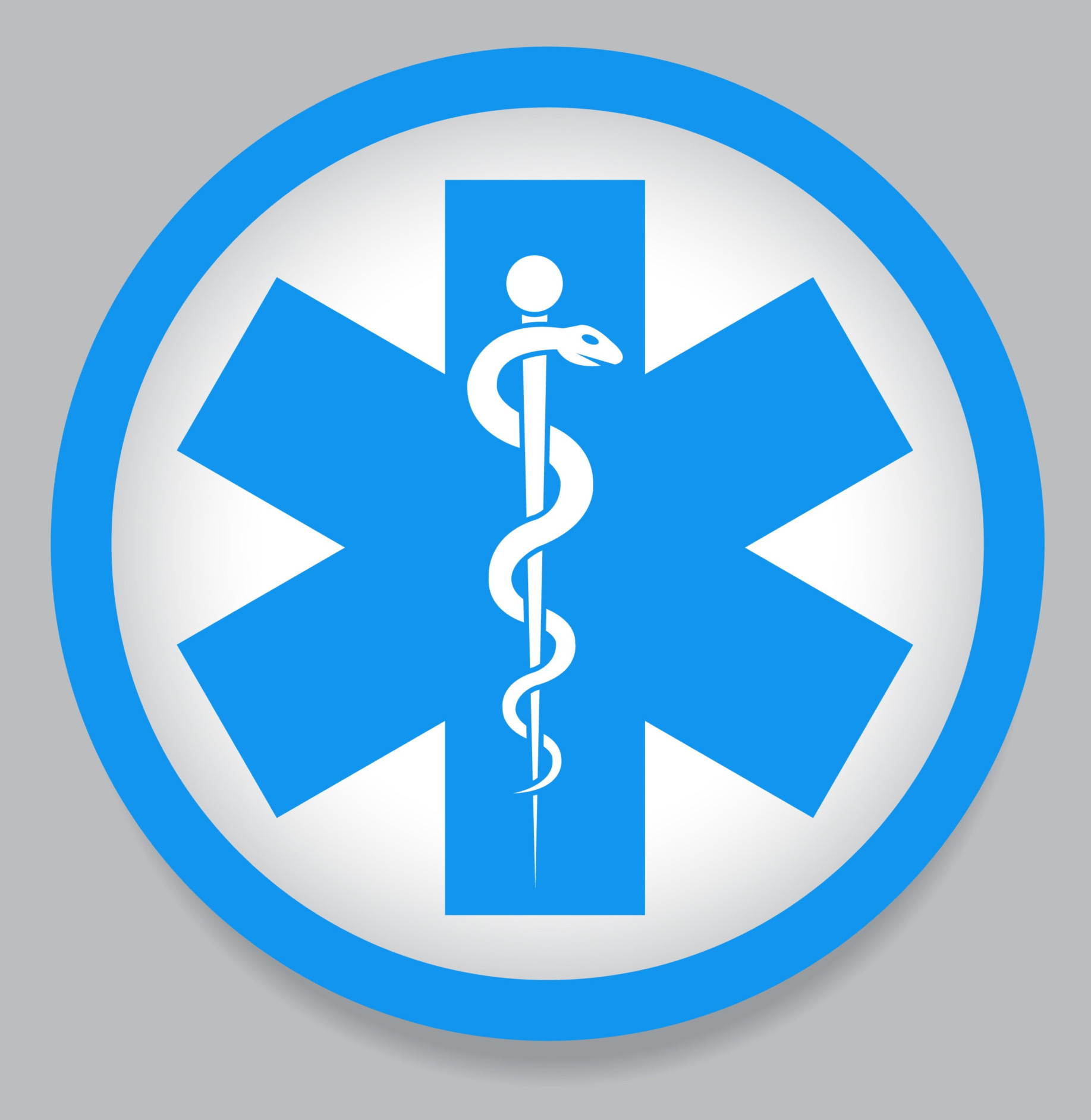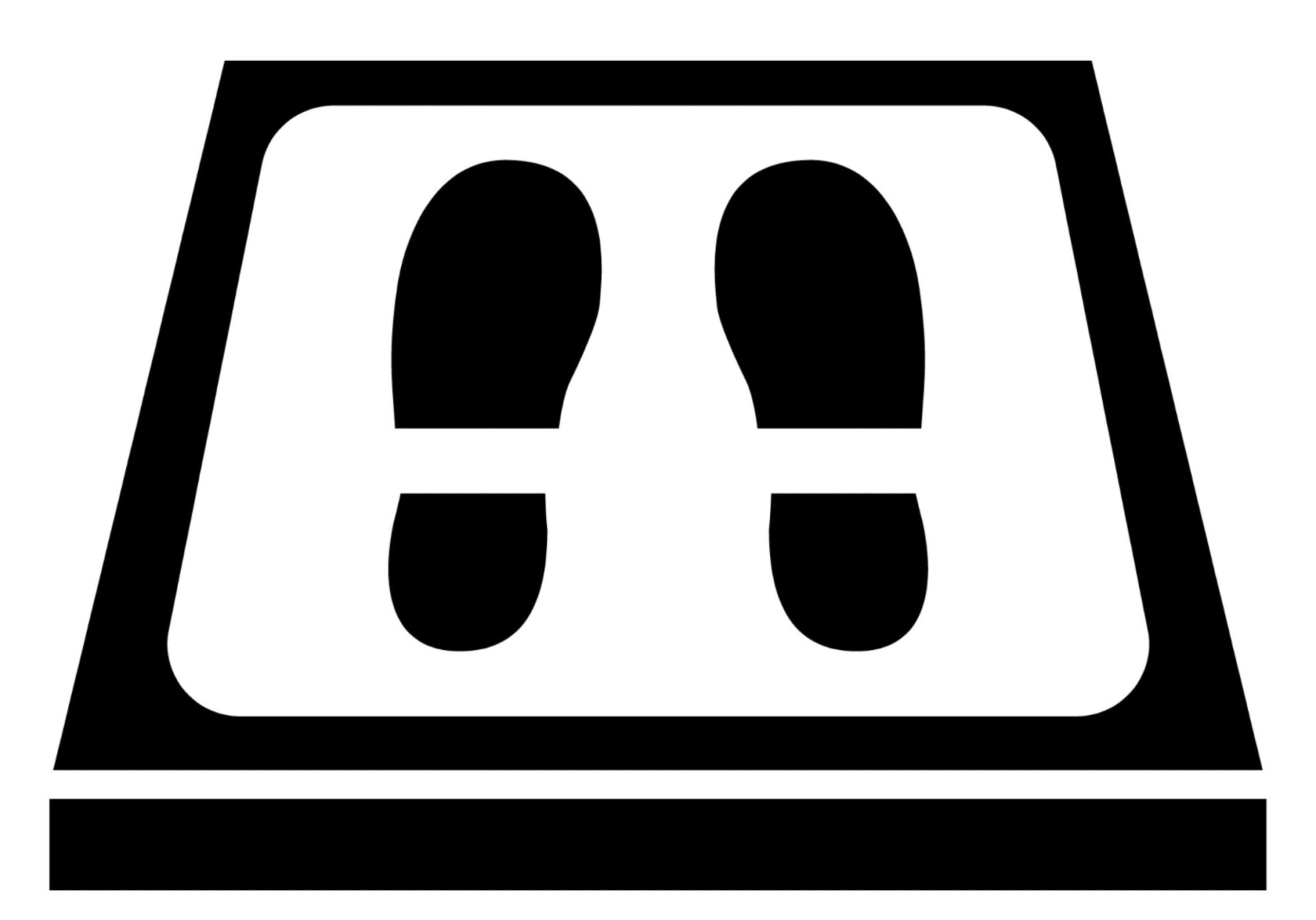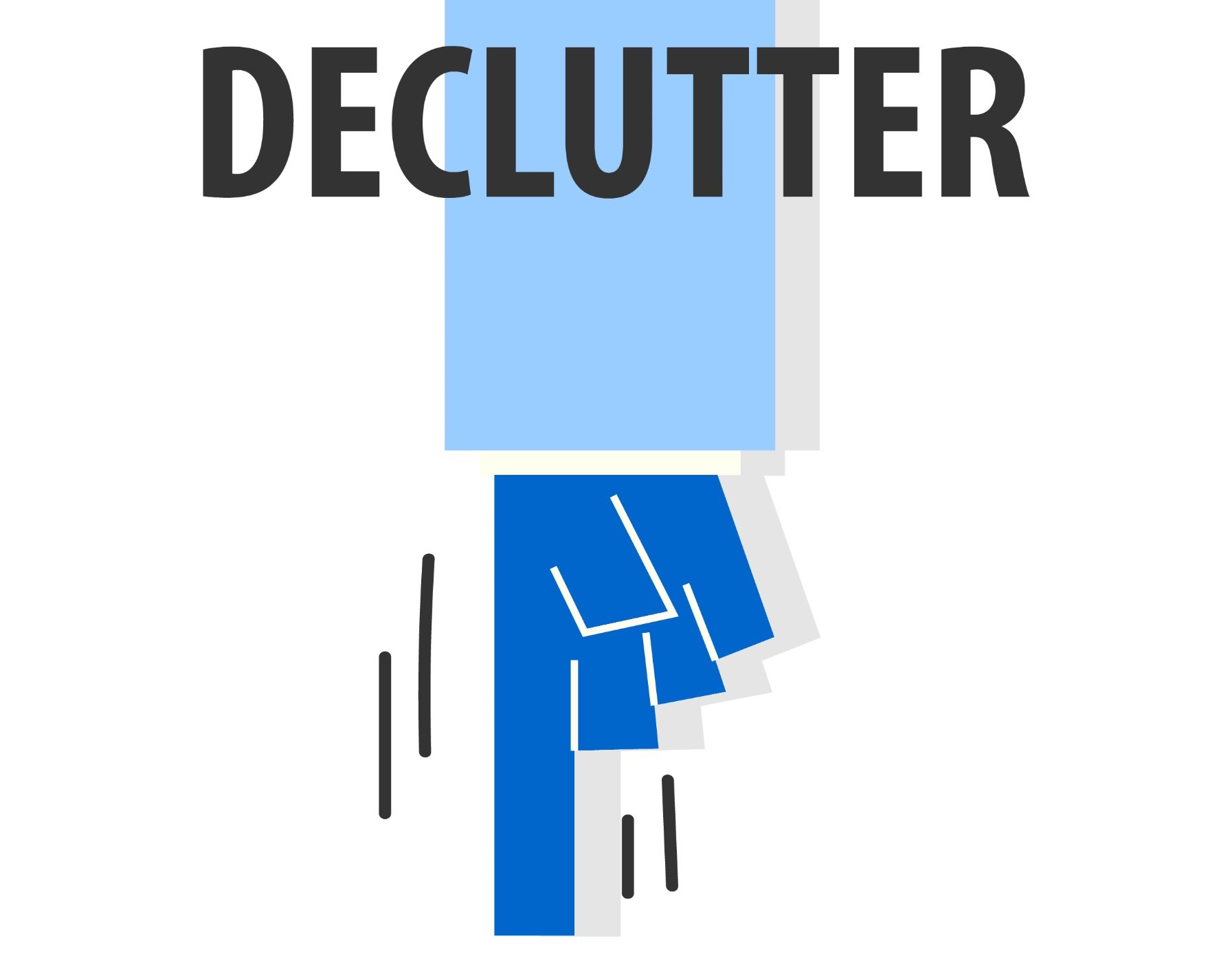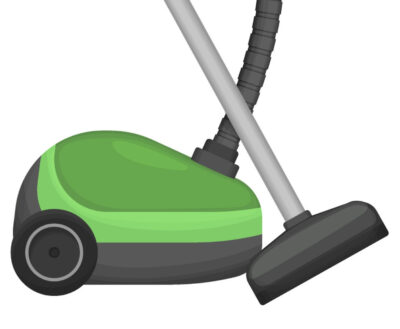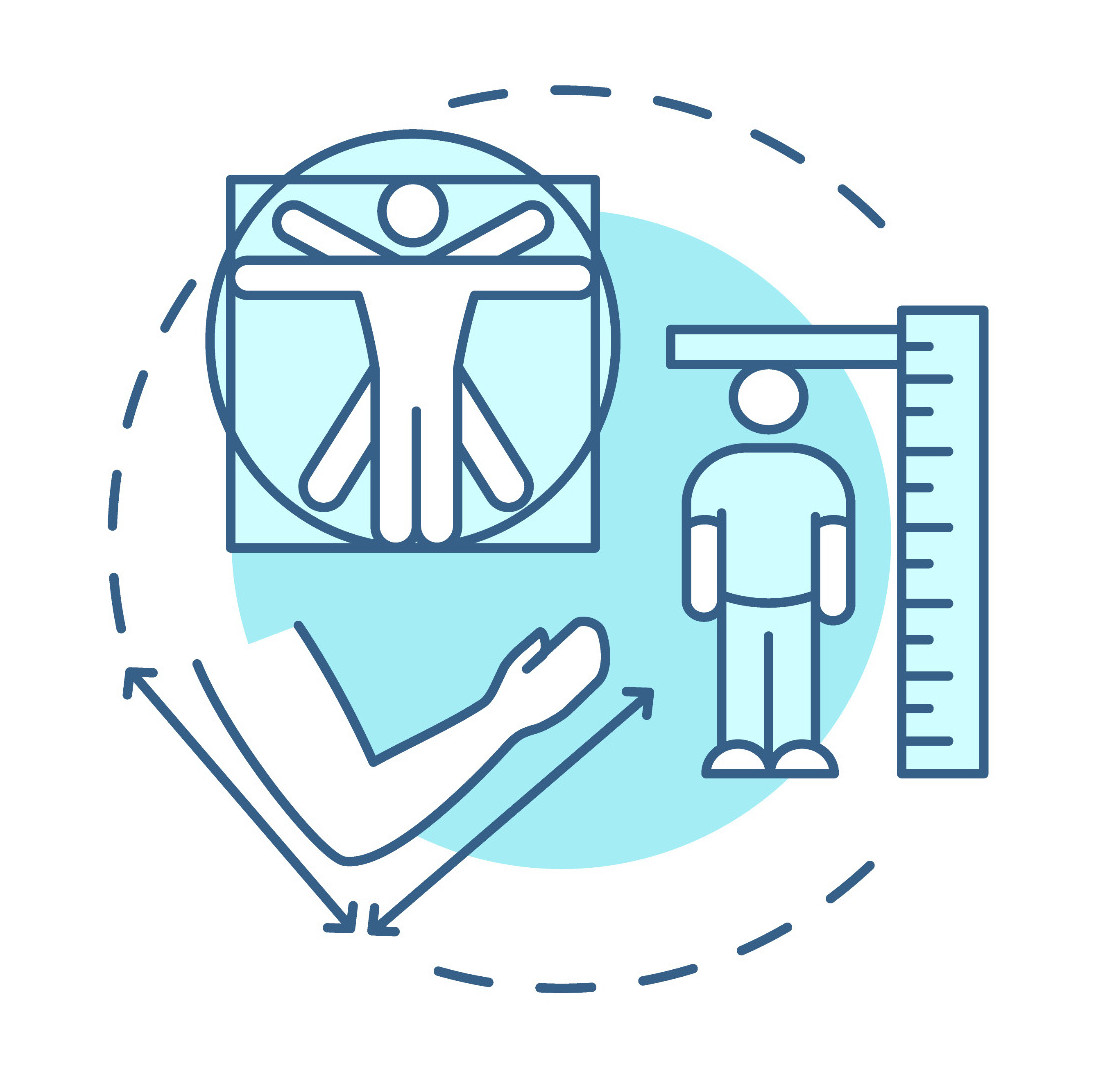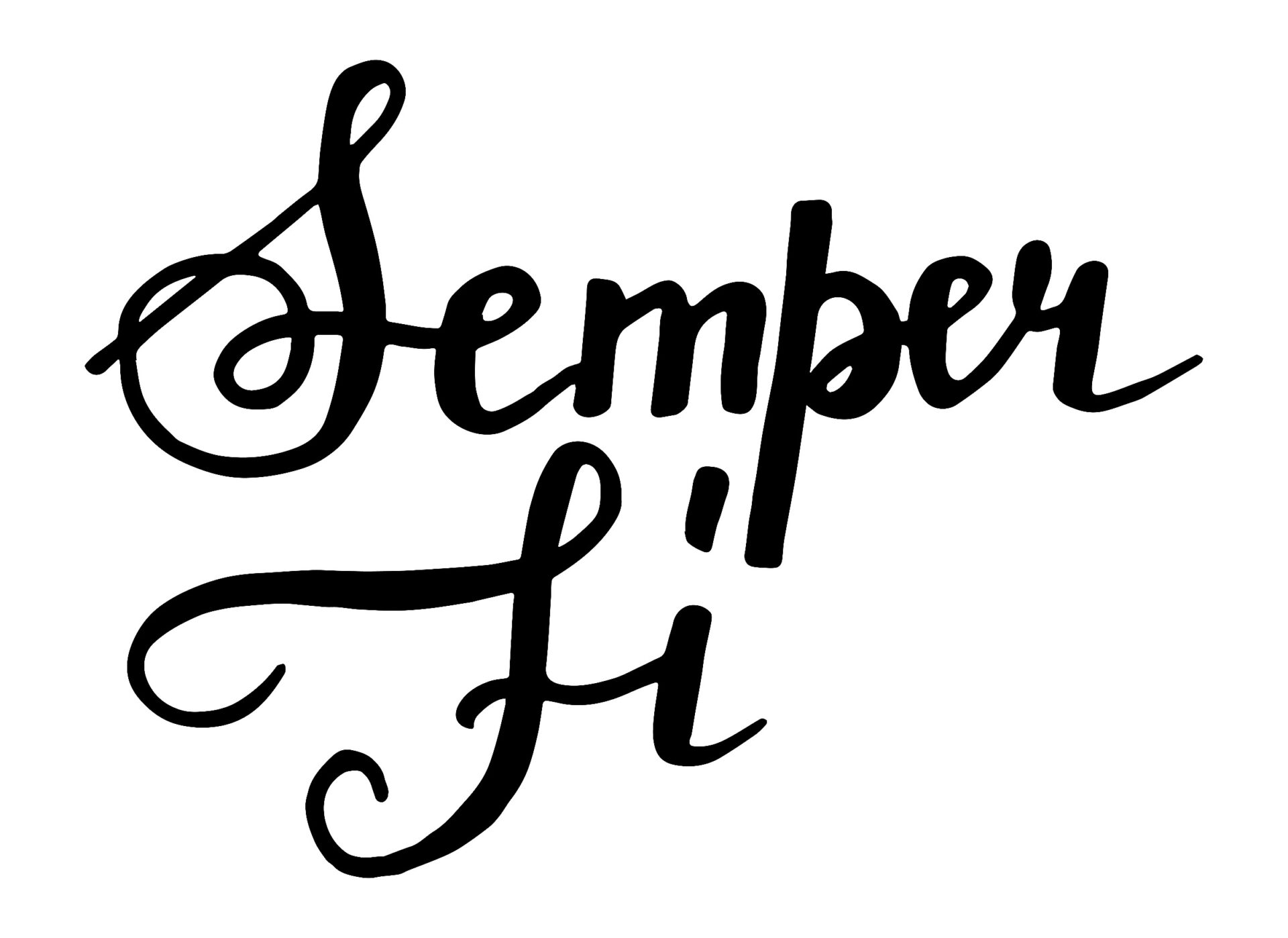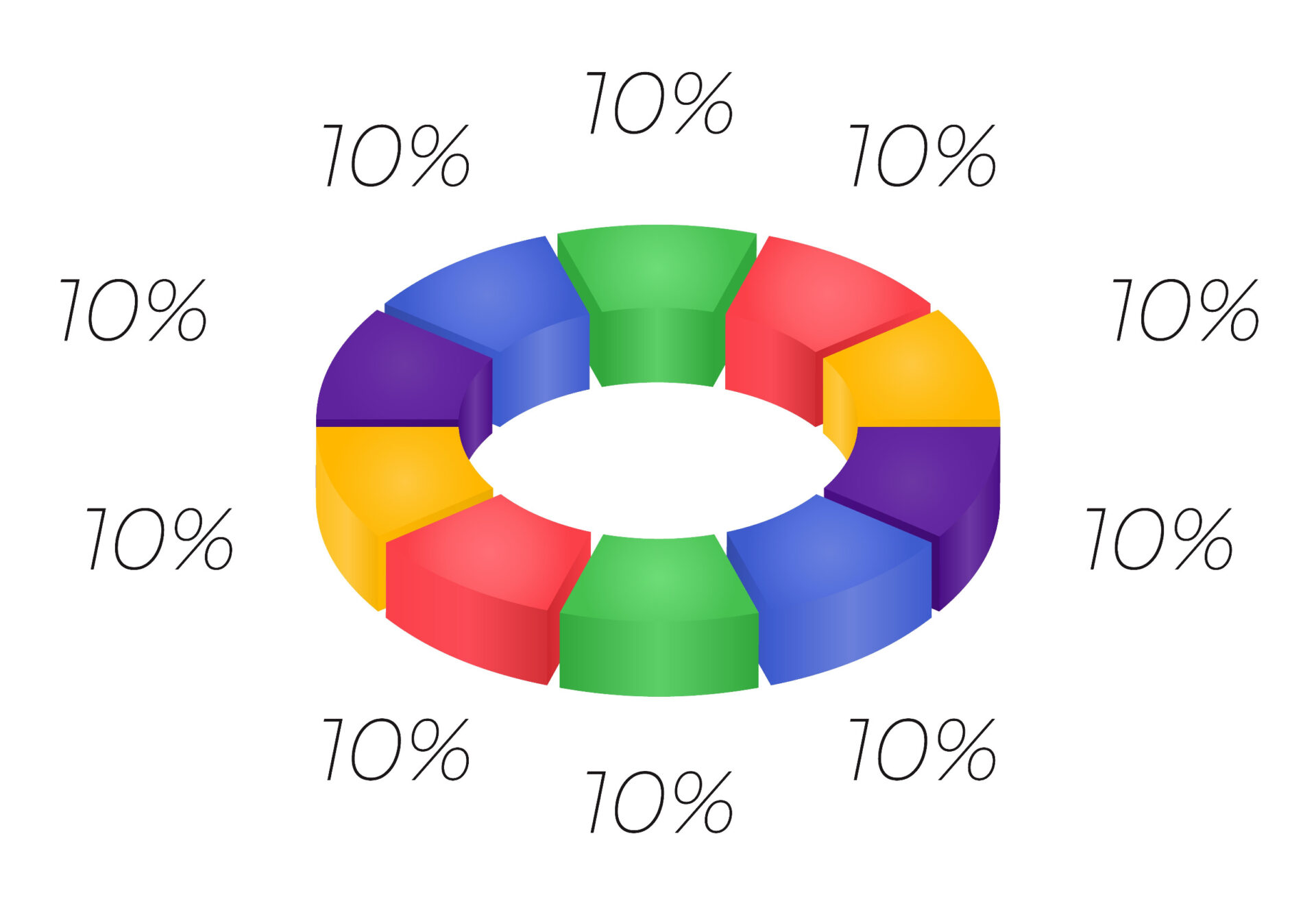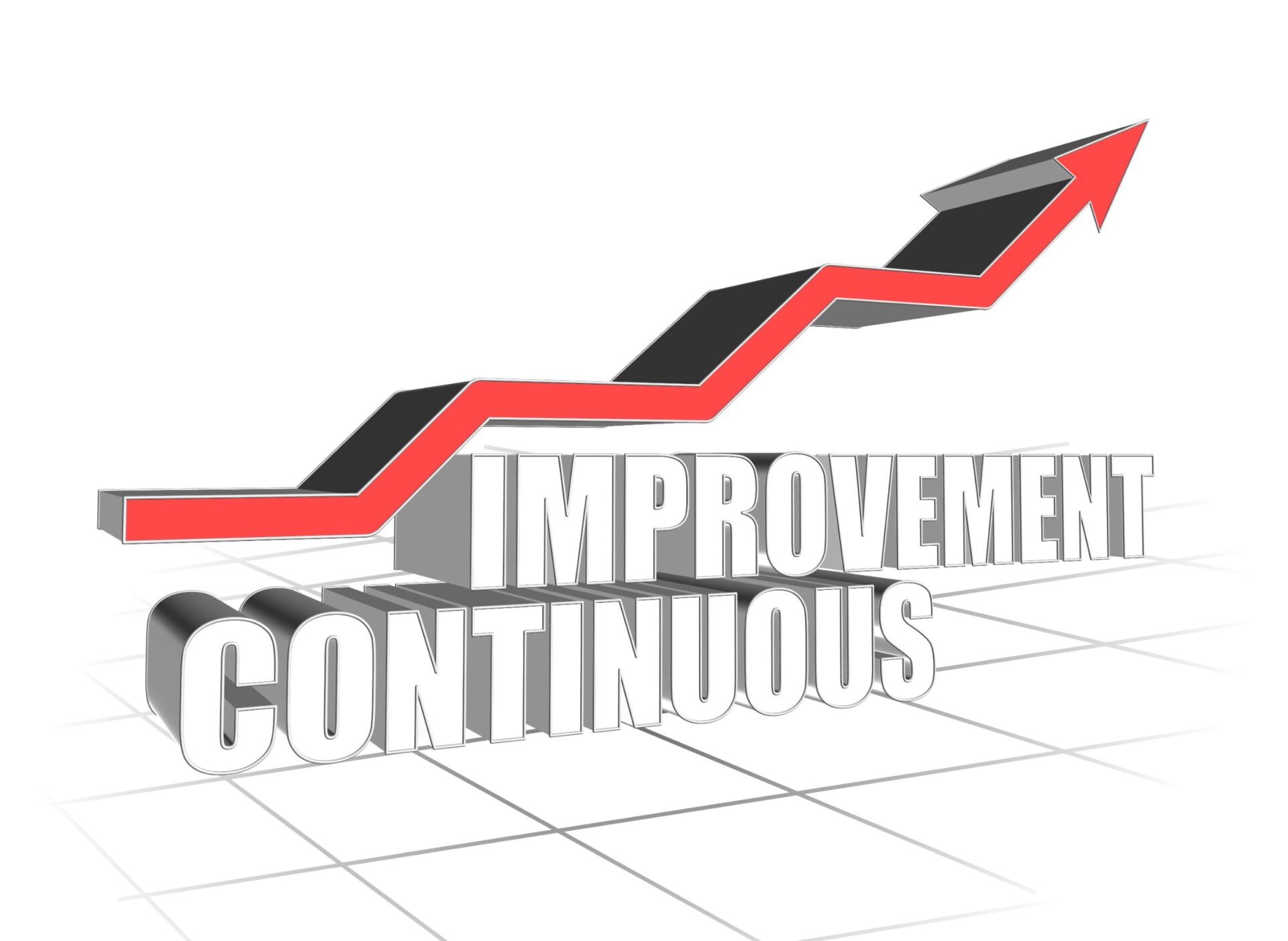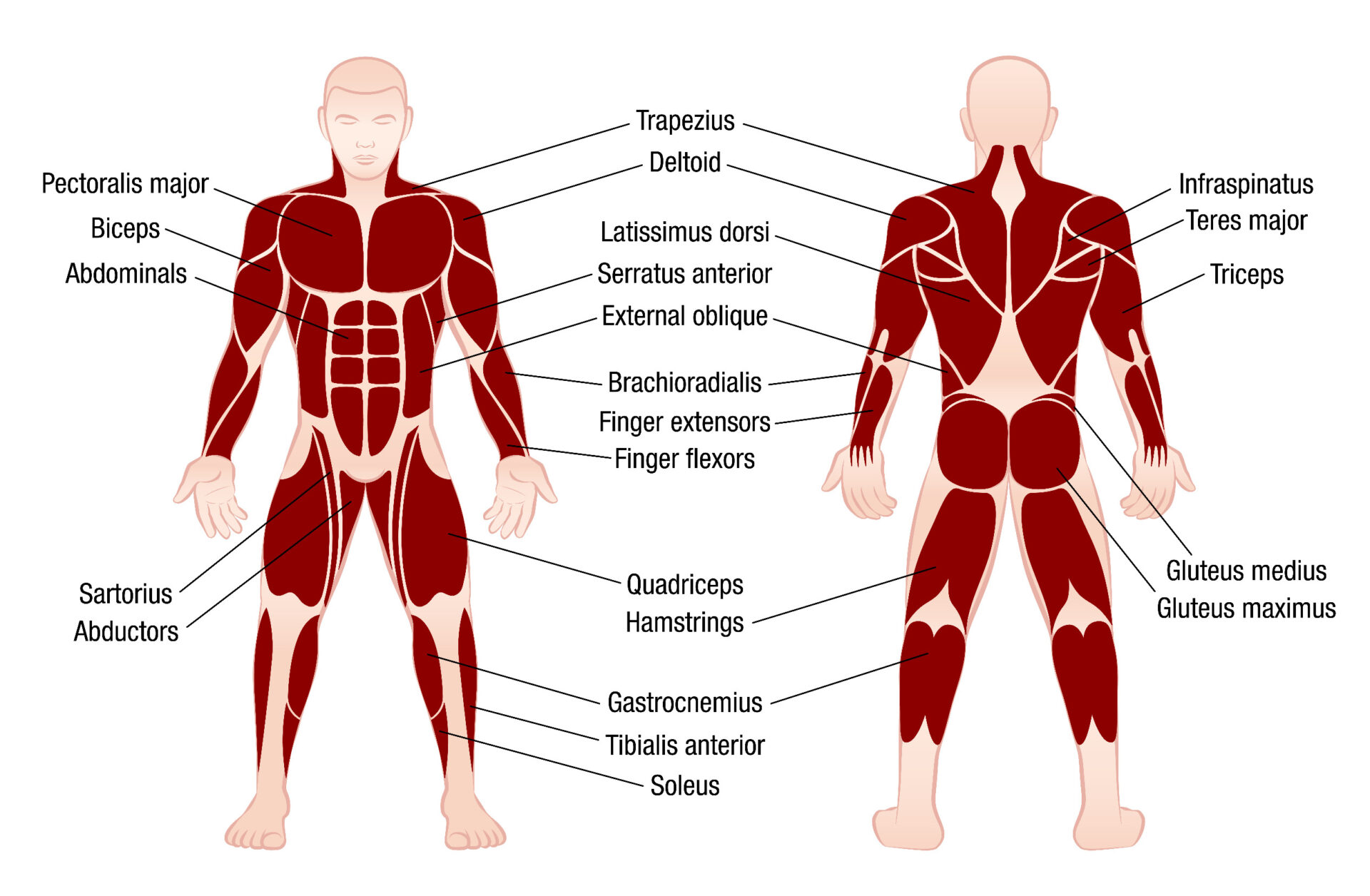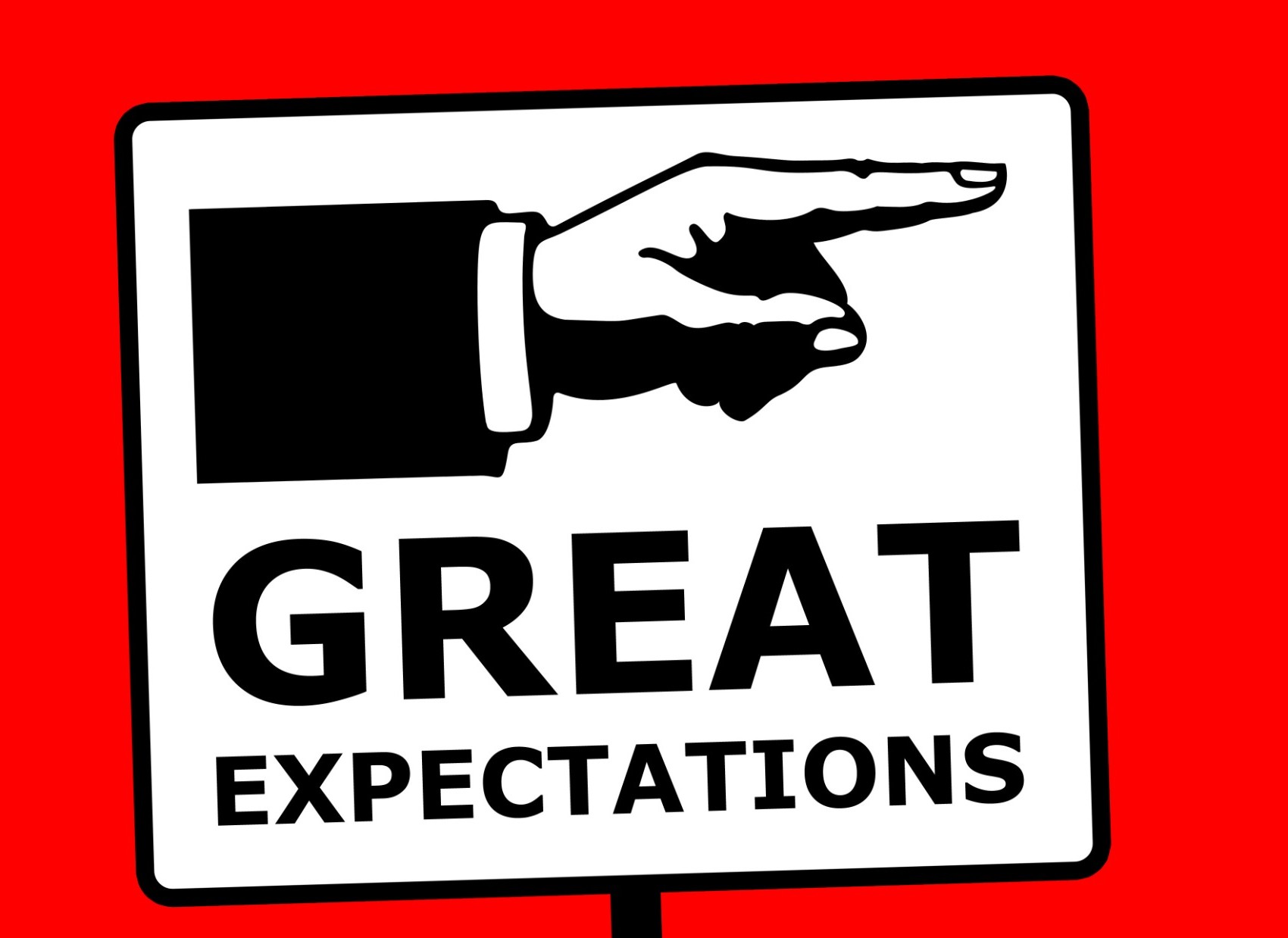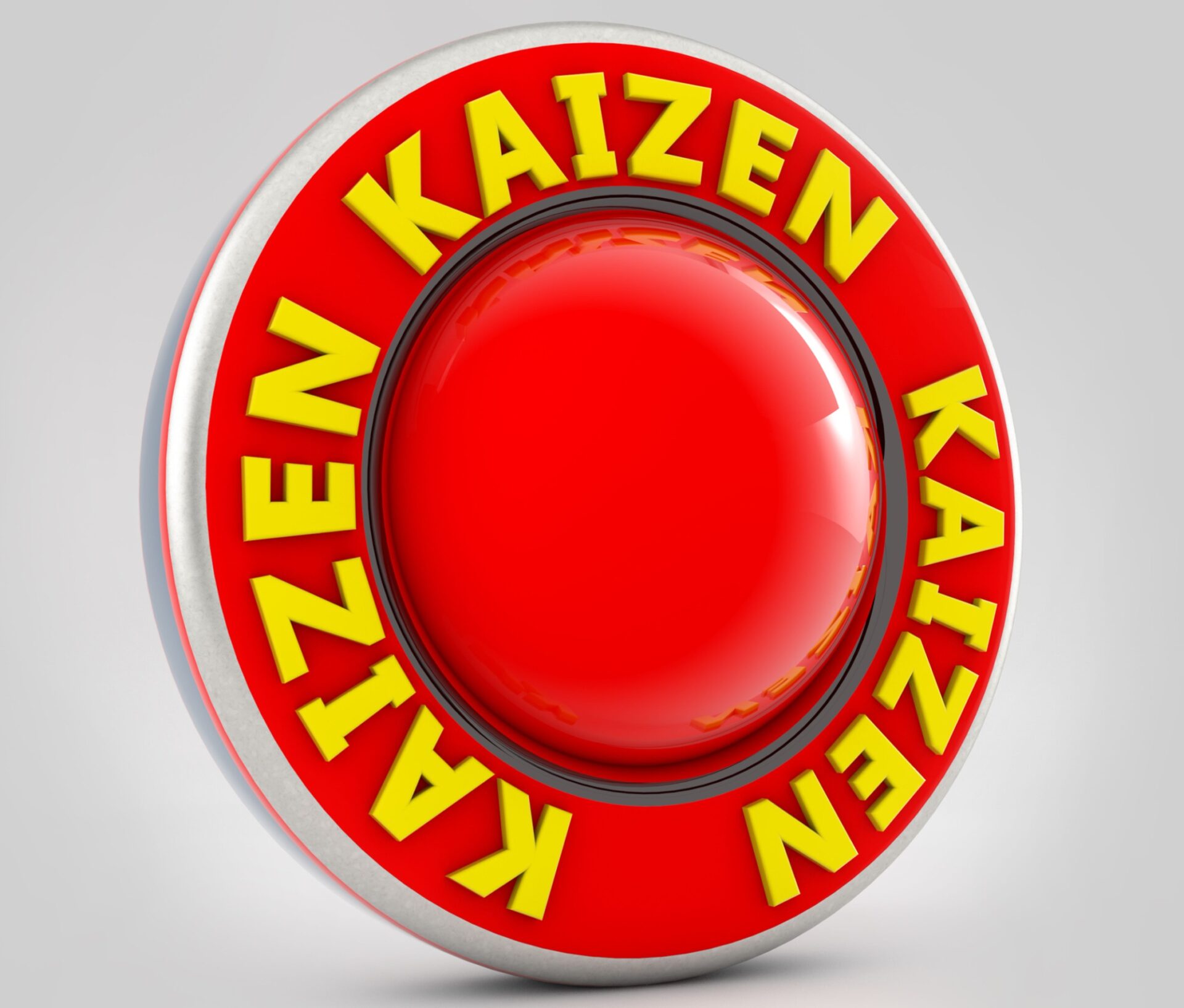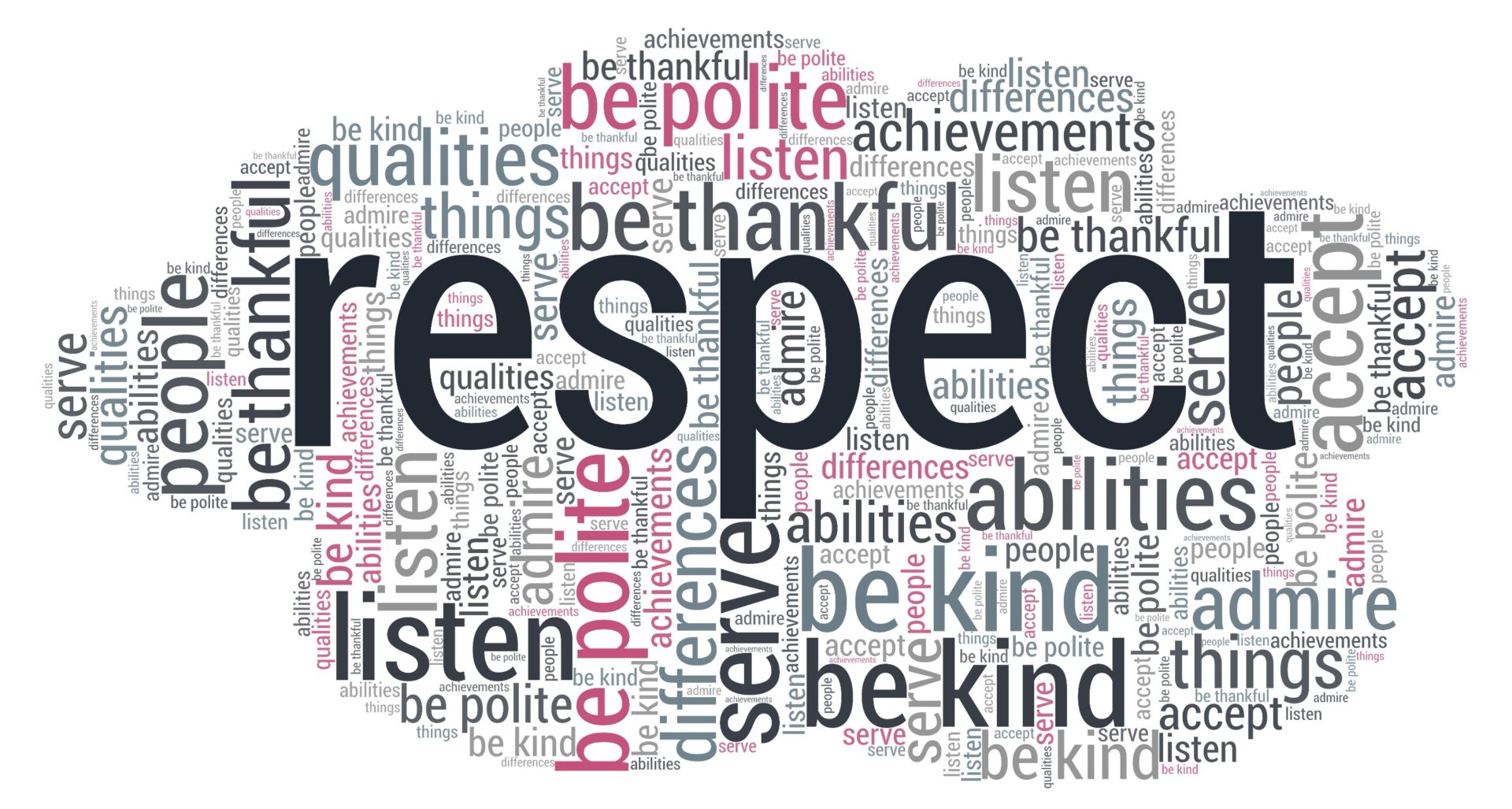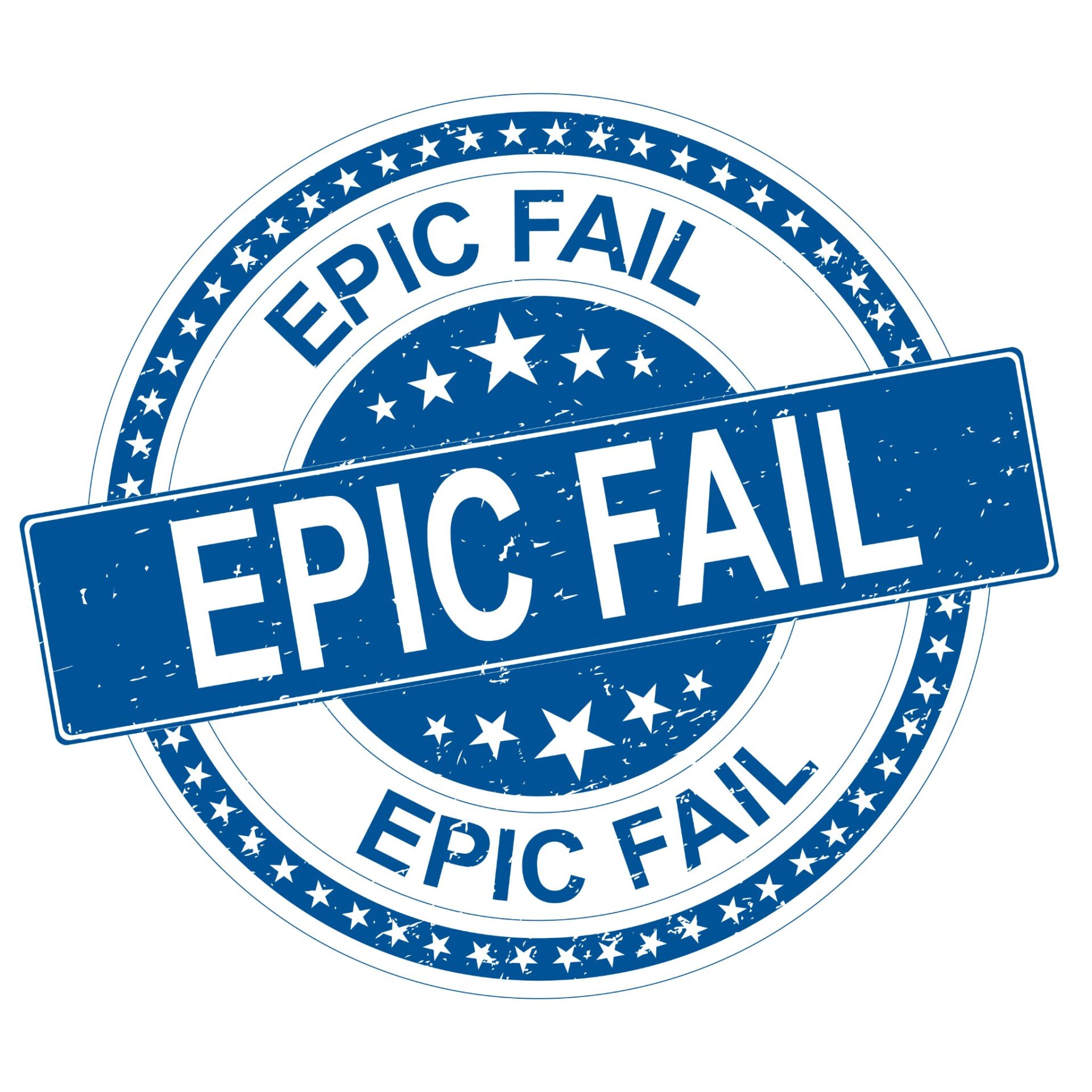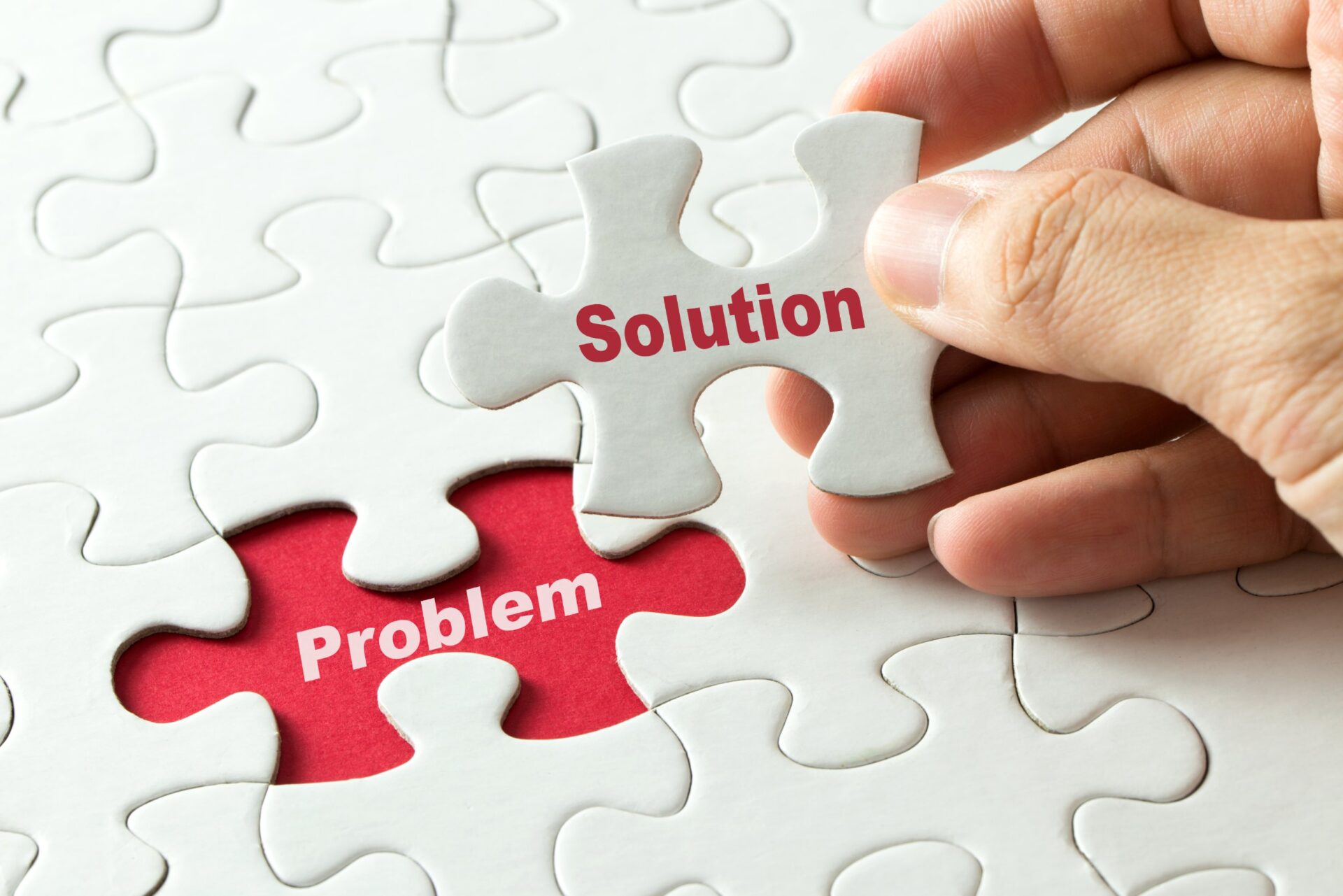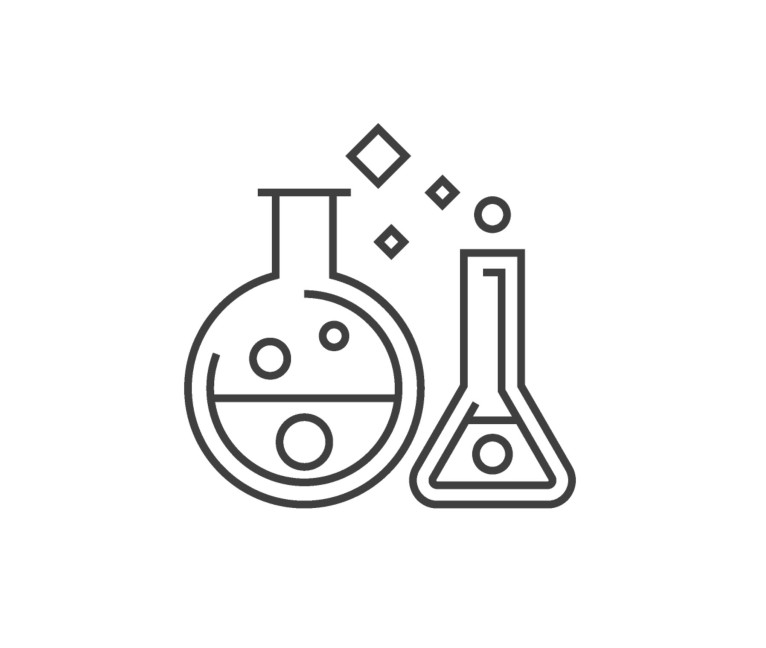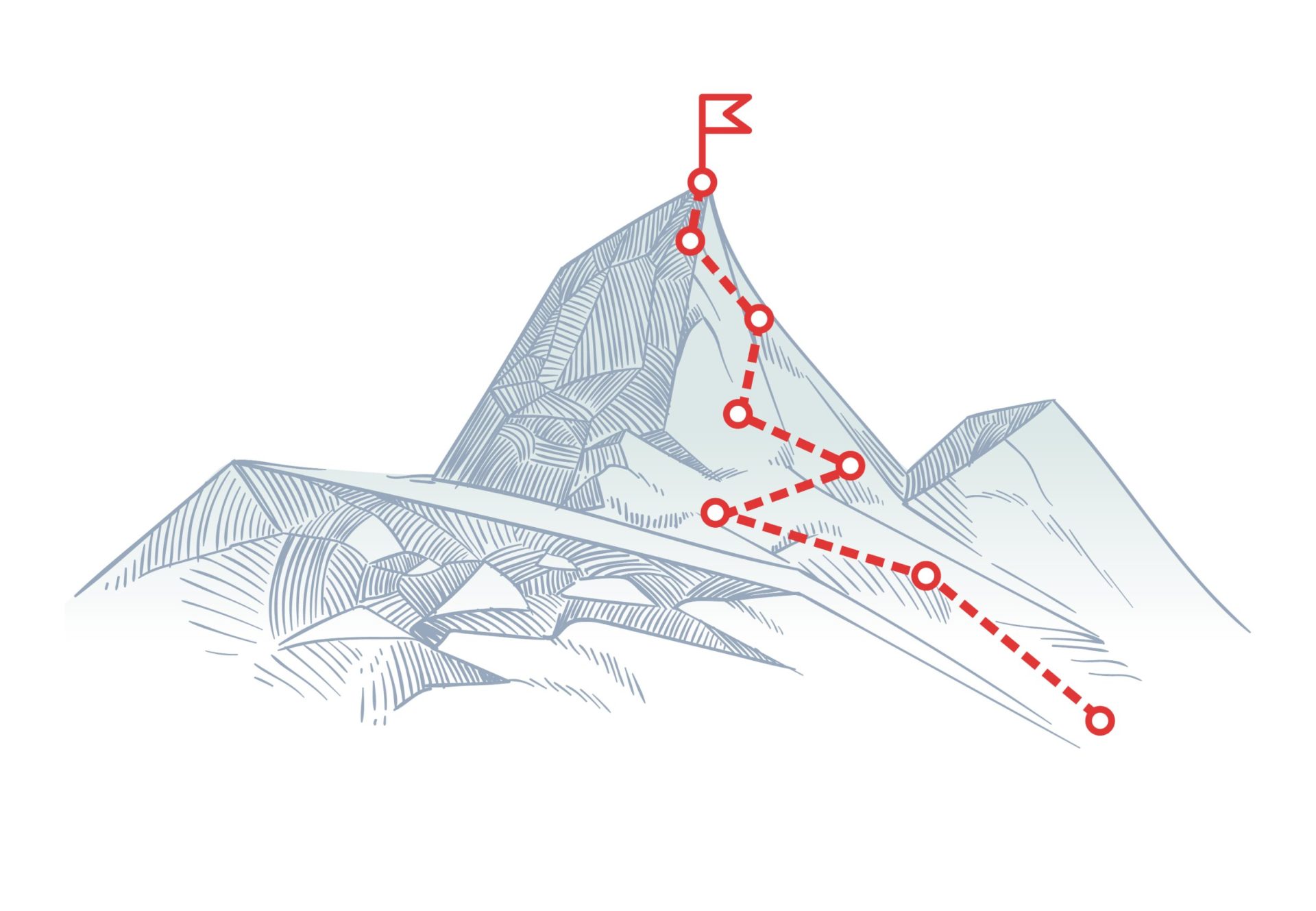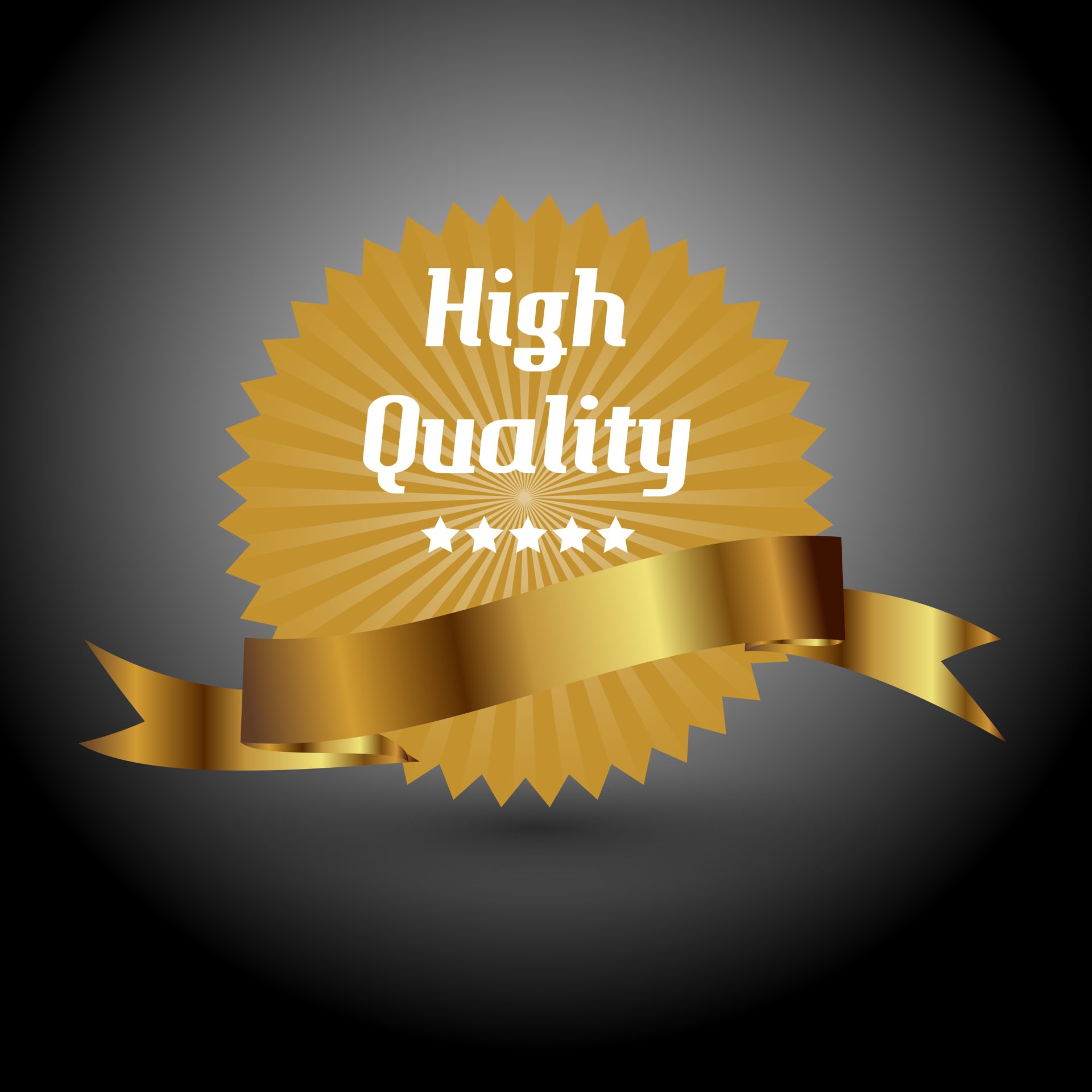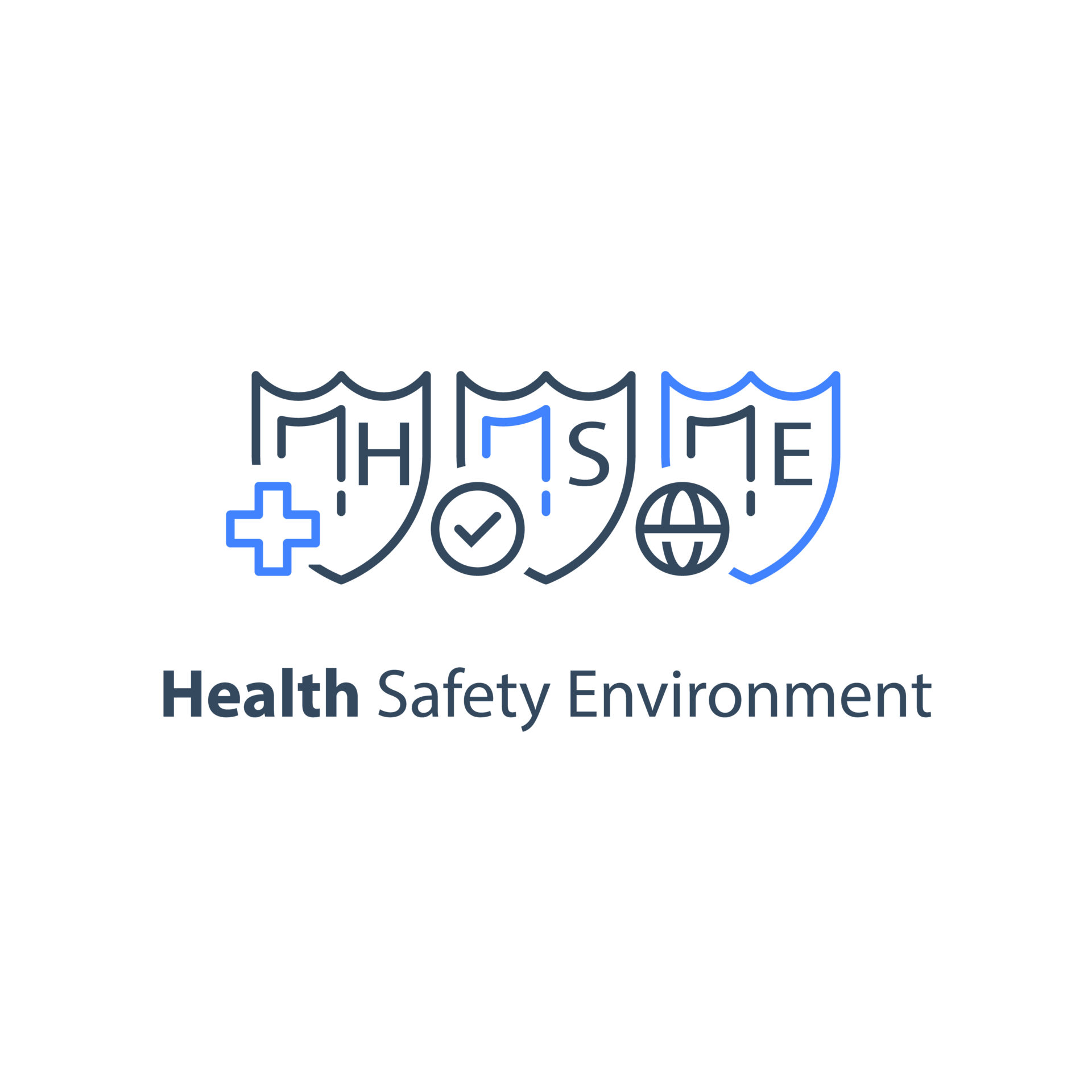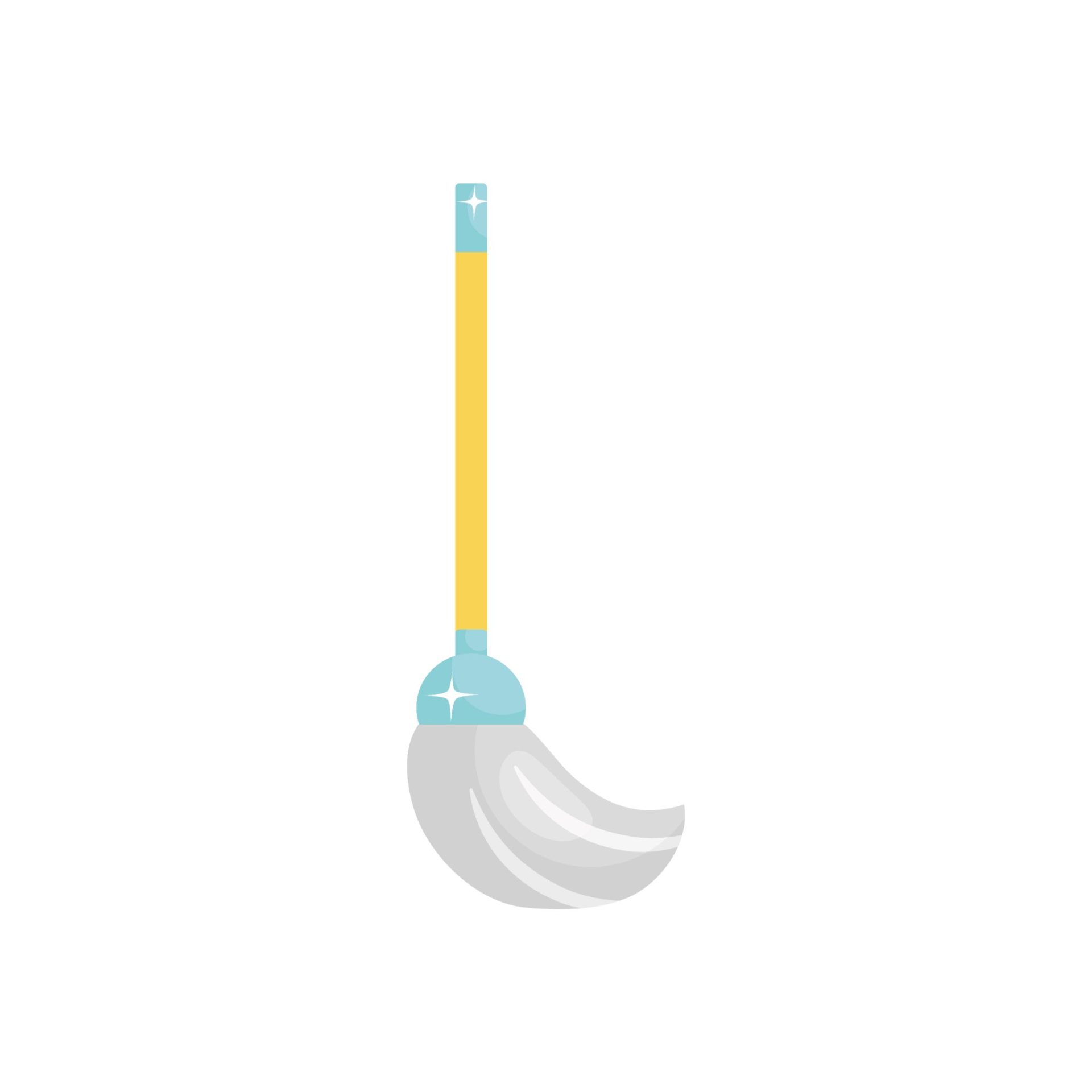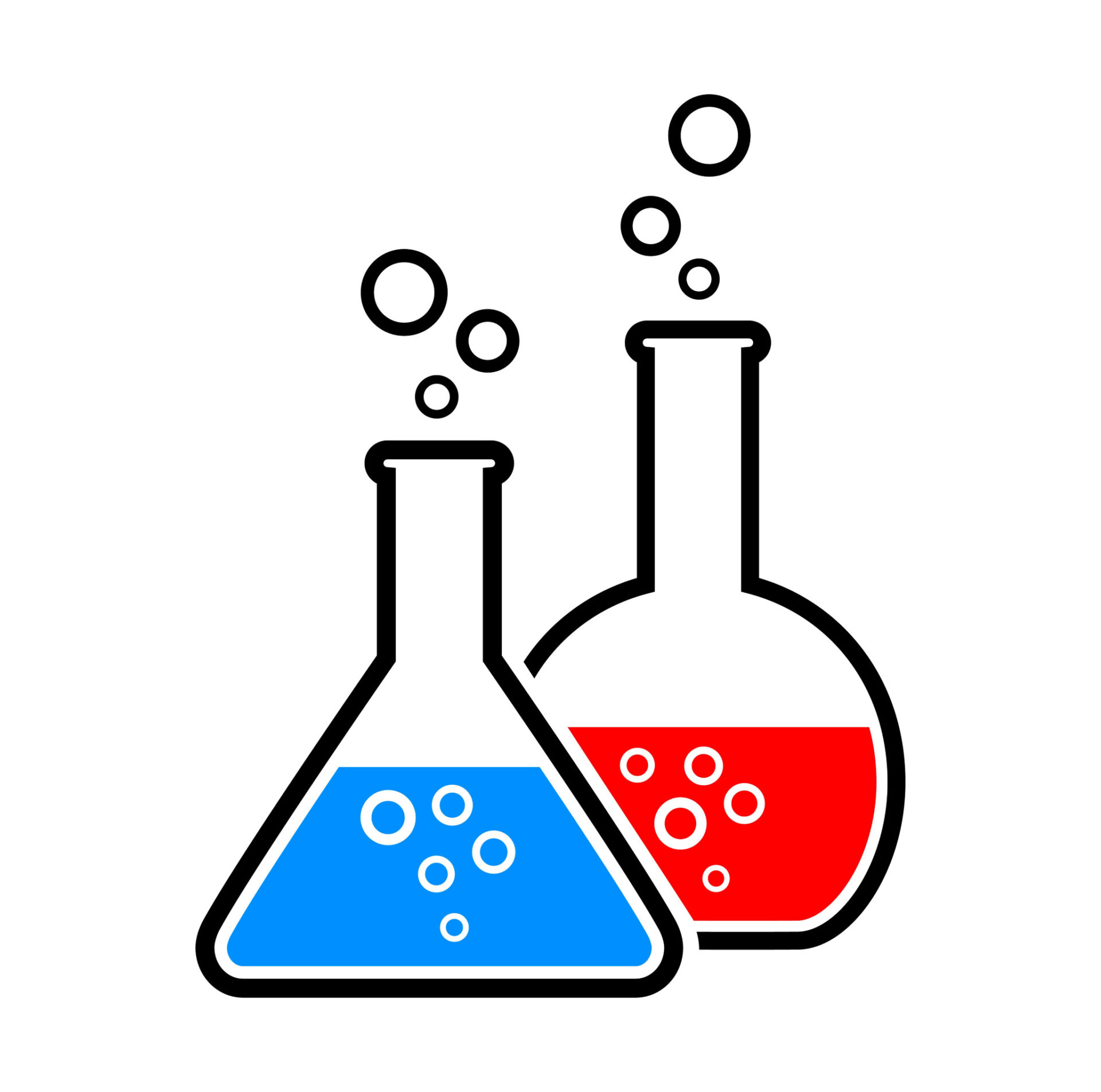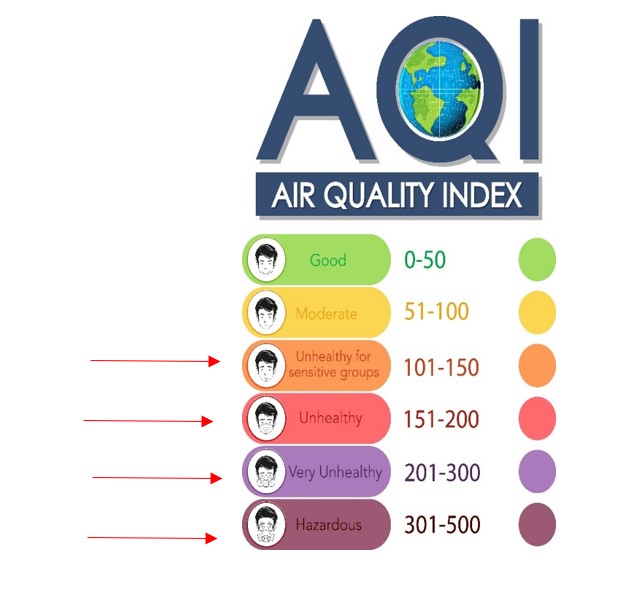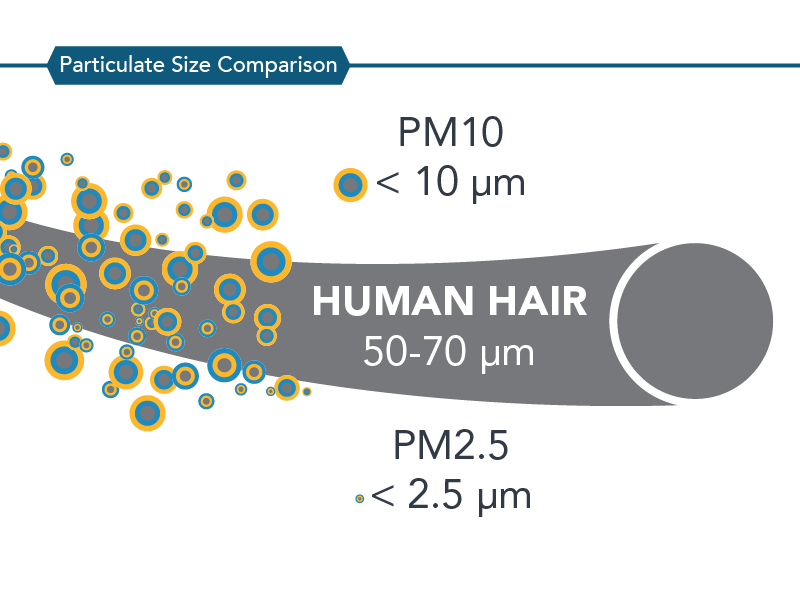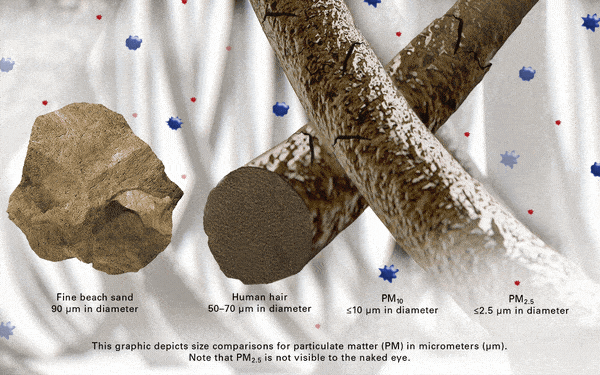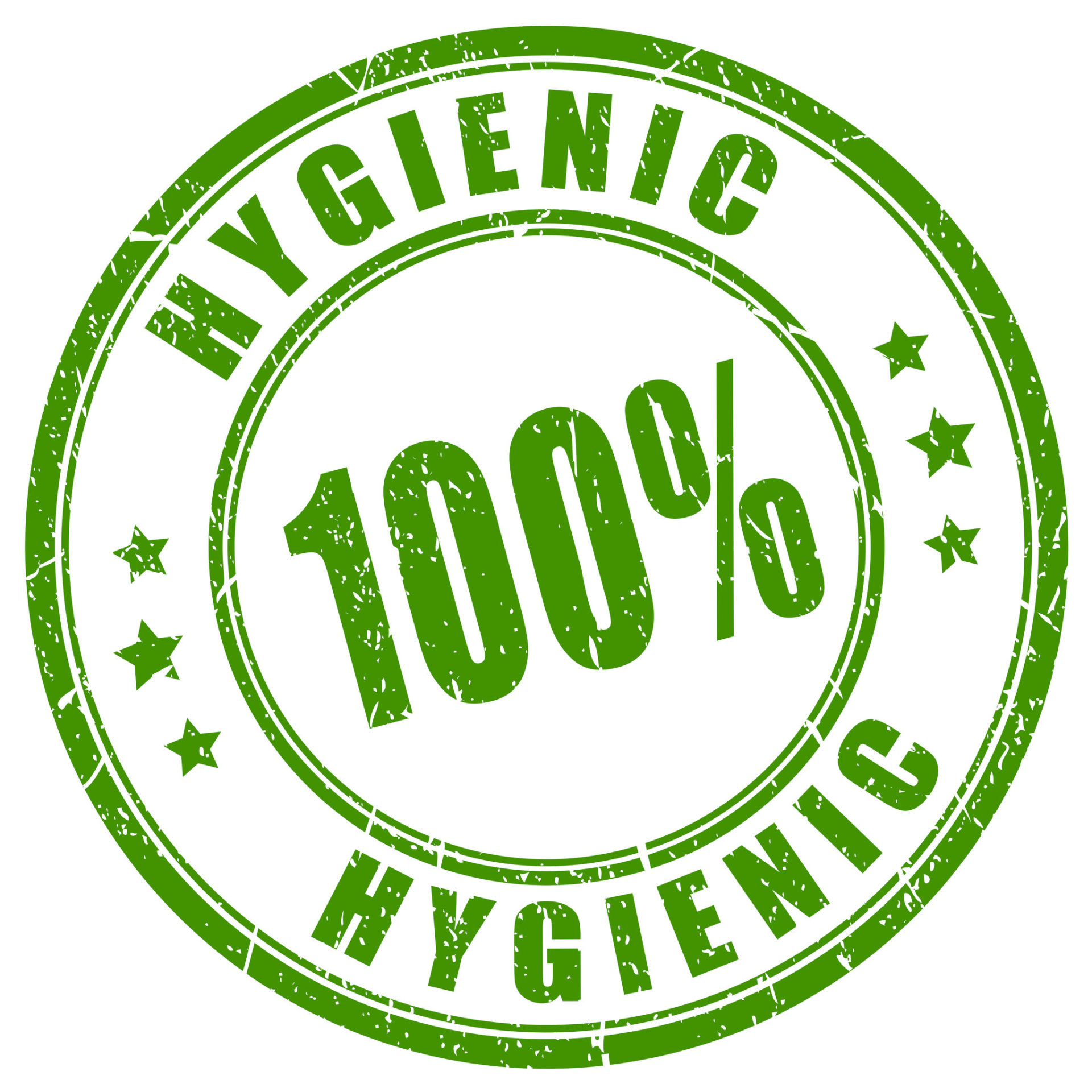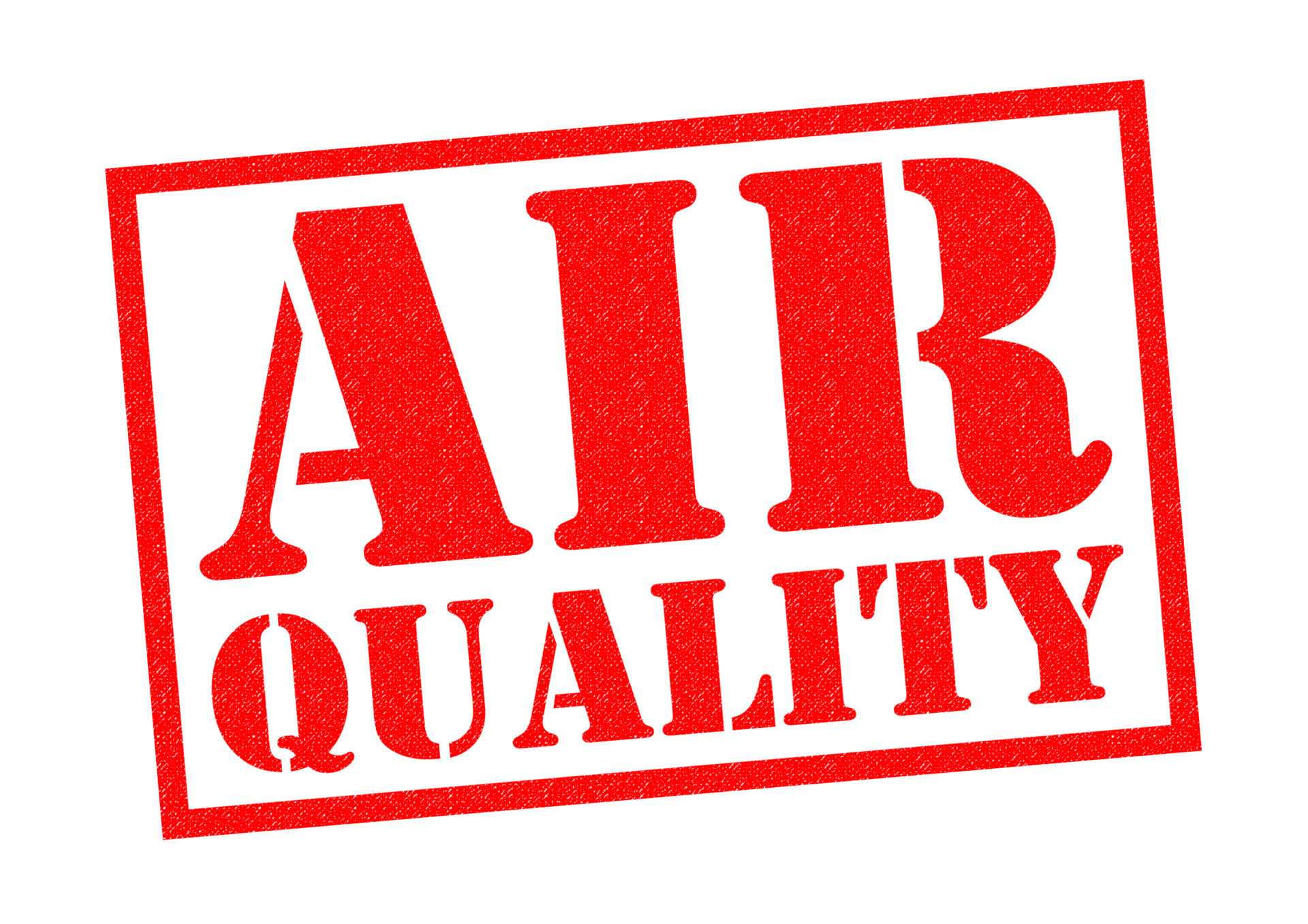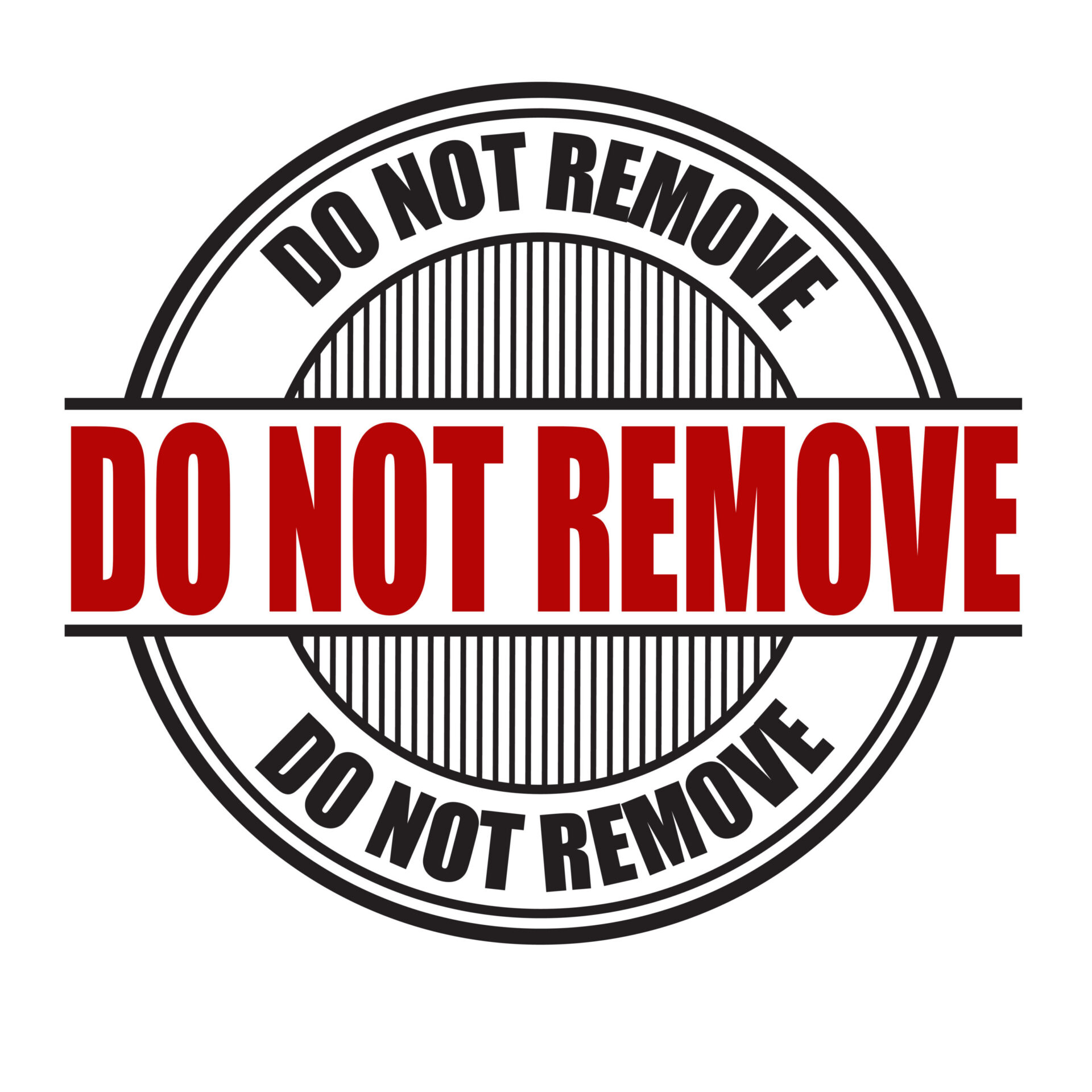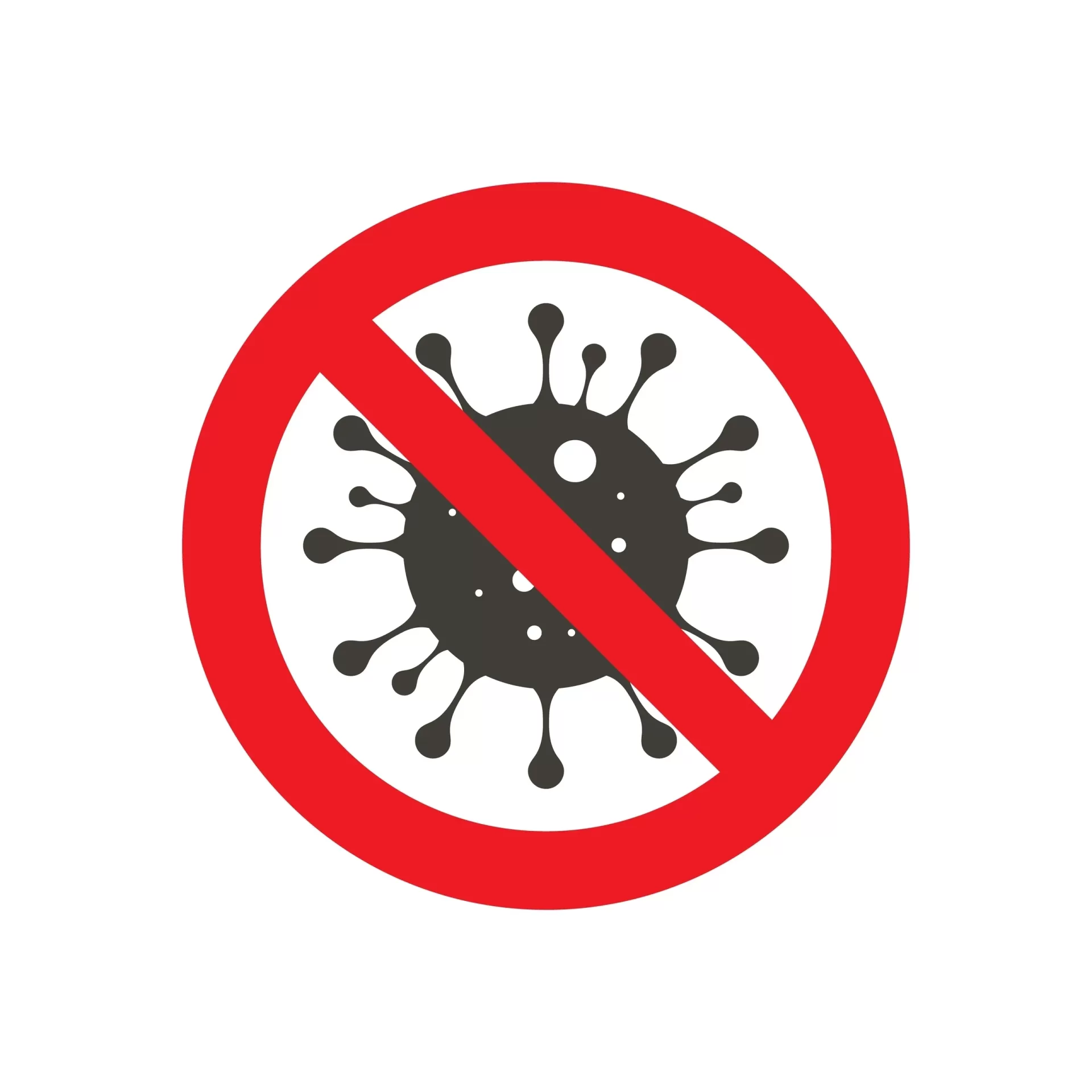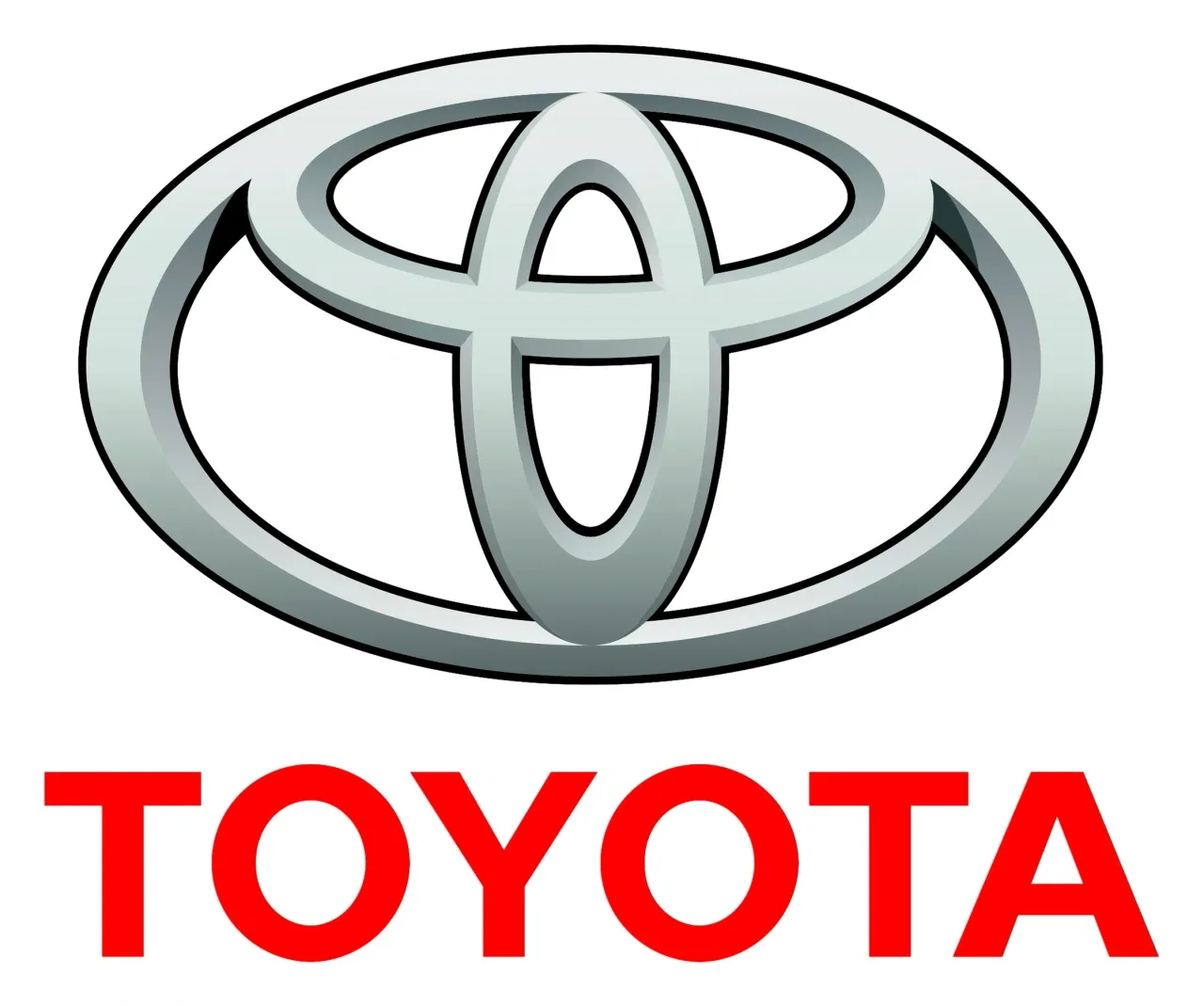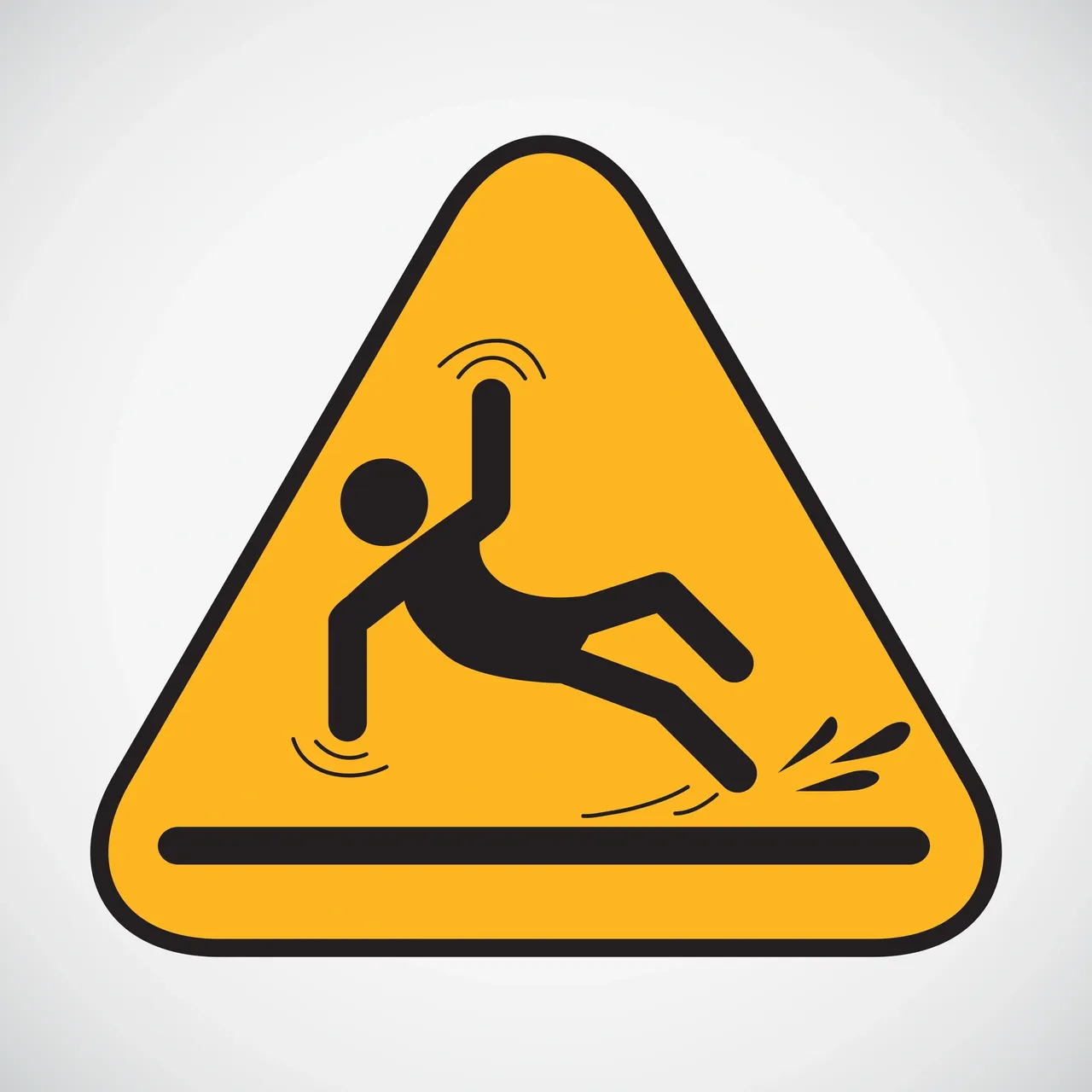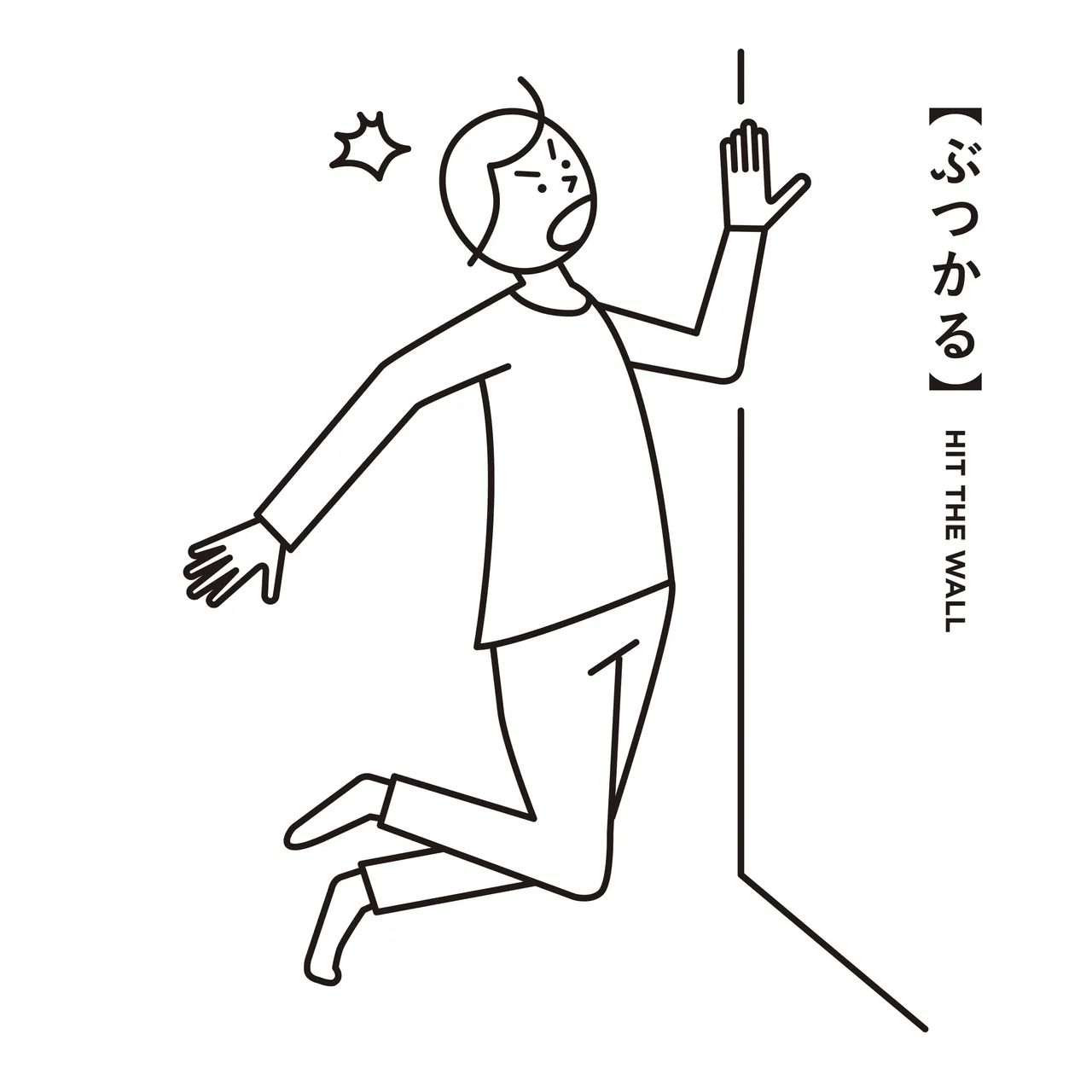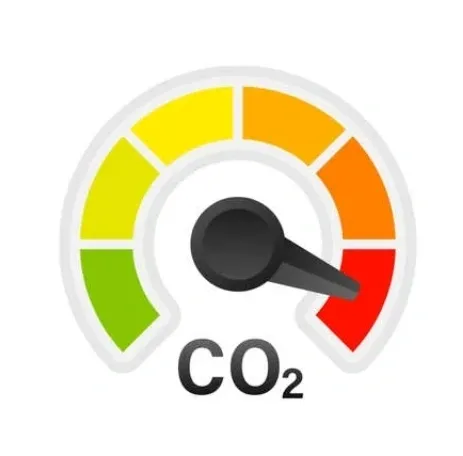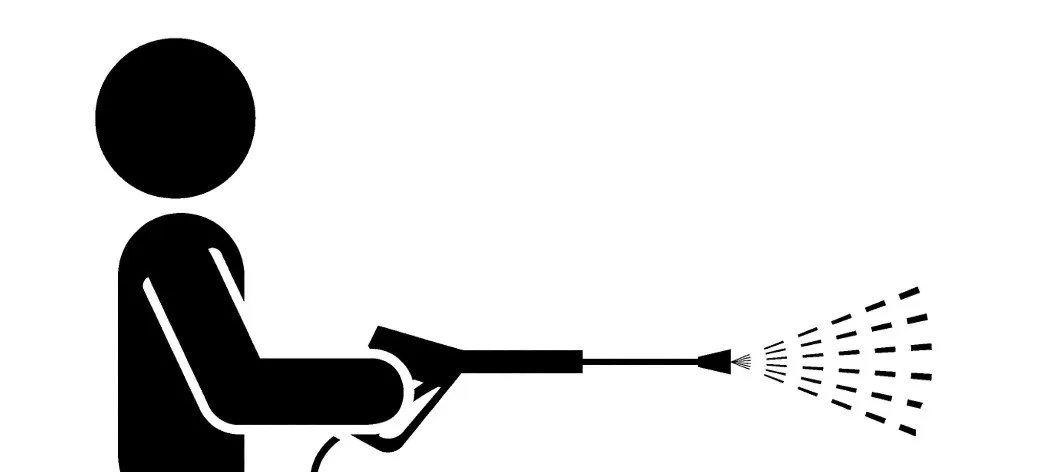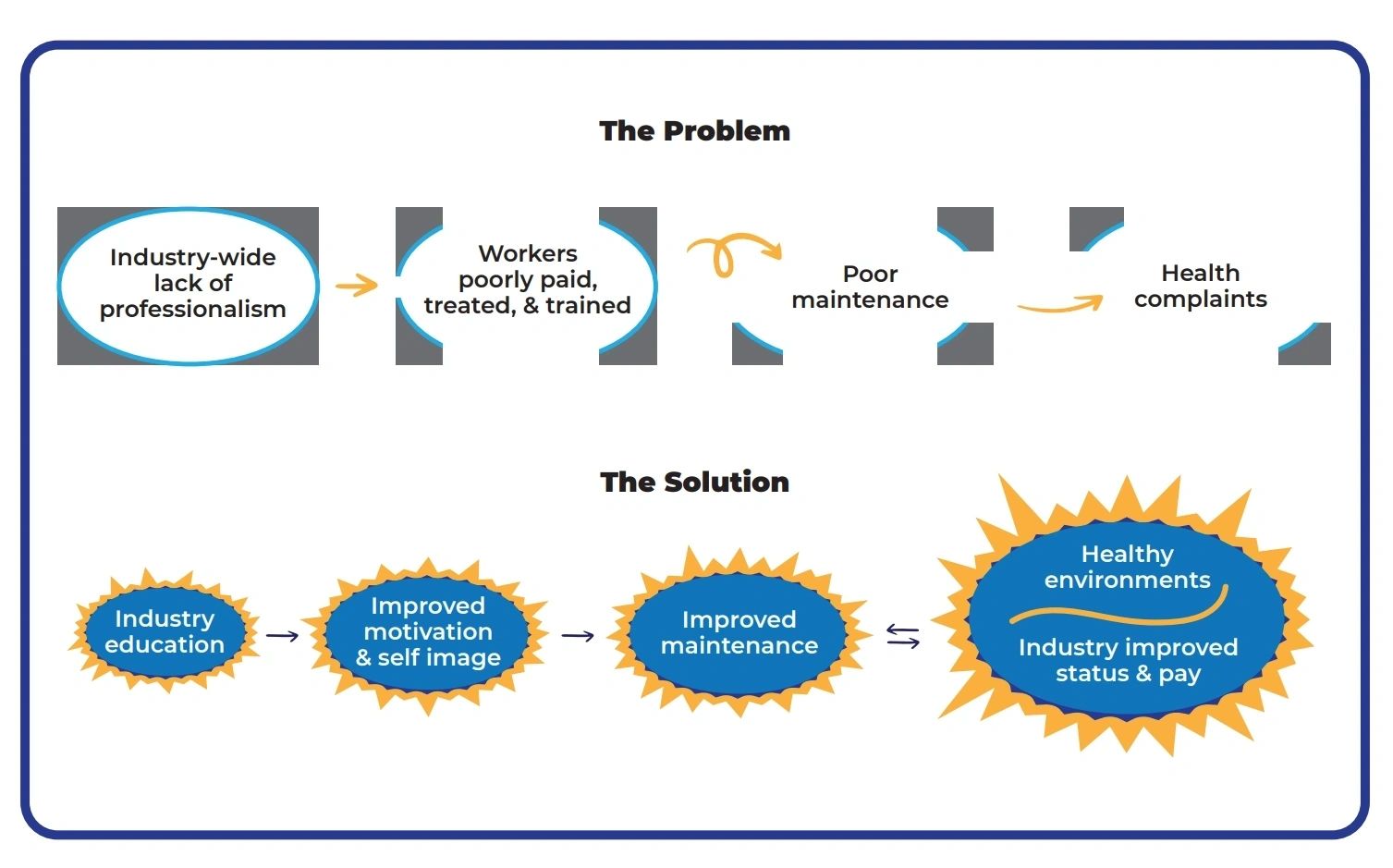IHC Blog

I long to accomplish a great and noble task but it is my chief duty to accomplish small tasks as if they were great and noble.

Strive not to be a success, but rather to be of value.

I would rather have it said, ‘He lived usefully’ than ‘He died rich’.

When you improve a little each day, eventually big things occur … Don’t look for the big, quick improvement. Seek the small improvement one day at a time. That’s the only way it happens—and when it happens, it lasts.
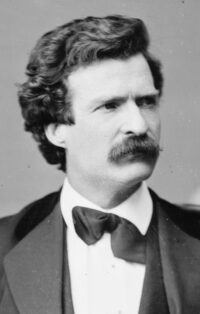
Courage is resistance to fear, mastery of fear, not absence of fear.

No act of kindness, no matter how small, is ever wasted.

What one thing could you do in your professional life that, if you did on a regular basis, would make a tremendous positive difference in your life?
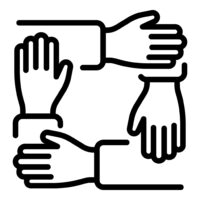
No involvement, no commitment.

How can we remember our ignorance, which our growth requires, when we are using our knowledge all of the time?

The greatest service we have to offer as professional cleaners is health protection. Health protection is very valuable in modern society. The quality of life is measured by how healthy we feel.

The ultimate purpose of data is to provide a basis for action or a recommendation for action.
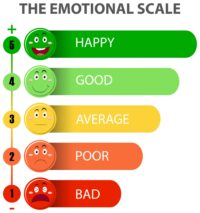
People will forget what you said. And people will forget what you did. But people will never forget how you made them feel.

As you learn, teach others. The transformation … must be a prairie fire.
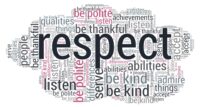
Respectful leaders are respected leaders.

Real leaders are those who seek to earn the respect and trust of those they lead.

System, like synthesis, comes from the Greek word for uniting, unifying, putting together into a whole.
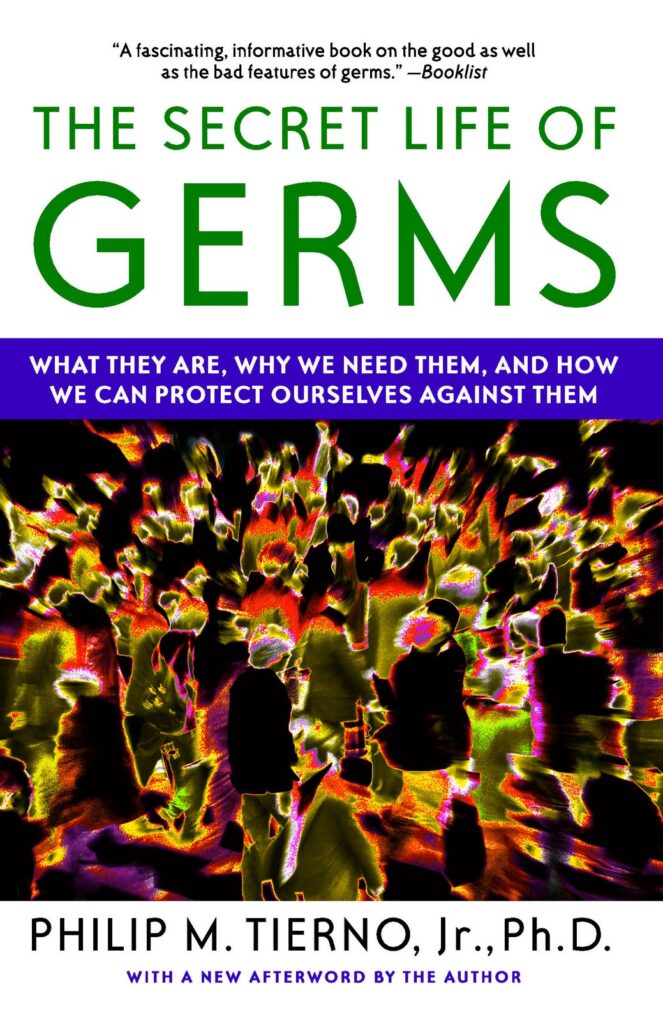
We could not live without … germs, but we can become very sick when our relationship with them is thrown out of balance.
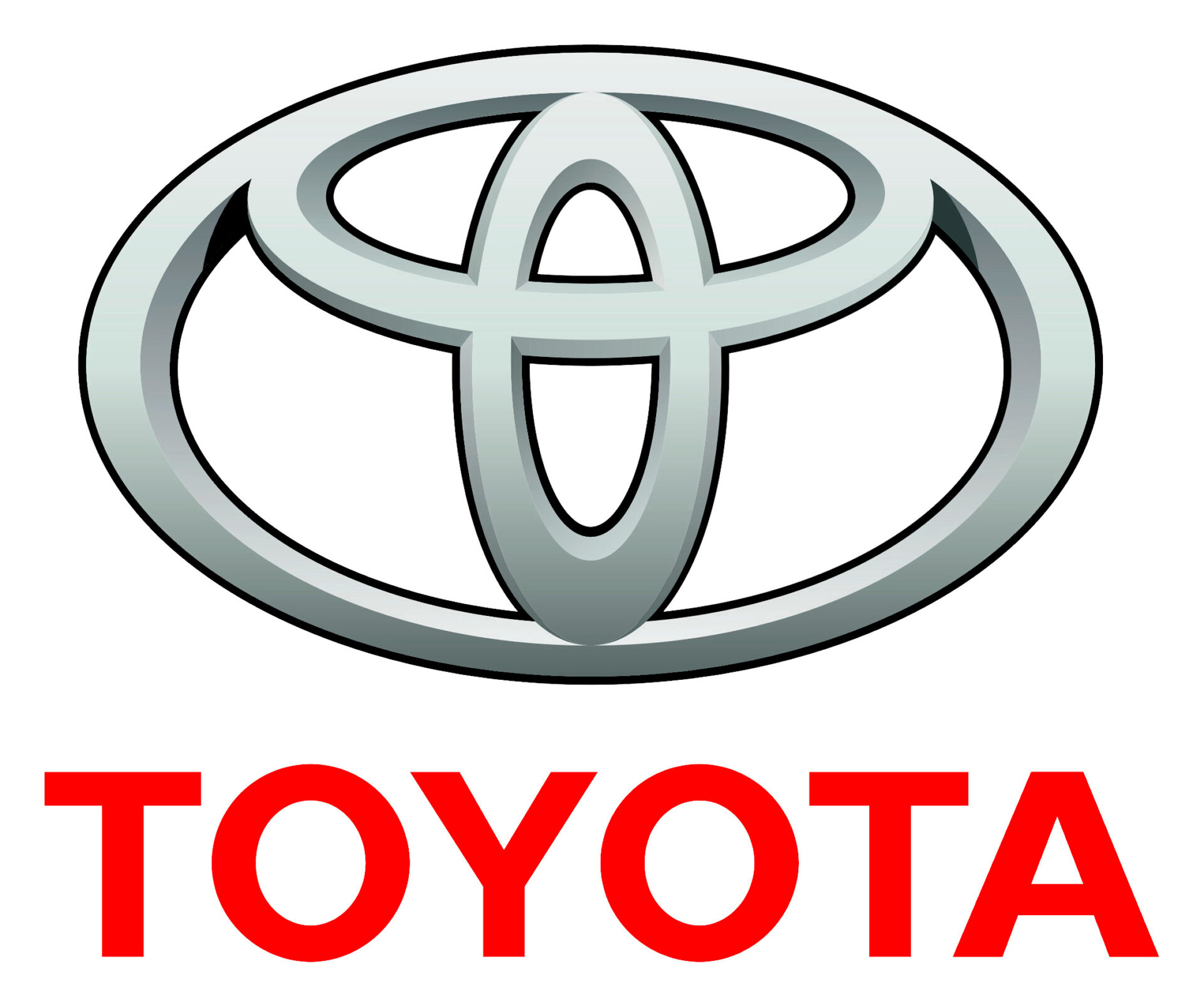
A common phrase heard around Toyota is “Before we build cars, we build people.”
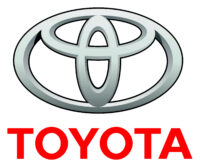
Base your management decisions on a long-term philosophy, even at the expense of short-term financial goals.
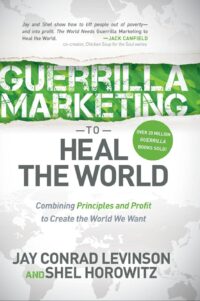
Green [Cleaning] is creating the best [cleaning] result with the most efficiency, the least use of resources, and the greatest possible positive impact on the environment. [brackets ours]
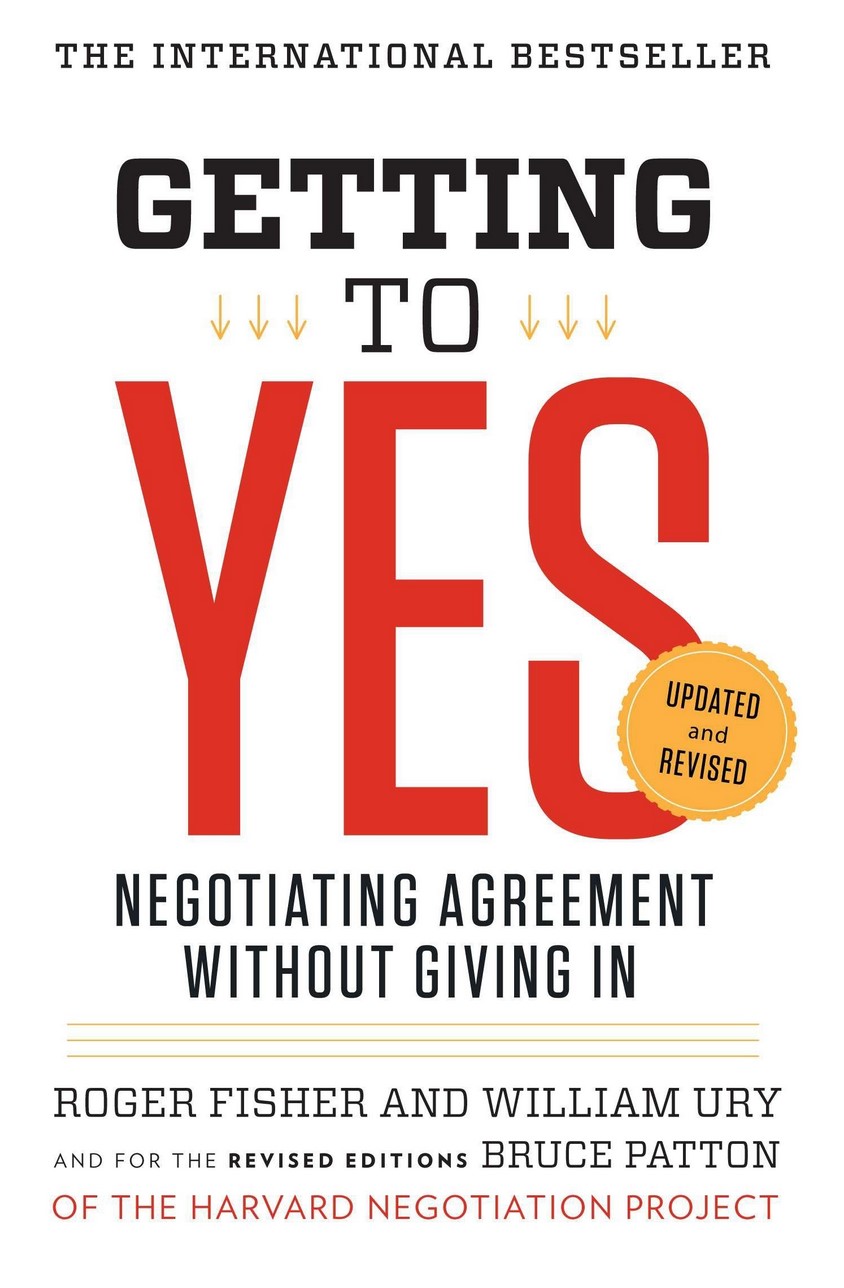
Conflict remains … a growth industry … The challenge is not to eliminate conflict but to transform it. It is to change the way we deal with our differences: from destructive, adversarial battling to hard-headed, side-by-side problem-solving.
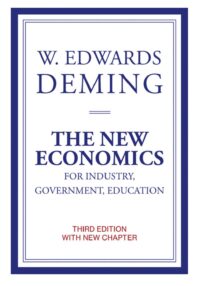
If the whole is optimized, the components will not be. [See “When Components Compete, Systems Collapse”]
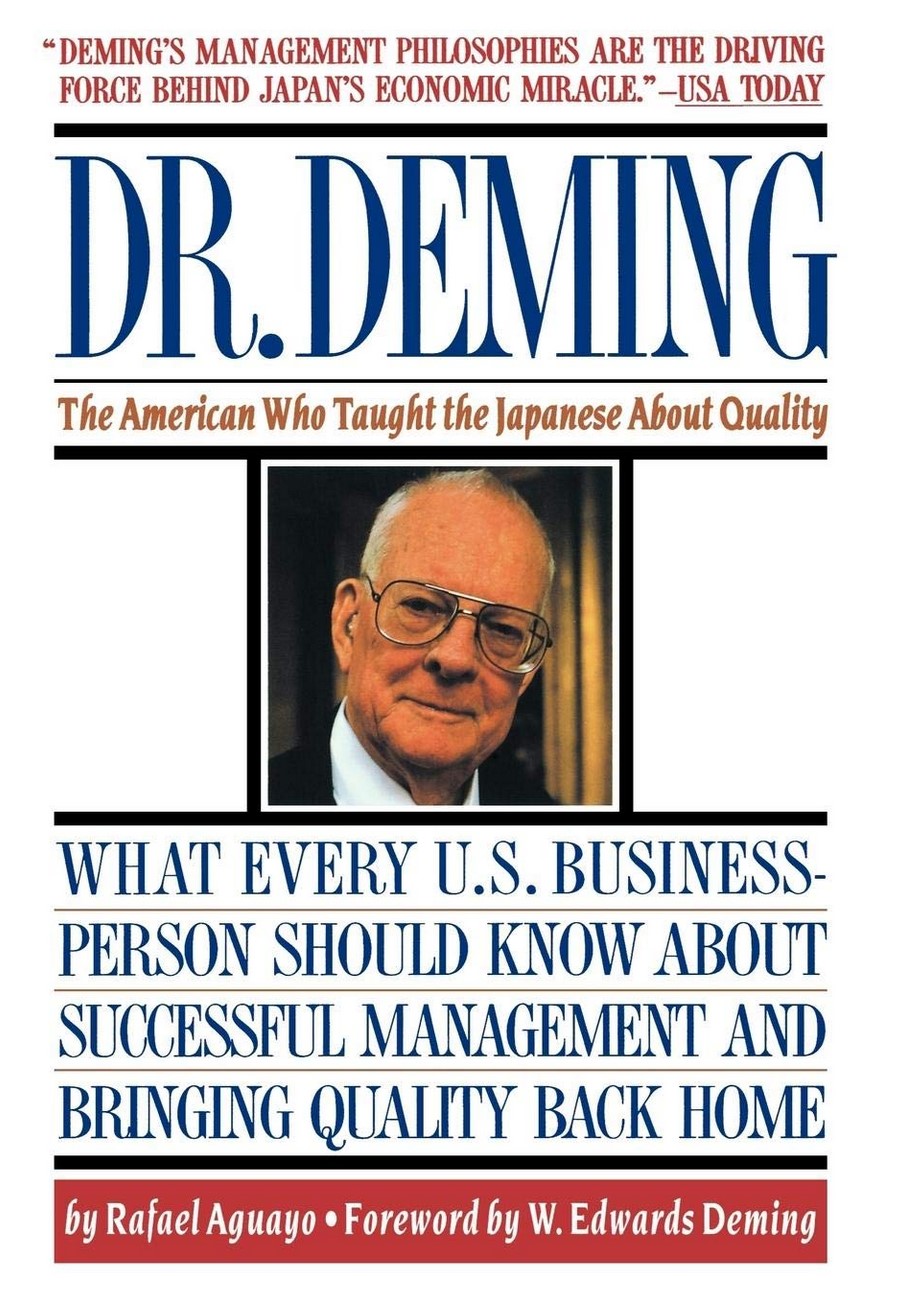
Workers cannot change the system; only management can change the system. It is management’s responsibility to change the system so that quality and productivity improve and workers can experience pride of workmanship. Once that happens, worker input becomes a continual part of the improvement process.

Toyota workers on average make about thirty-three suggestions per worker per year, 90 percent of which are implemented within weeks of their submission.
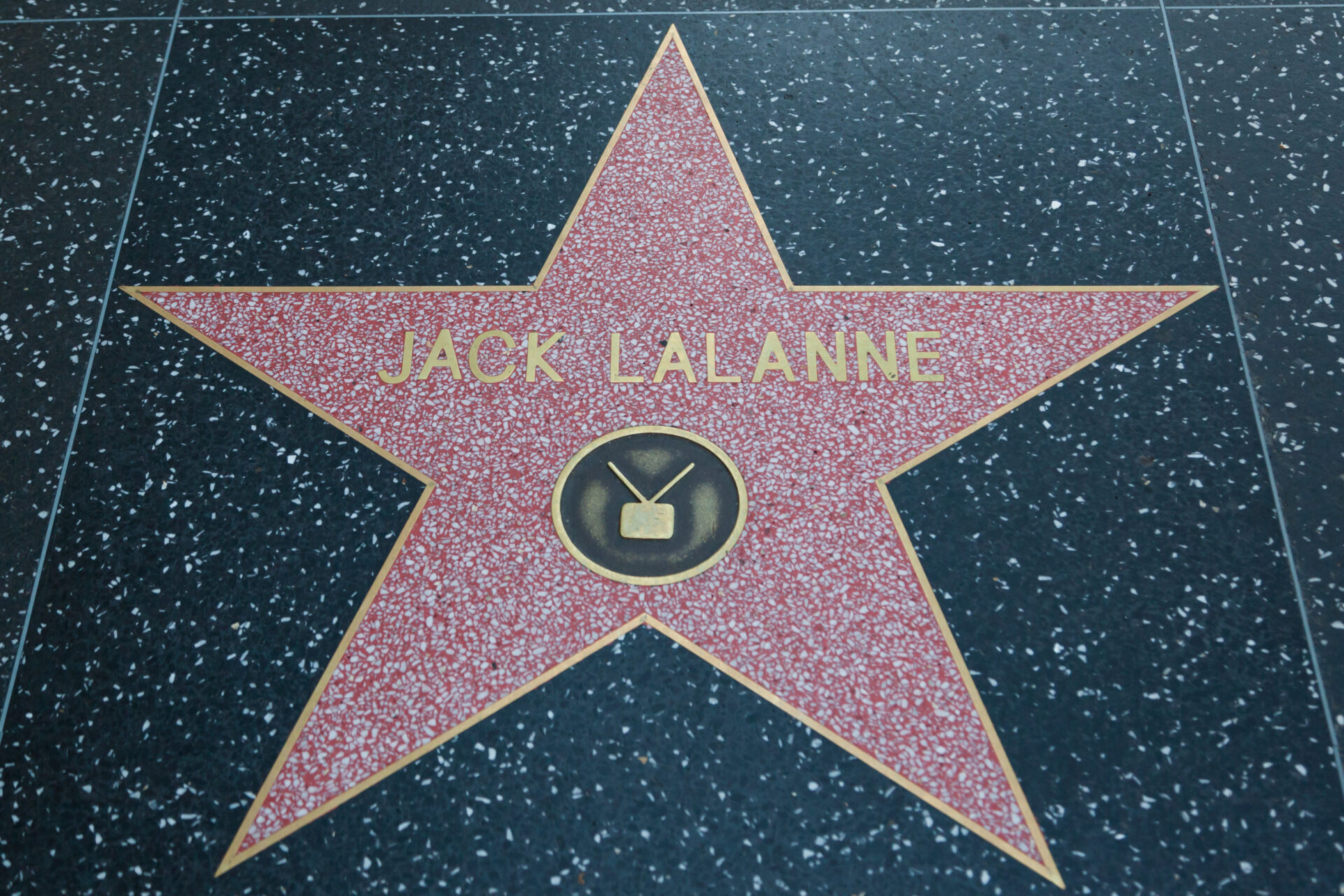
People have to take responsibility for themselves and do something about it. They have to have Pride and Discipline. If you have these two elements, you won’t fail in life’s endeavors.
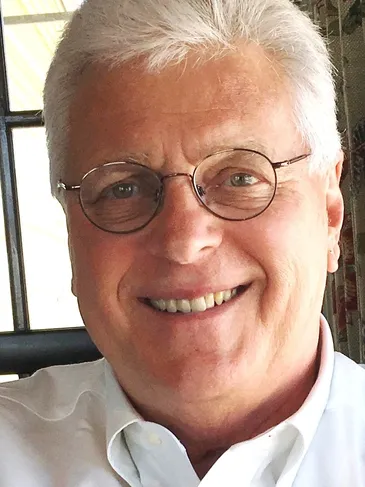
An [effective] sampling strategy—by measuring cleanliness against a well-defined sampling standard—provides statistical validity to … inspection [and focuses] attention to areas needing improvement. (Source: The Housekeeping and Sanitation Inspection Strategy and Evaluation Matrix)
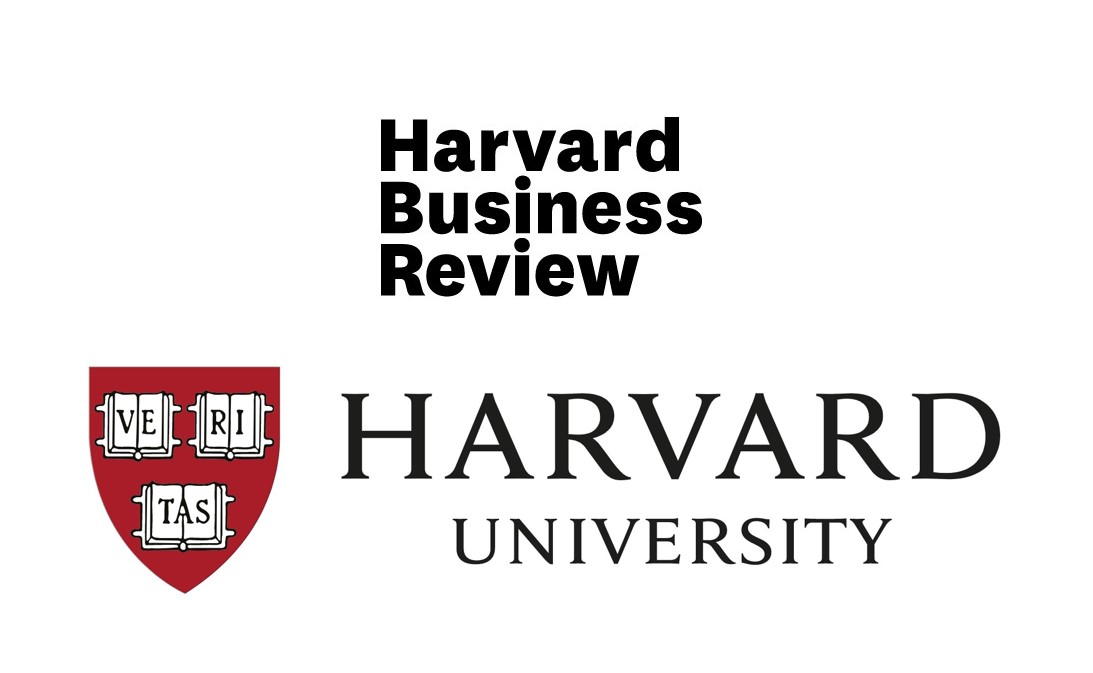
9 out of 10 people are willing to earn less money to do more meaningful work.
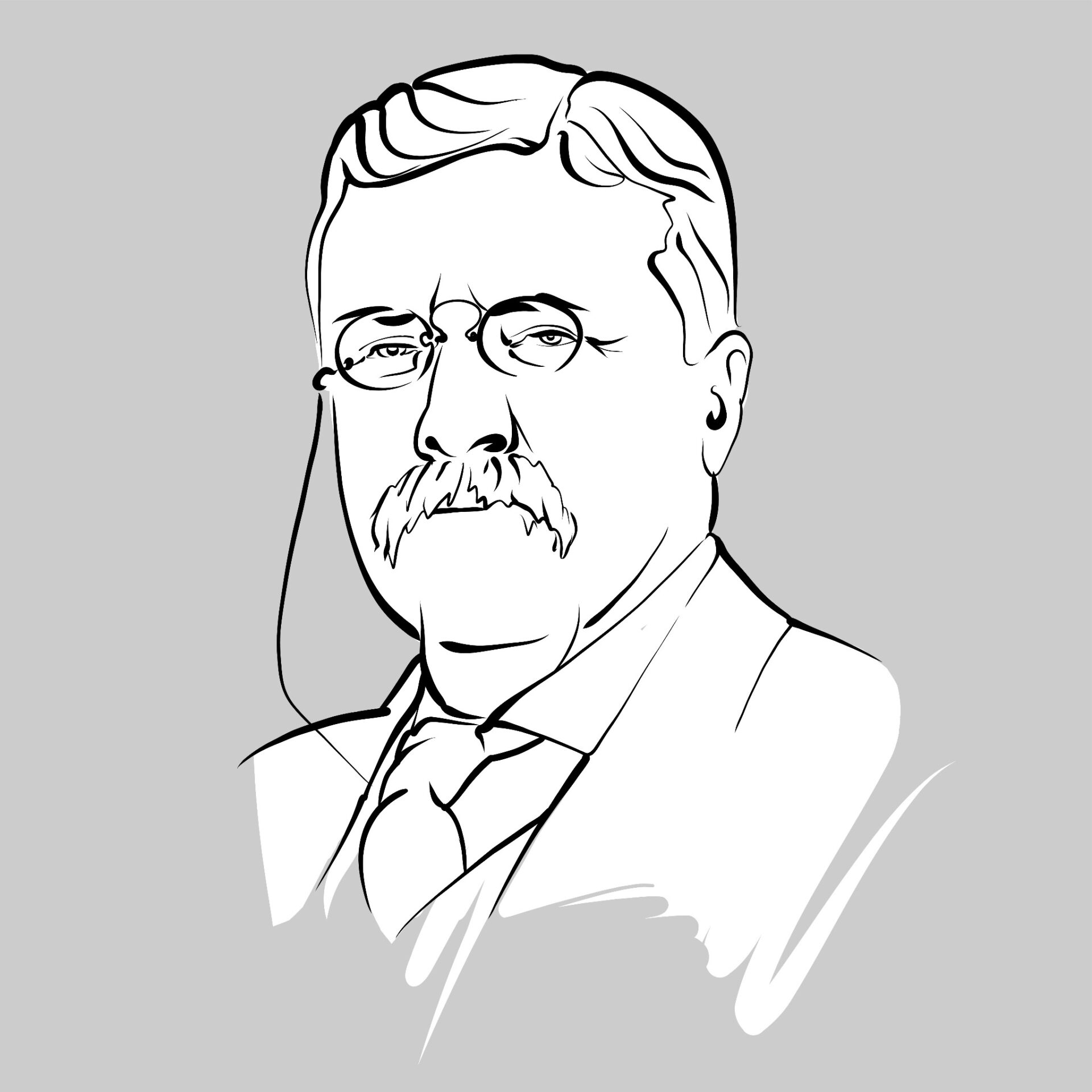
It is not the critic who counts; not the man who points out how the strong man stumbles or where the doer of deeds could have done them better. The credit belongs to the man who is actually in the arena, whose face is marred by dust and sweat and blood; who strives valiantly; who errs, who comes short again and again…

Fear and pain should be treated as signals not to close our eyes but to open them wider.
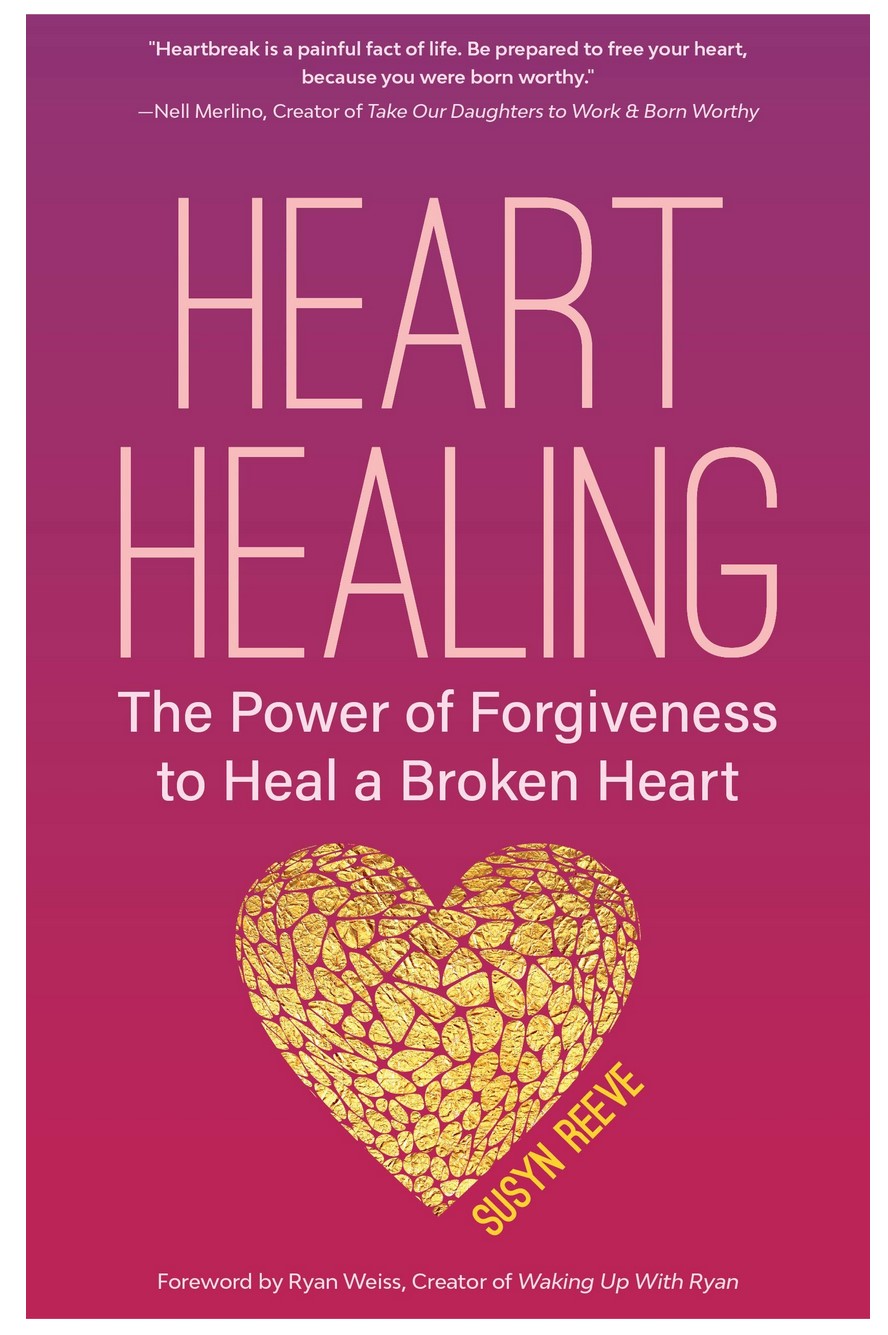
I [keep] reminding myself that my relationship with myself forms the blueprint for all the relationships in my life.
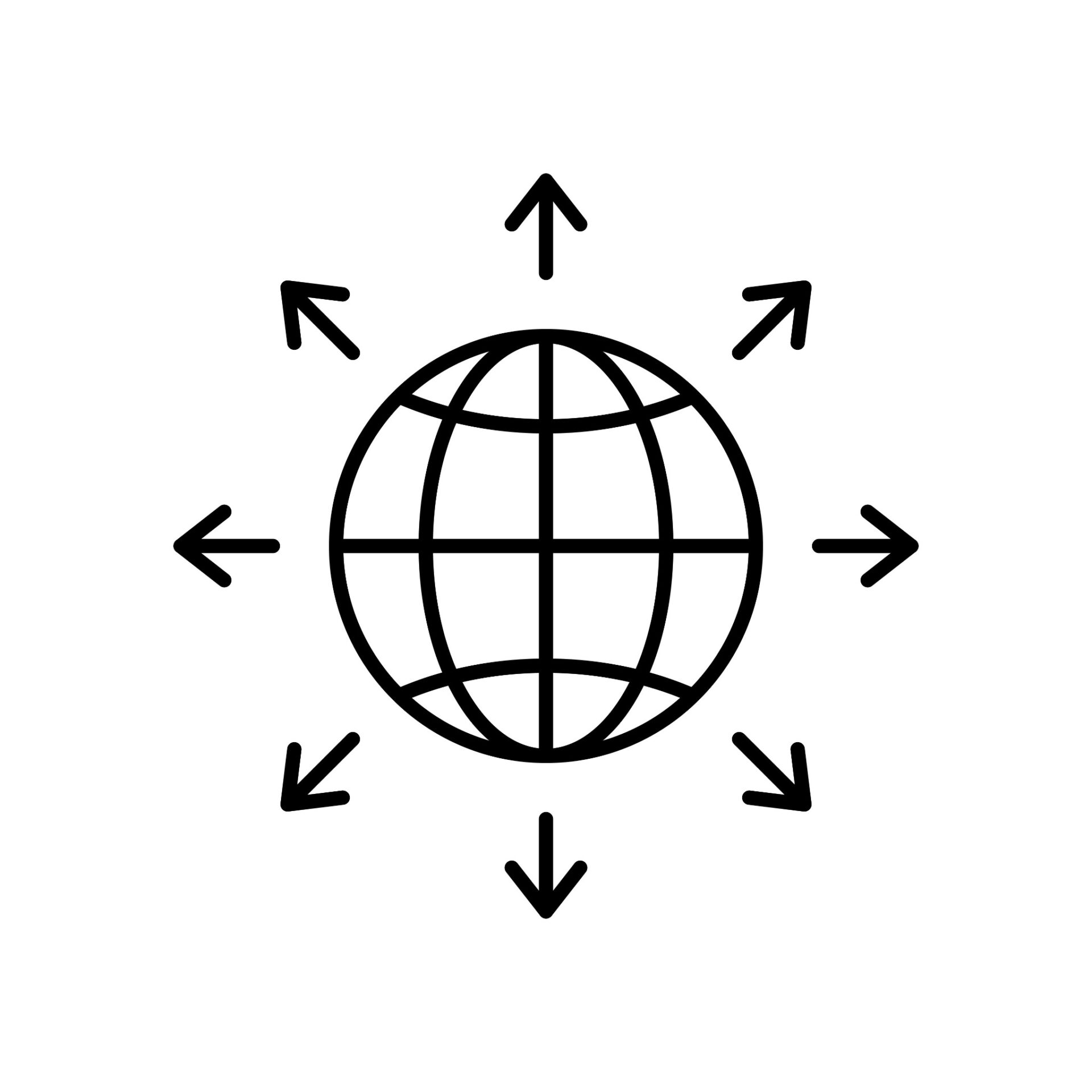
Competition should be directed toward expansion of the market and to meet needs not yet served.

As I see it, the issue is quality—quality of product, quality of service, quality of work environment, and quality of cooperation between government and industry…By focusing on a system of quality, everybody wins.

Long-term basic research, where future value can’t be quantified [but which is often enormous], can compete for funding with advances … that can be developed more quickly to meet sales and profit goals. [brackets ours]

An example of a system, well optimized, is a good orchestra. The players are not there to play solos as prima donnas, each one trying to catch the ear of the listener. They are there to support each other. Individually, they need not be the best players in the country.

Management’s job is to help everybody win.
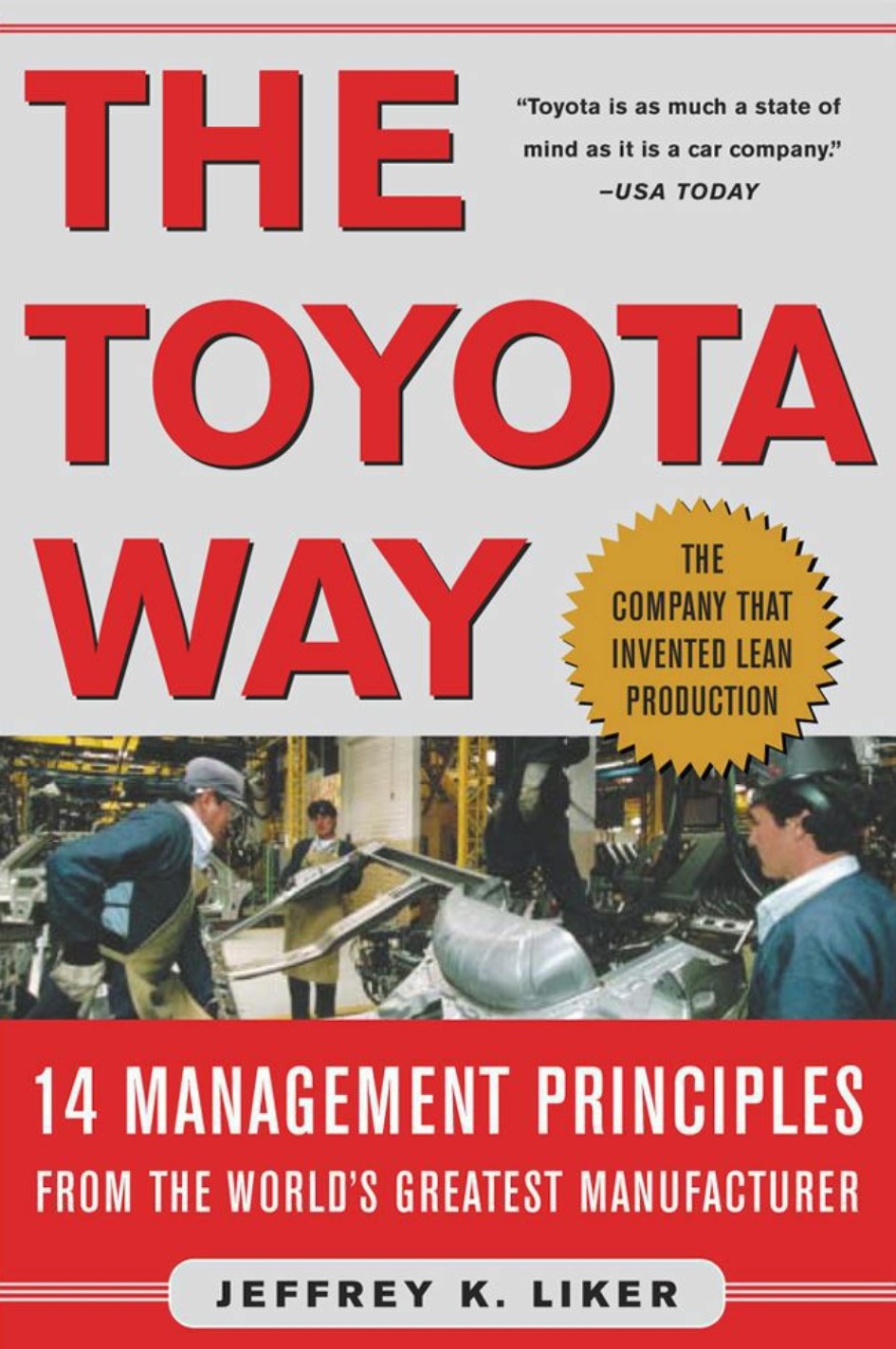
The Toyota Way can be briefly summarized through the two pillars that support it: “Continuous Improvement” and “Respect for People.”

The Toyota Way is as much a state of mind as it is a car company.
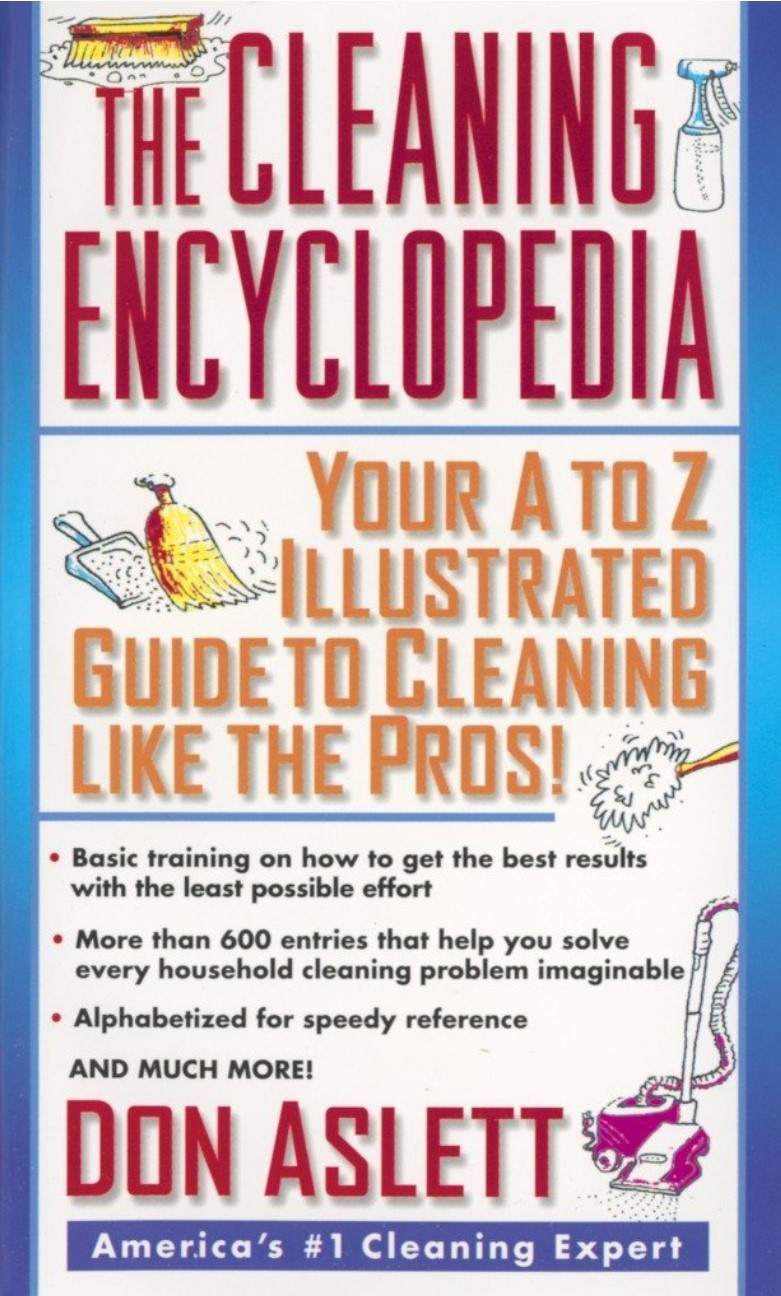
More than 40 million tons of dust settle on the United States every year, about 40 pounds of it in your house [or office].

“As Alvin Toffler alluded, measurement (and the info it provides) causes a power shift. It puts power back into the hands of users.”
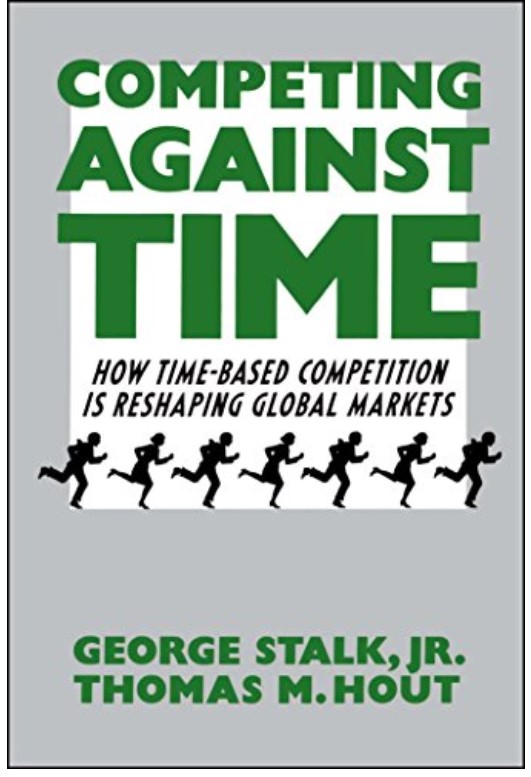
For every quartering of the time interval required to provide a service or product, the productivity of labor and of working capital can often double. These productivity gains result in as much as a 20 percent reduction in costs.

“Substantive issues need to be disentangled from relationship and process issues. The content of a possible agreement needs to be separated from questions of how you talk about it and how you deal with the other side.”
Substantive matters may include terms, conditions, and prices, while relationship issues might be trust, acceptance, and kindness, etc.
“A good working relationship tends to make it easier to get good substantive outcomes (for both sides). Good substantive outcomes tend to make a good relationship even better.”
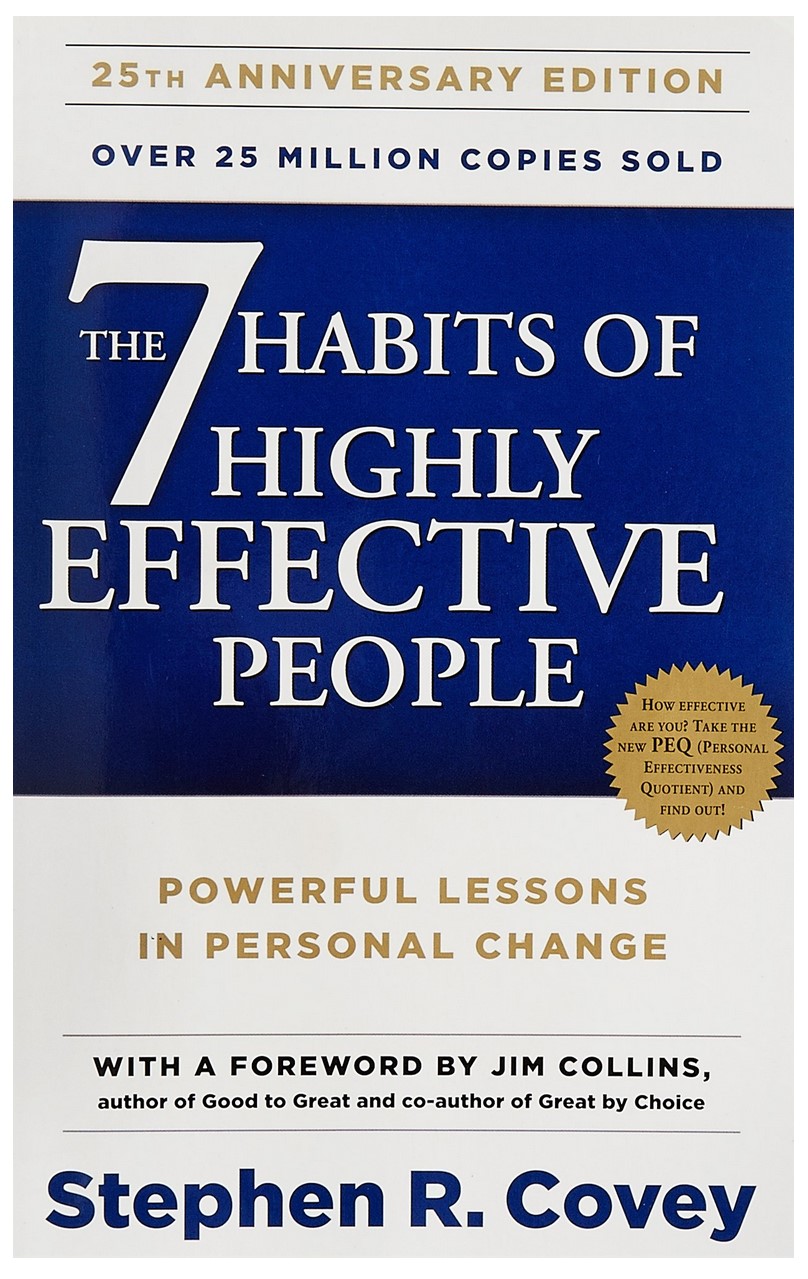
Every hour spent in correct understanding saves 10-100 hours in dealing with problems from not understanding.
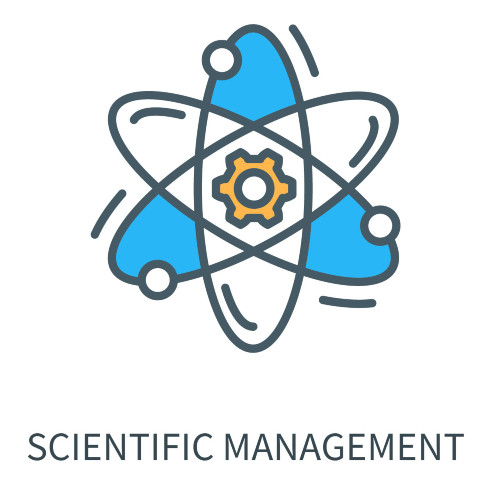
“In the past the man has been first; in the future the system must be first.”

“The principal object of management should be to secure the maximum prosperity for the employer, coupled with the maximum prosperity for each employee.”

“Toyota turned scientific management on its head and turned over control of standardization to work teams. While Taylor strictly focused on individual incentives for productivity, Toyota distributes work to teams. Groups, not individuals, take on responsibility. Performance measures are about how the group is doing.”
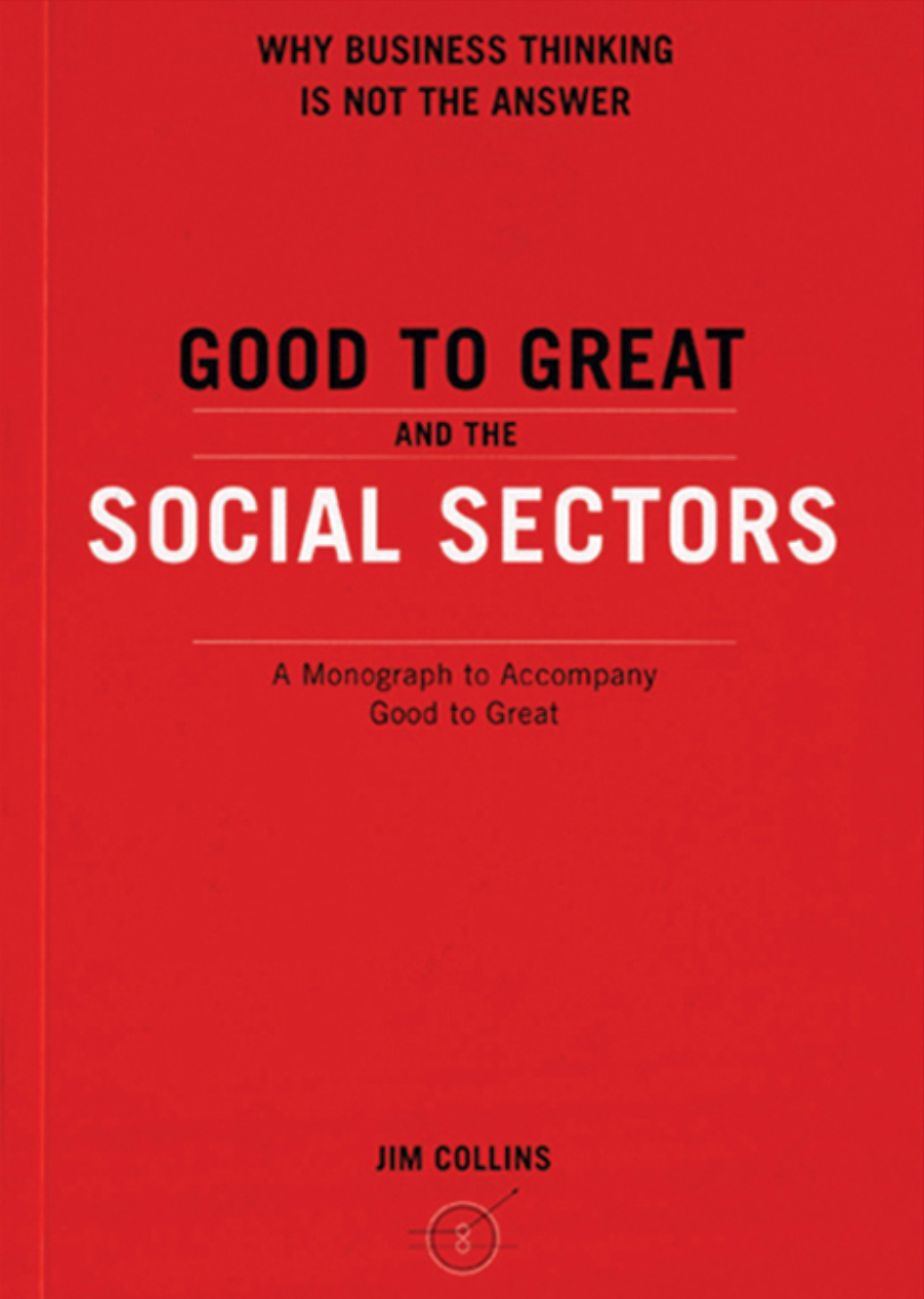
“It occurs to me, Jim, that you spend too much time trying to be interesting. Why don’t you invest more time being interested?”
– Professor John Gardner to Jim Collins (author of Good to Great) in Jim’s first year on the Stanford Faculty (1988).
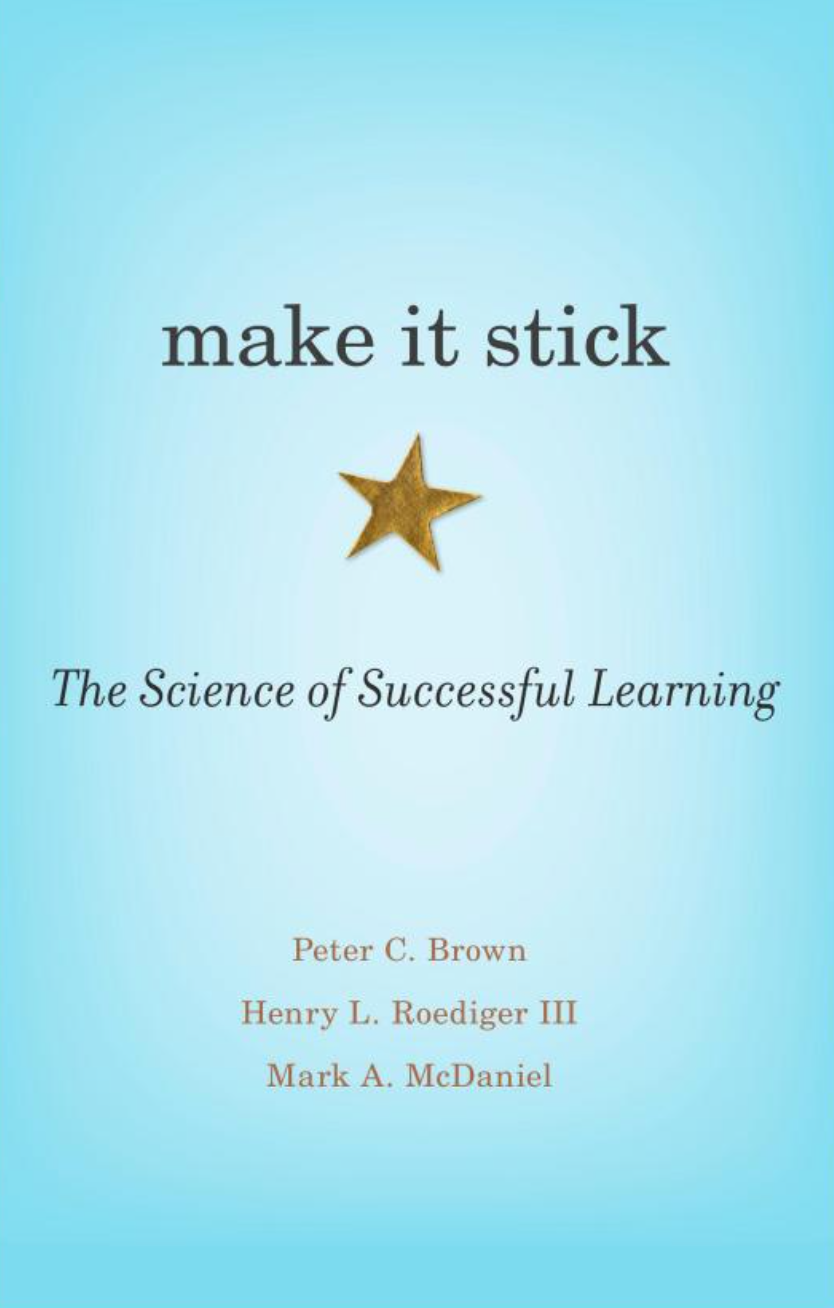
Learning is deeper and more durable when it’s effortful. Learning that’s easy is like writing in sand, here today and gone tomorrow.

Clarity precedes competence.
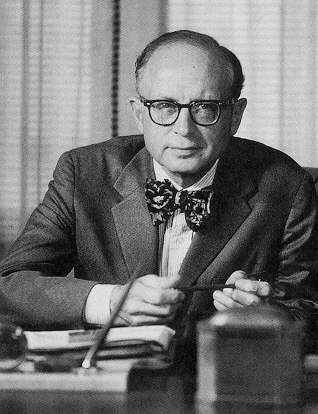
The greatest obstacle to discovery is not ignorance – it is the illusion of knowledge.
